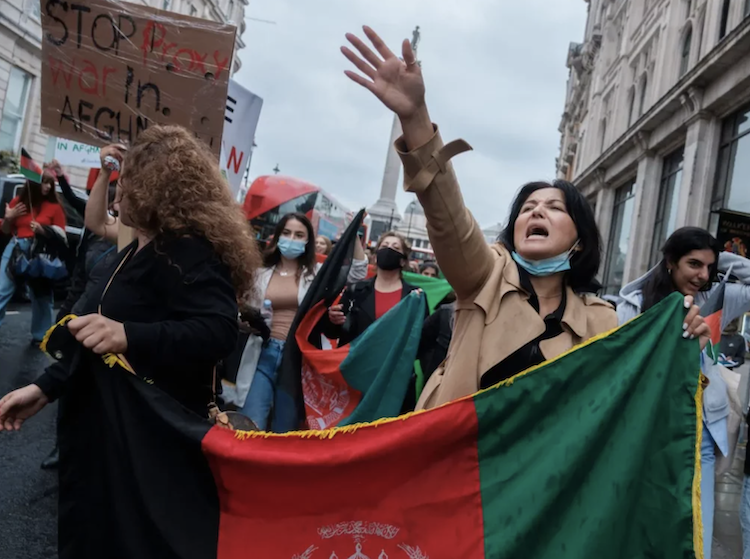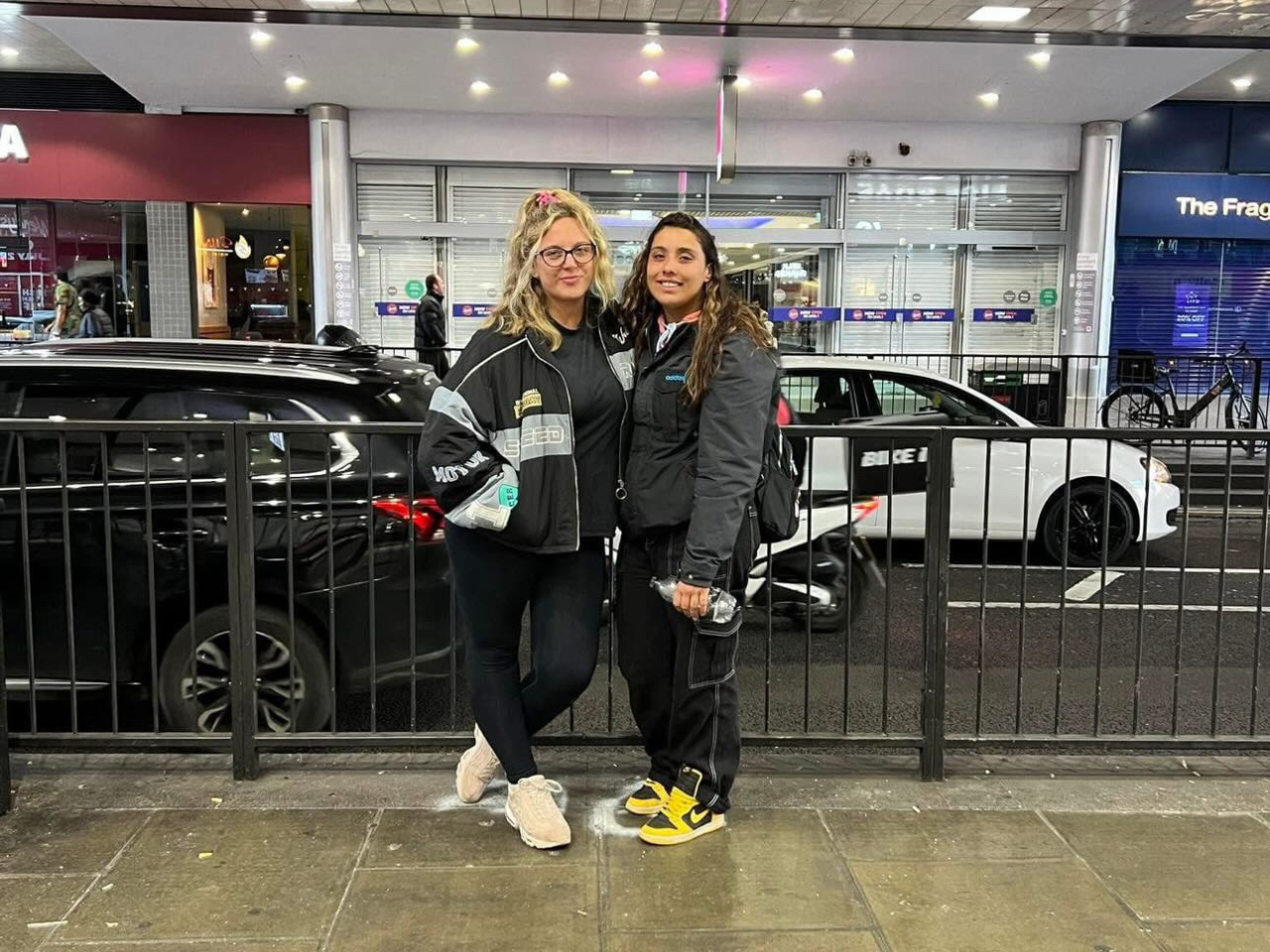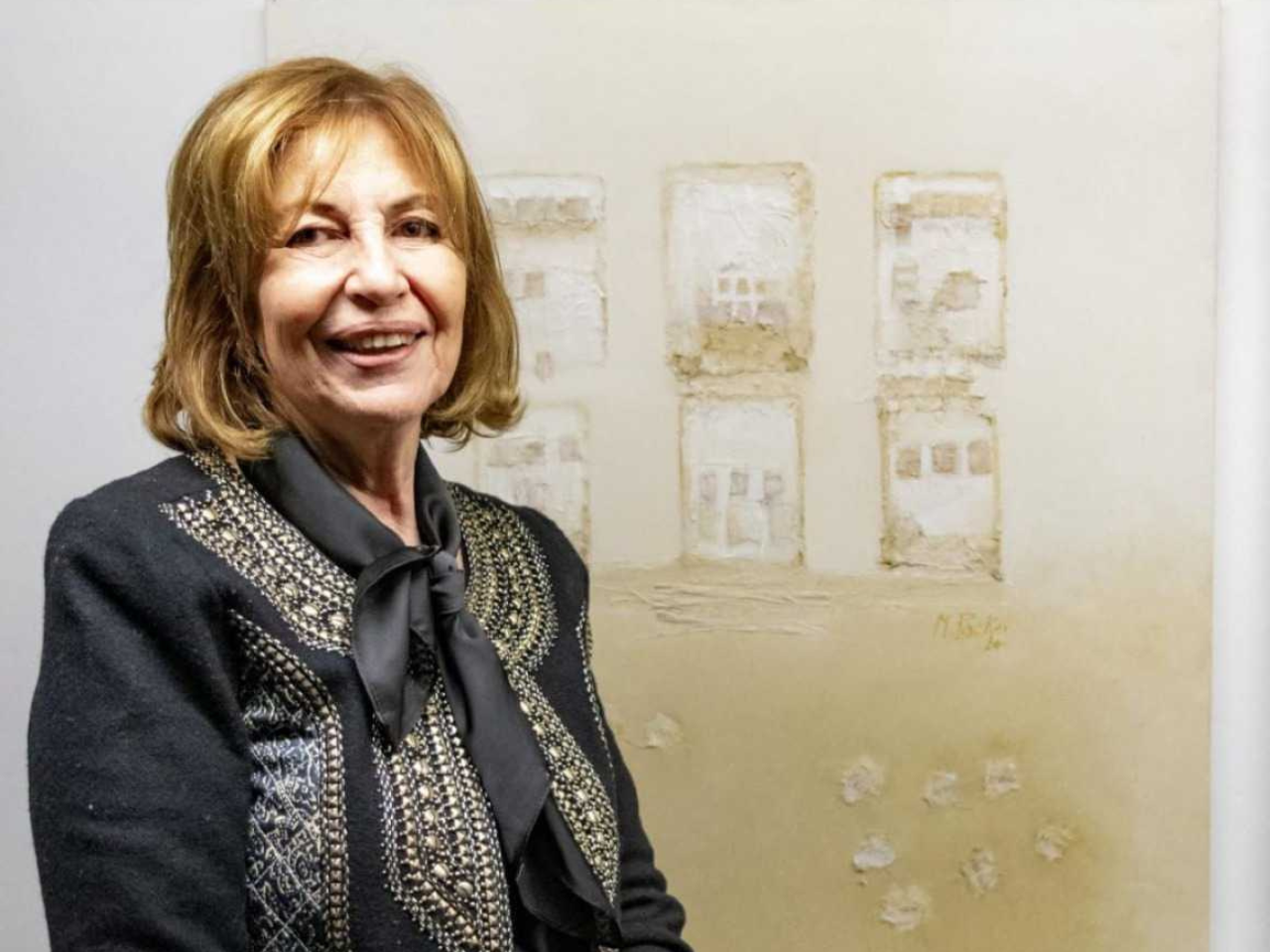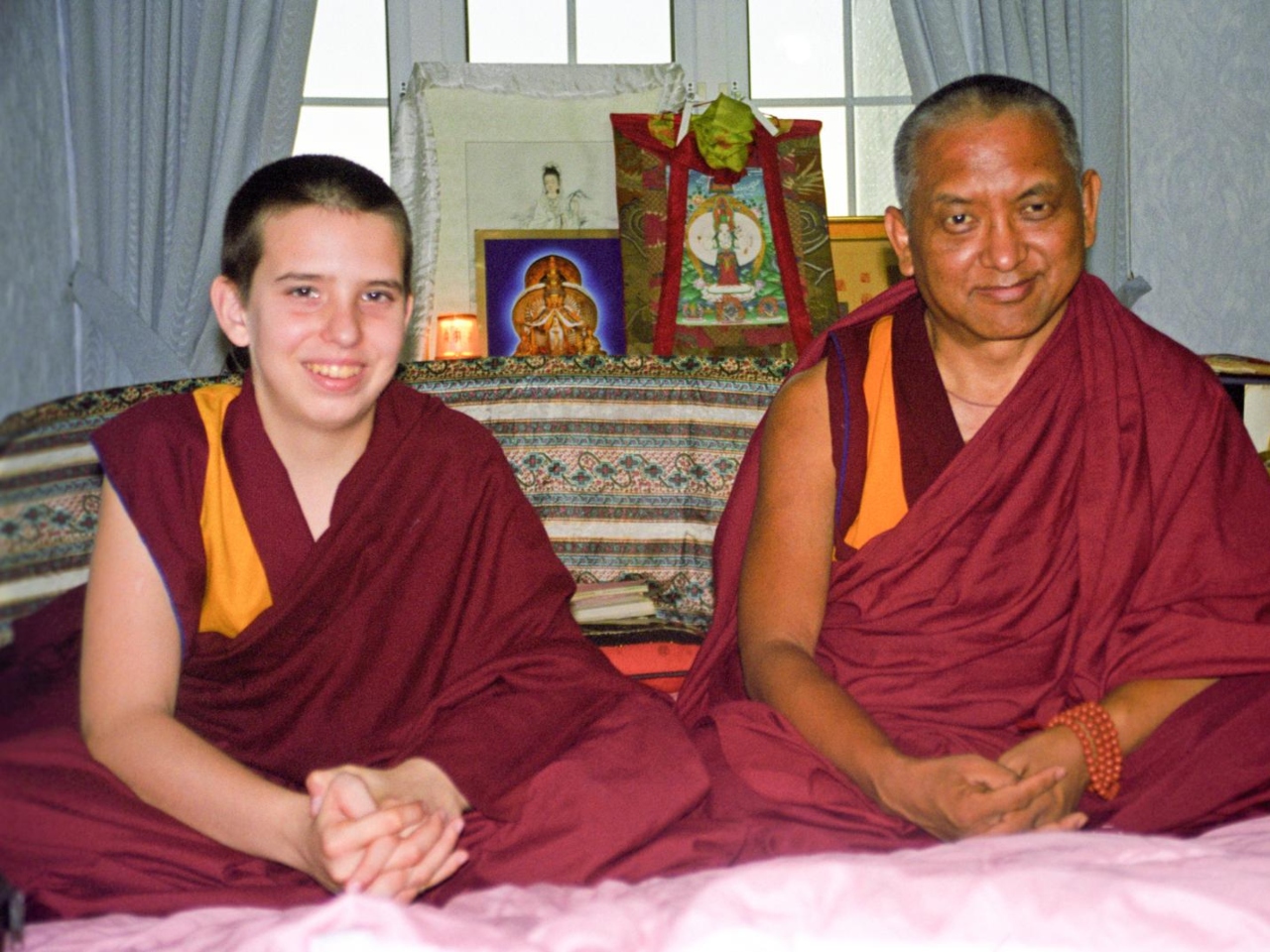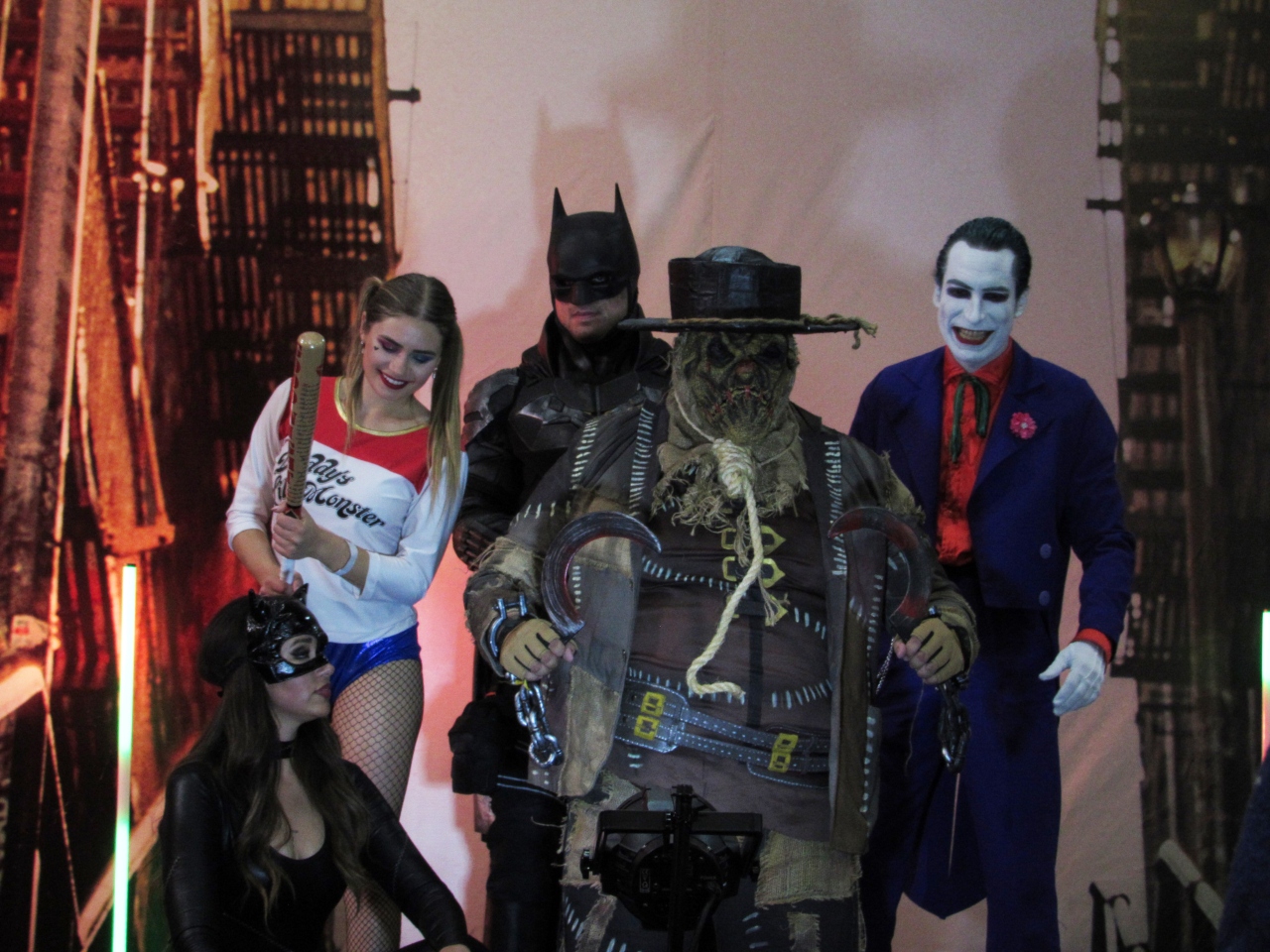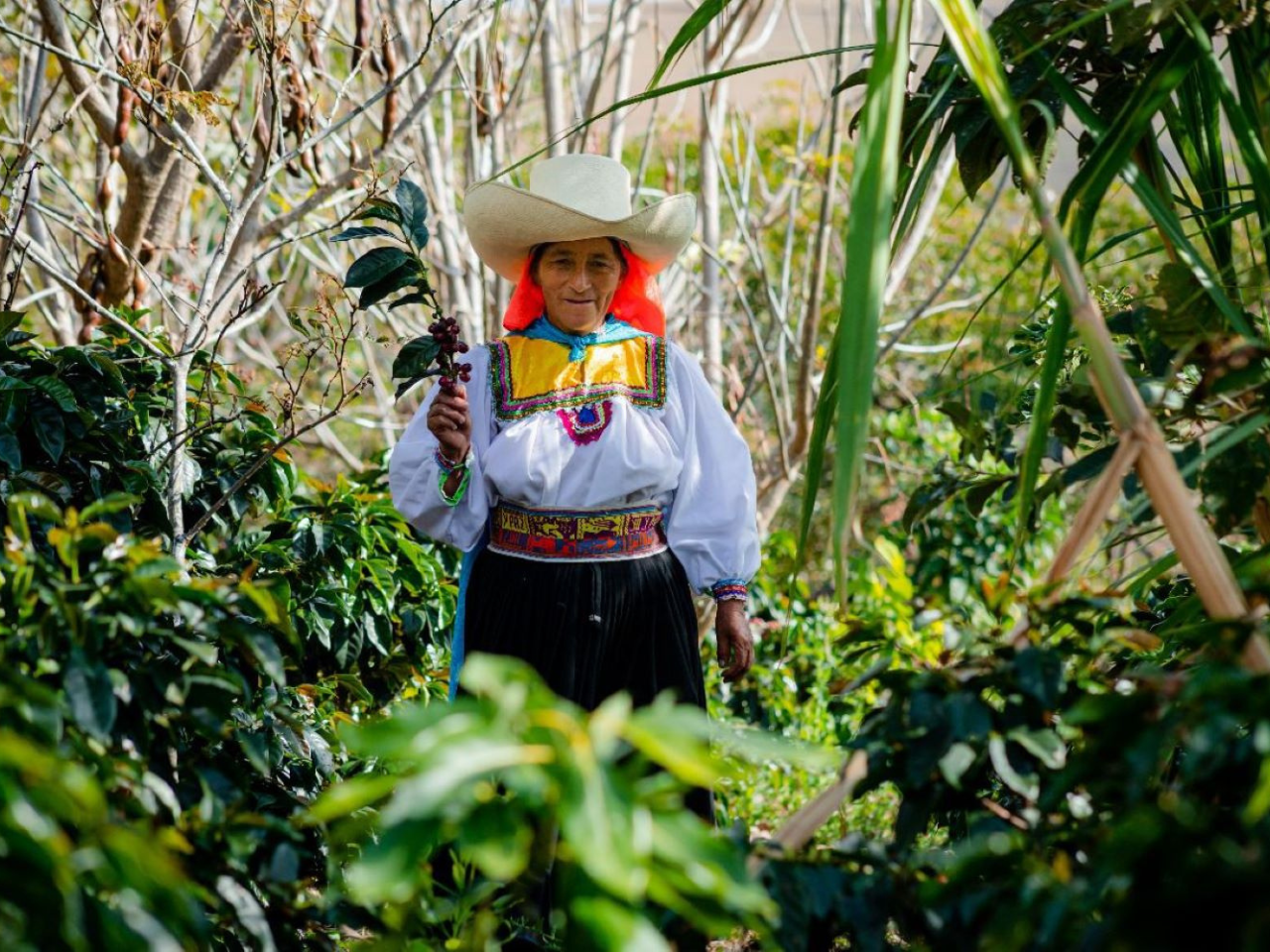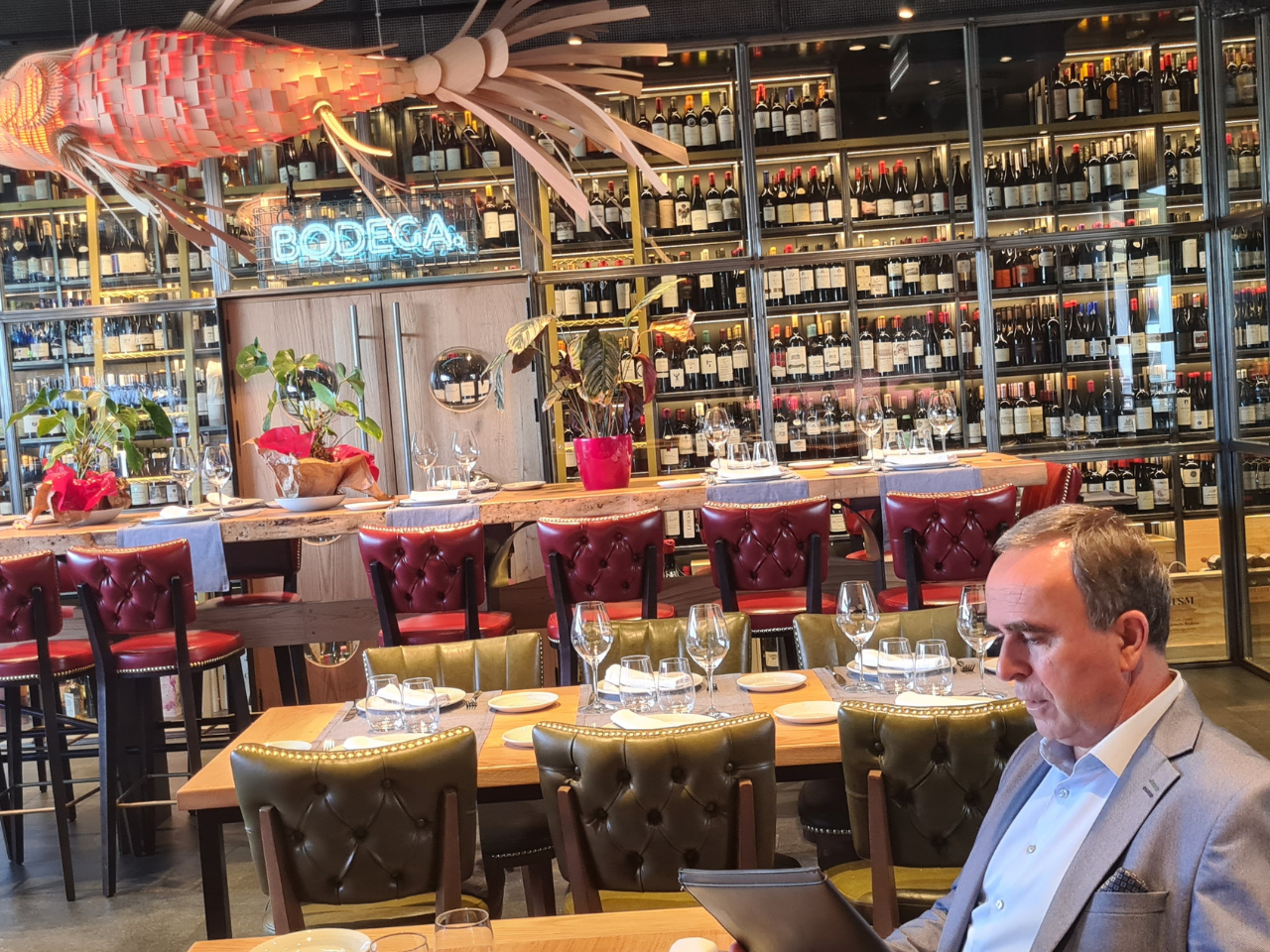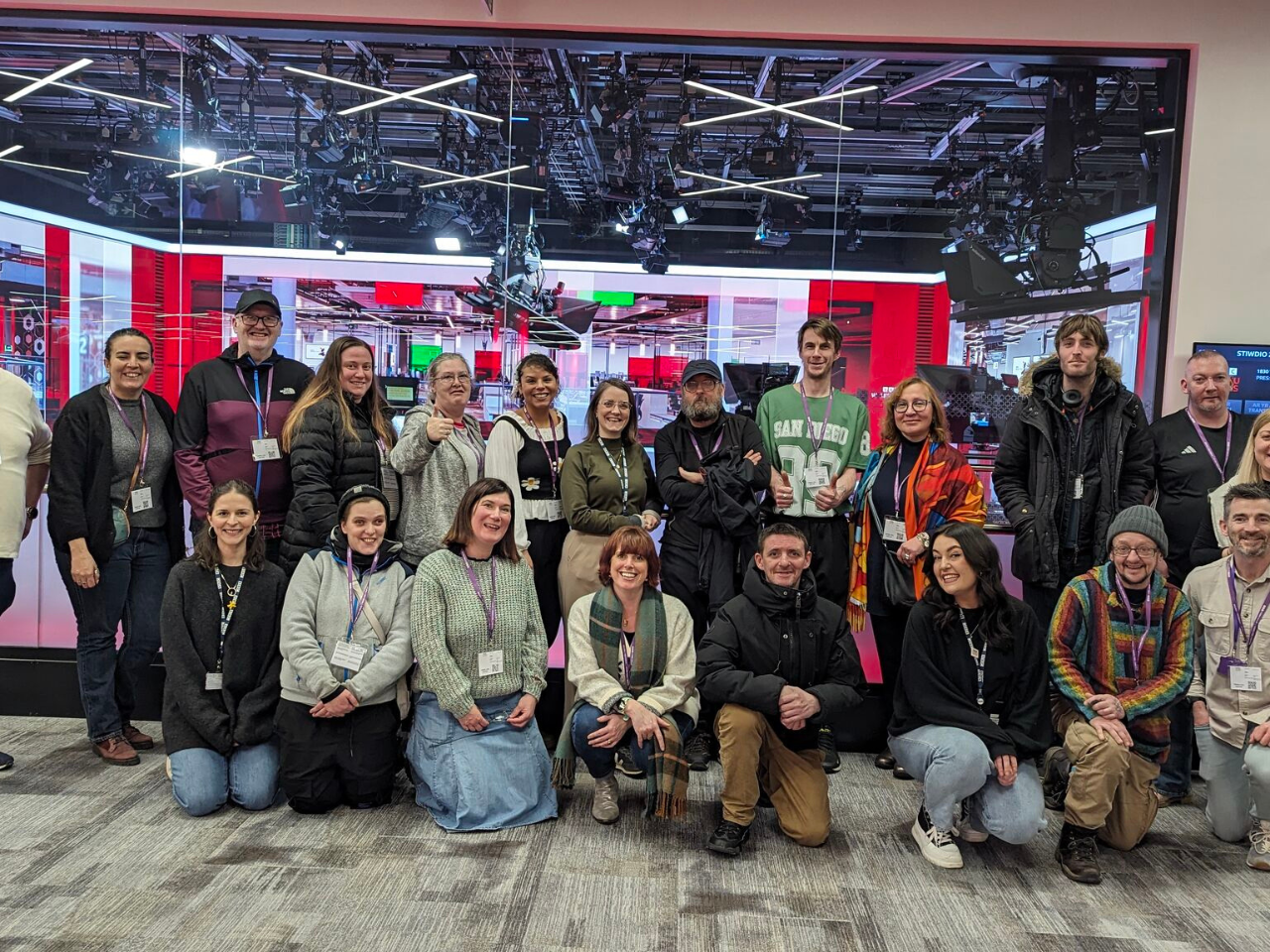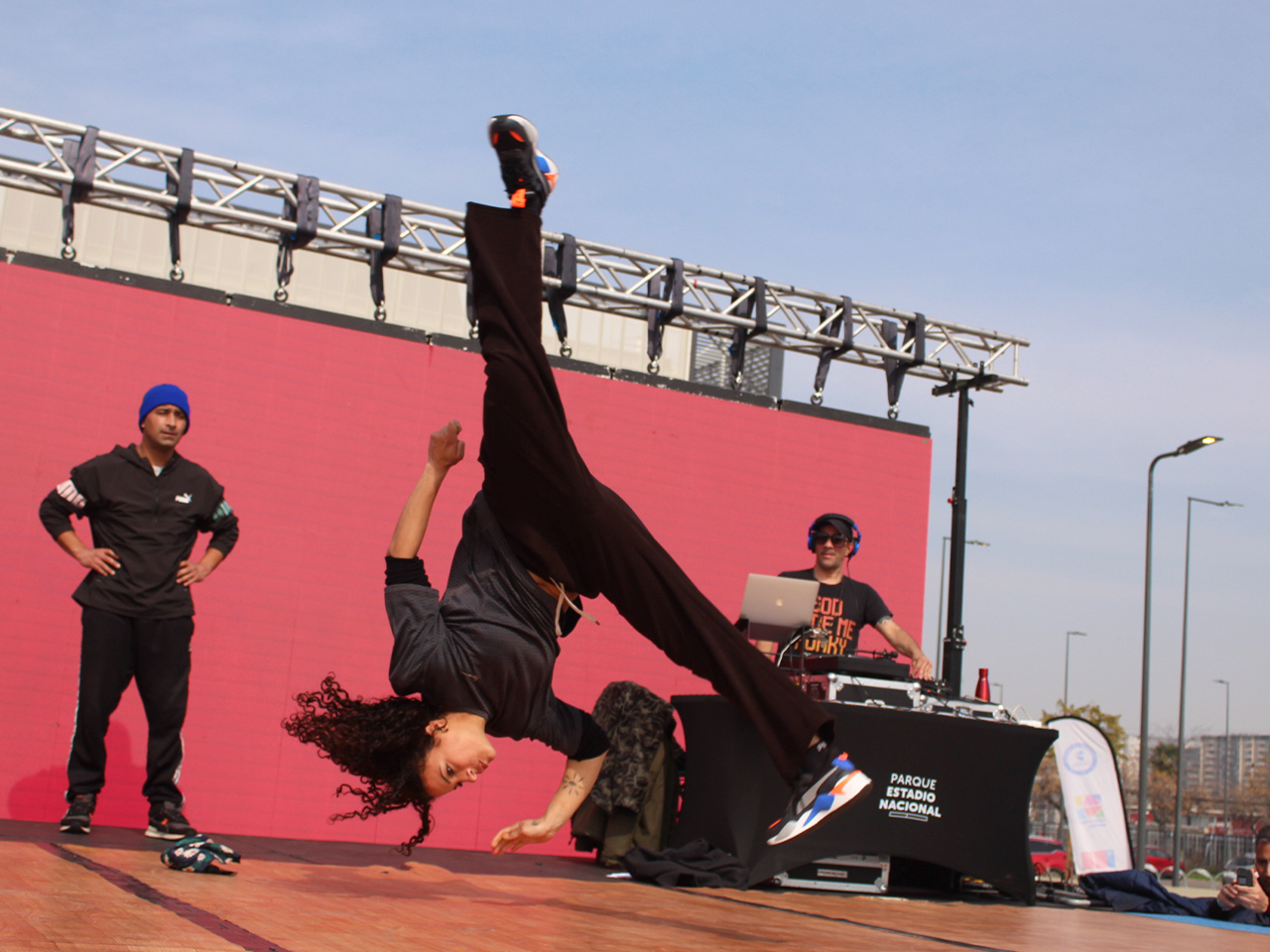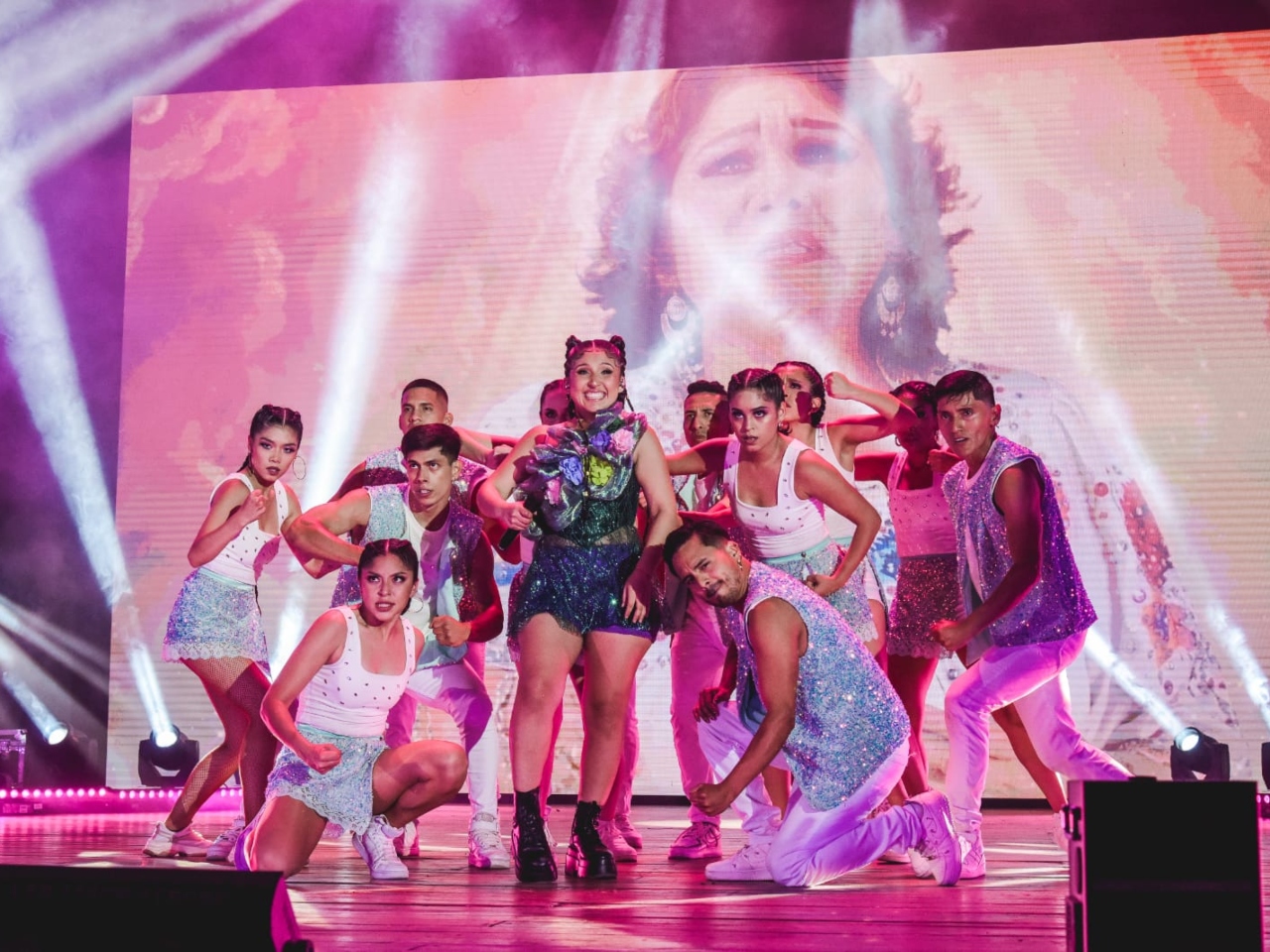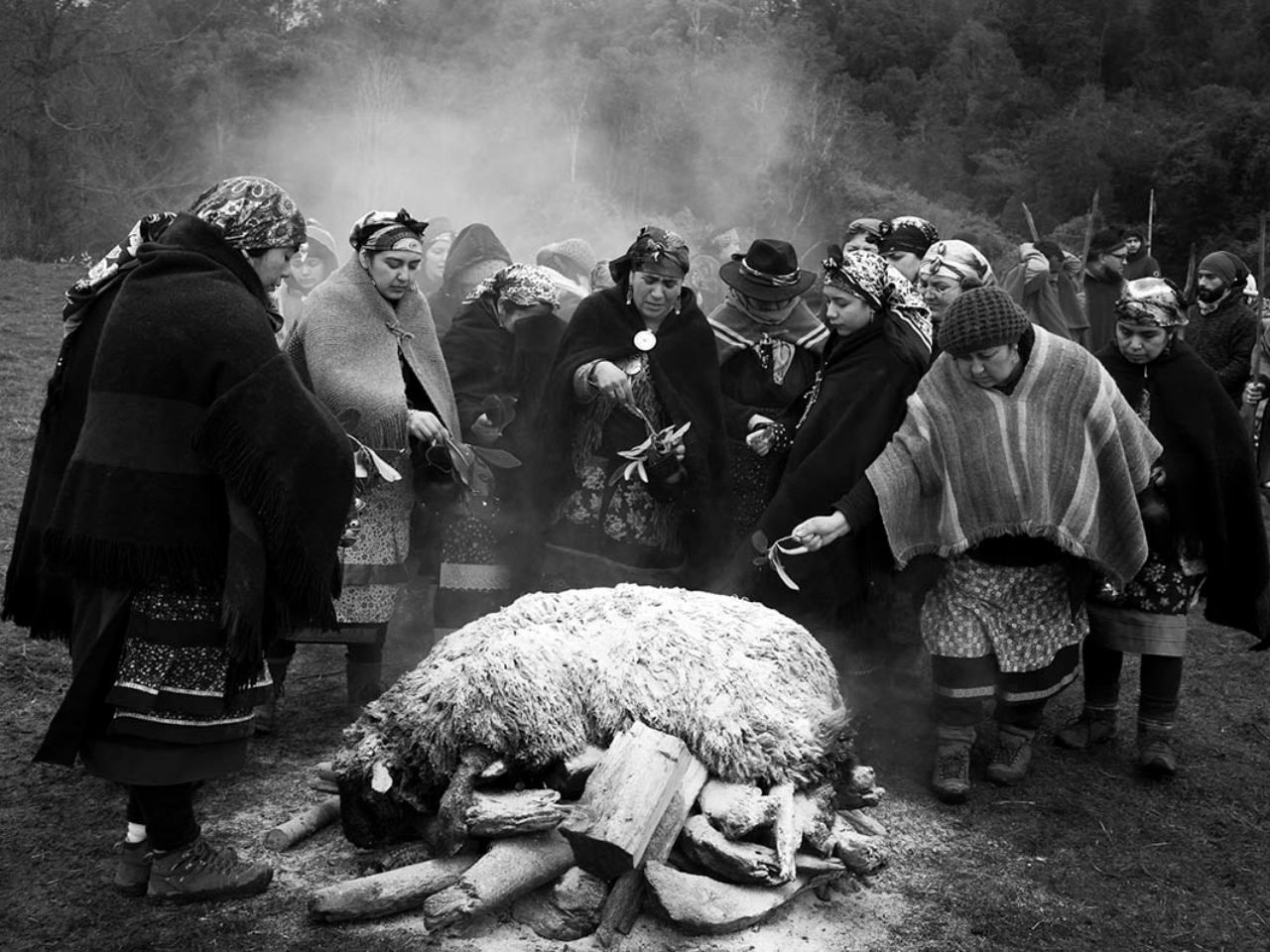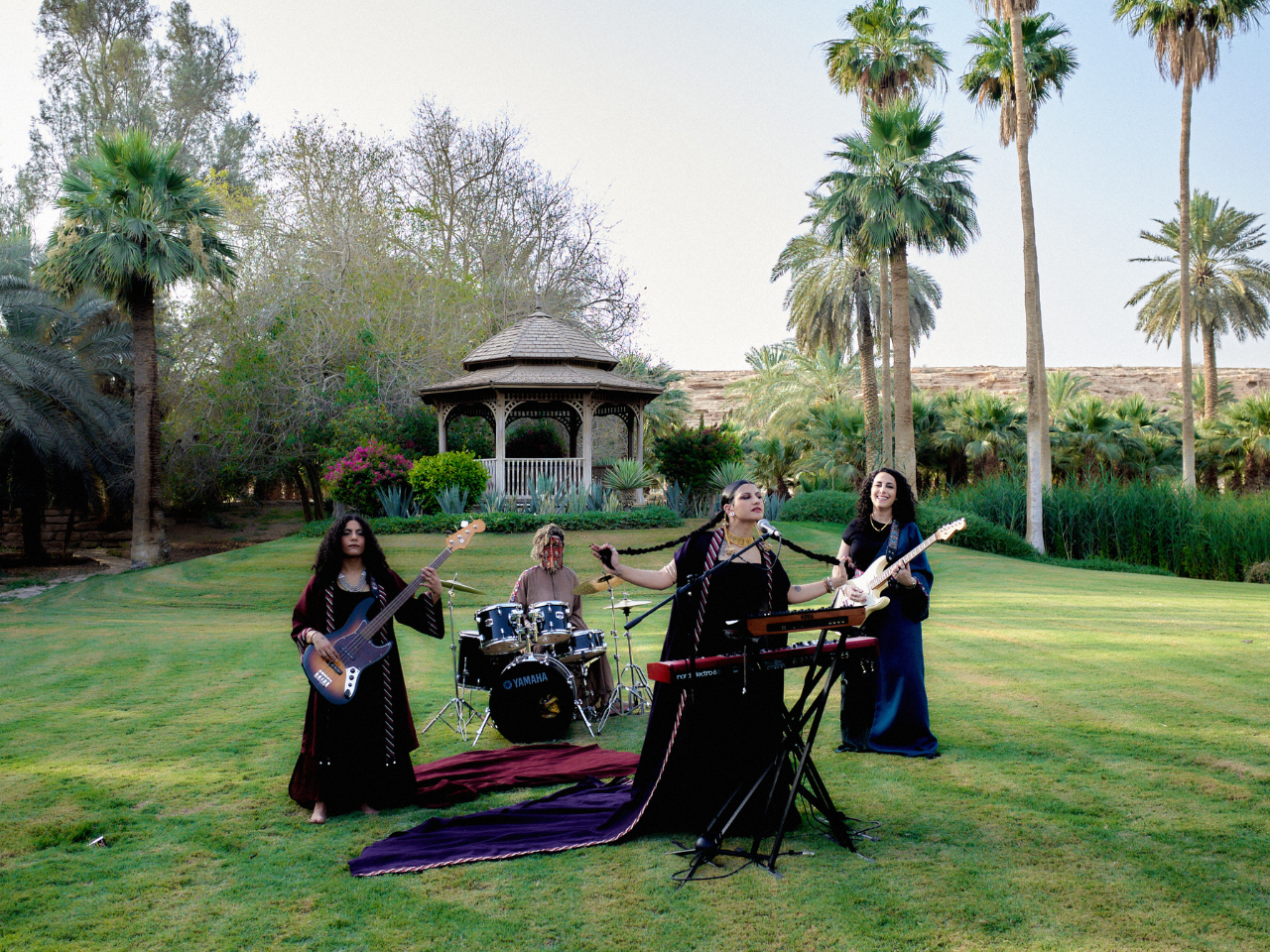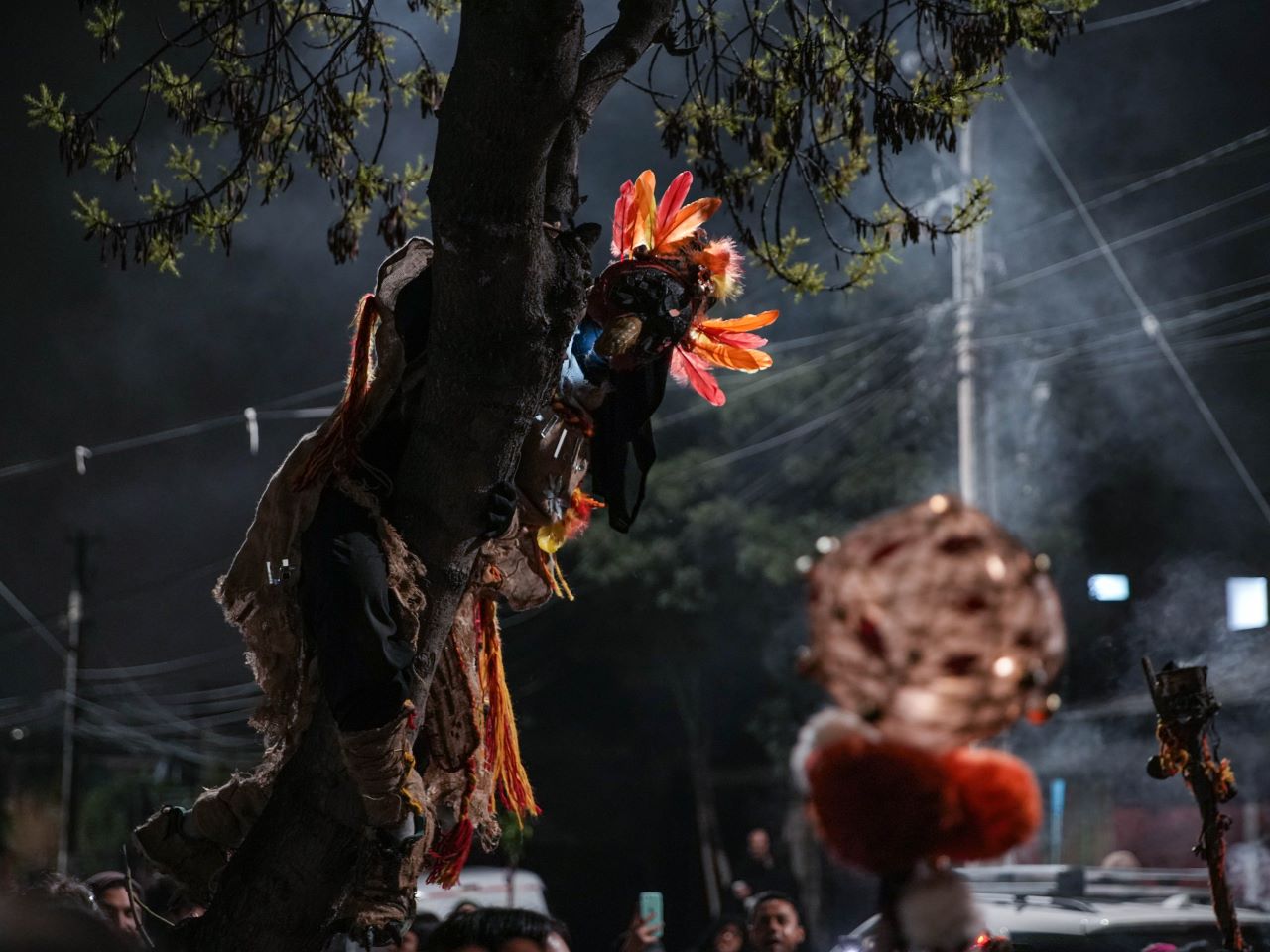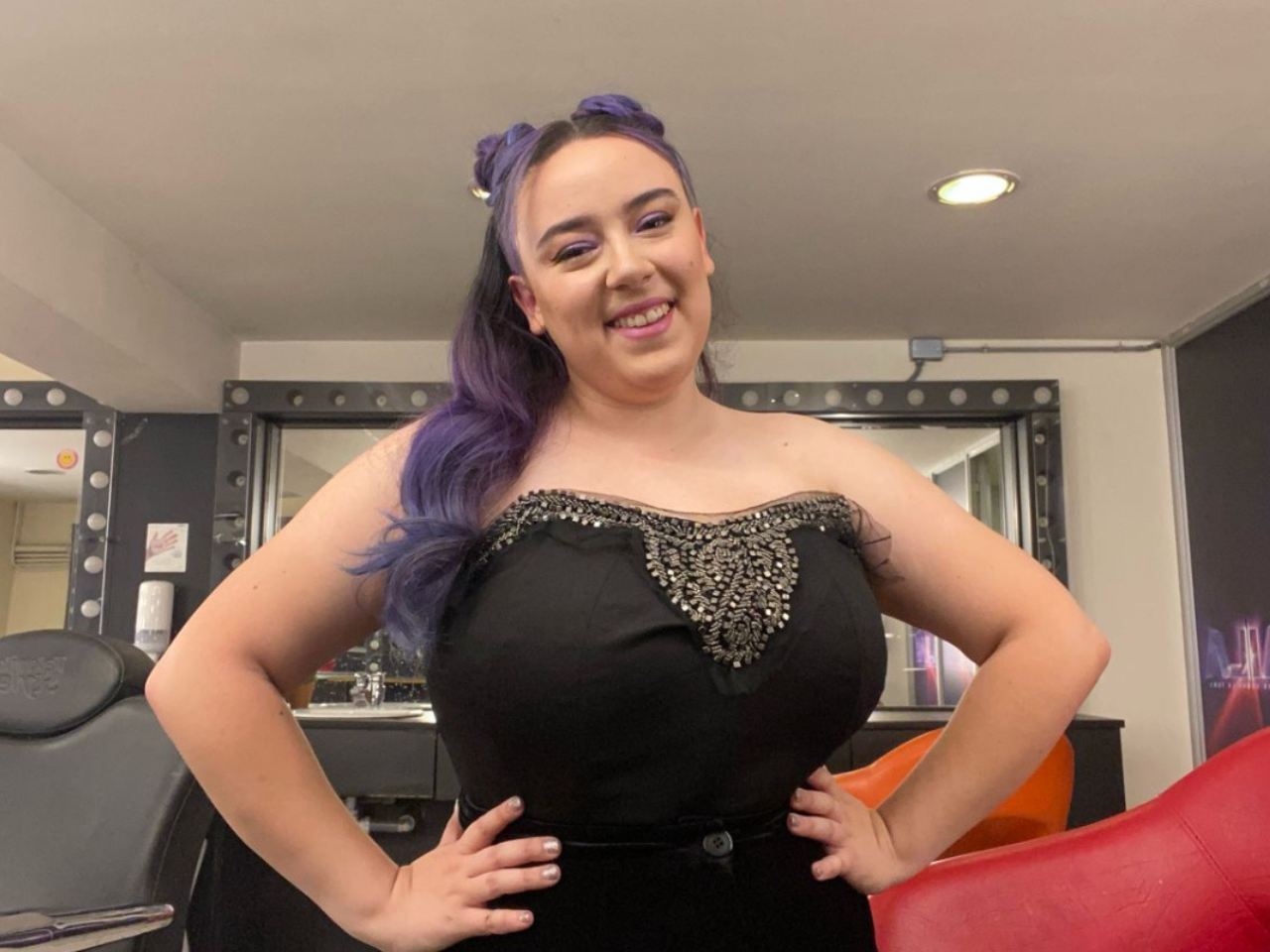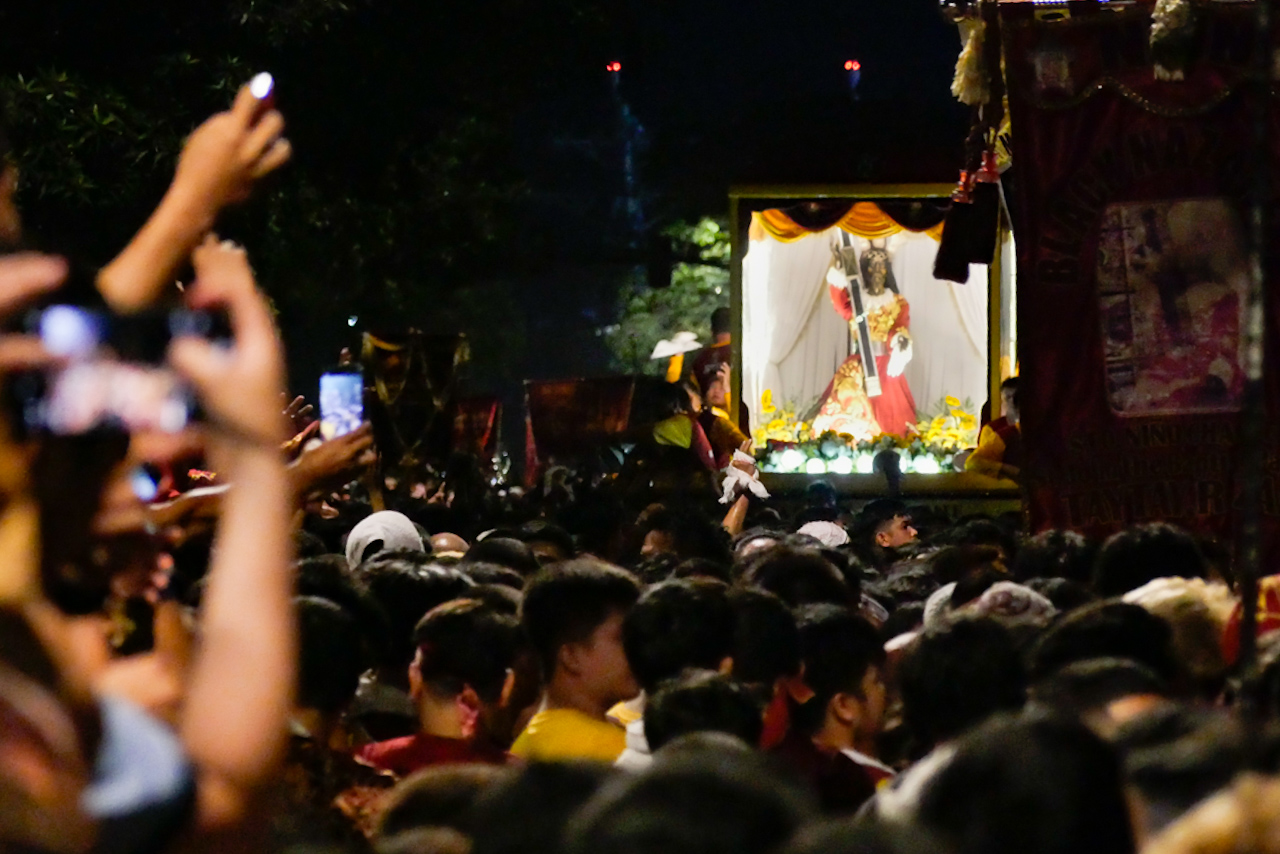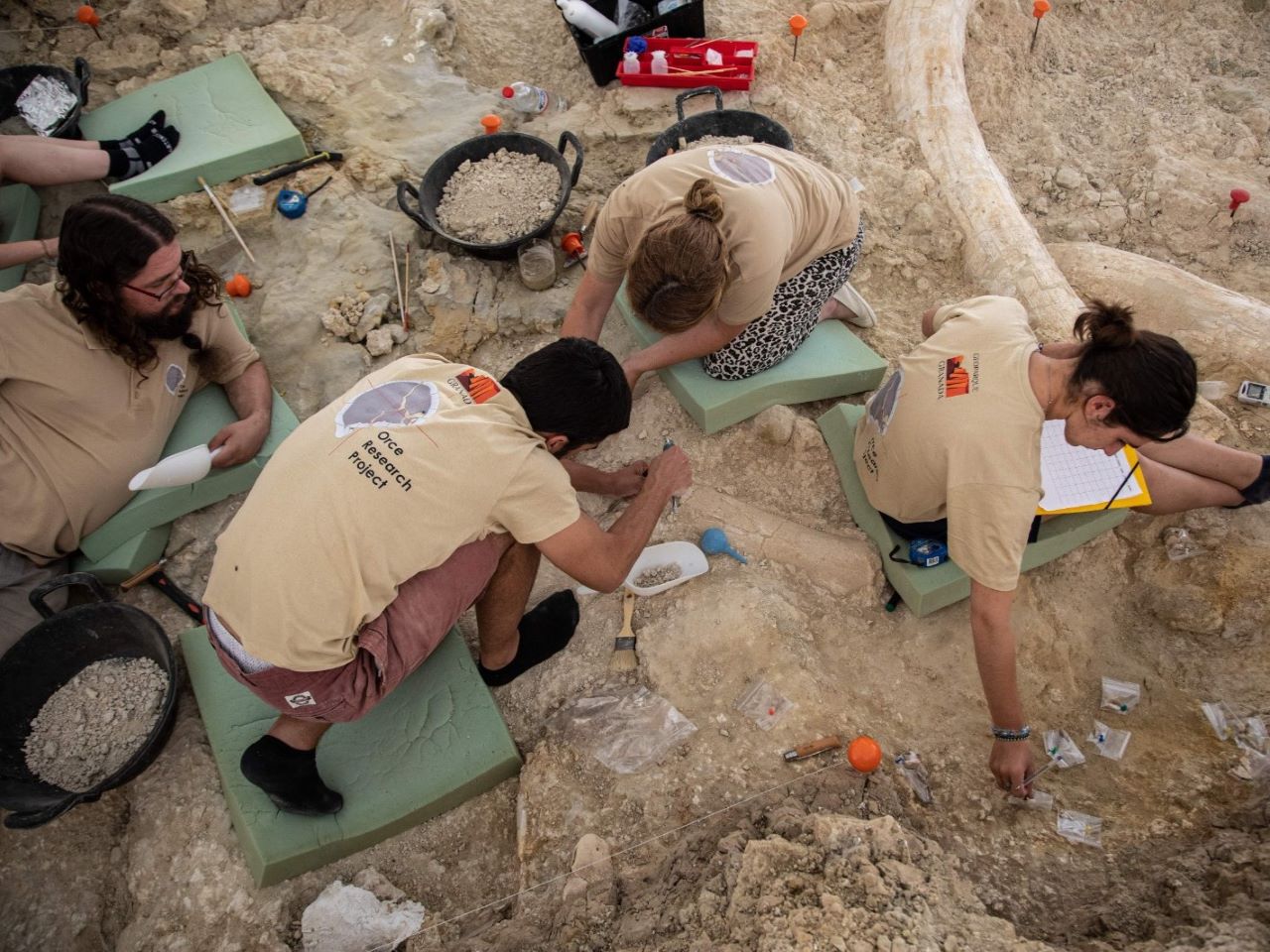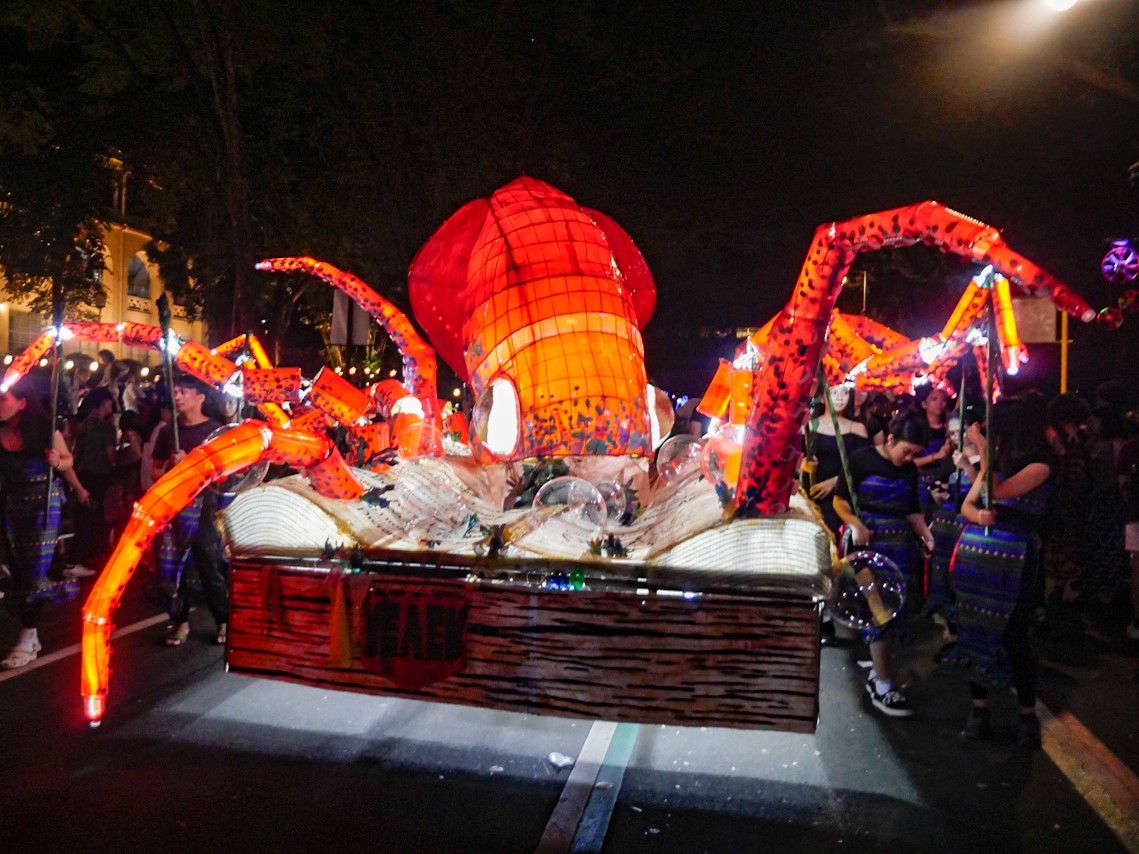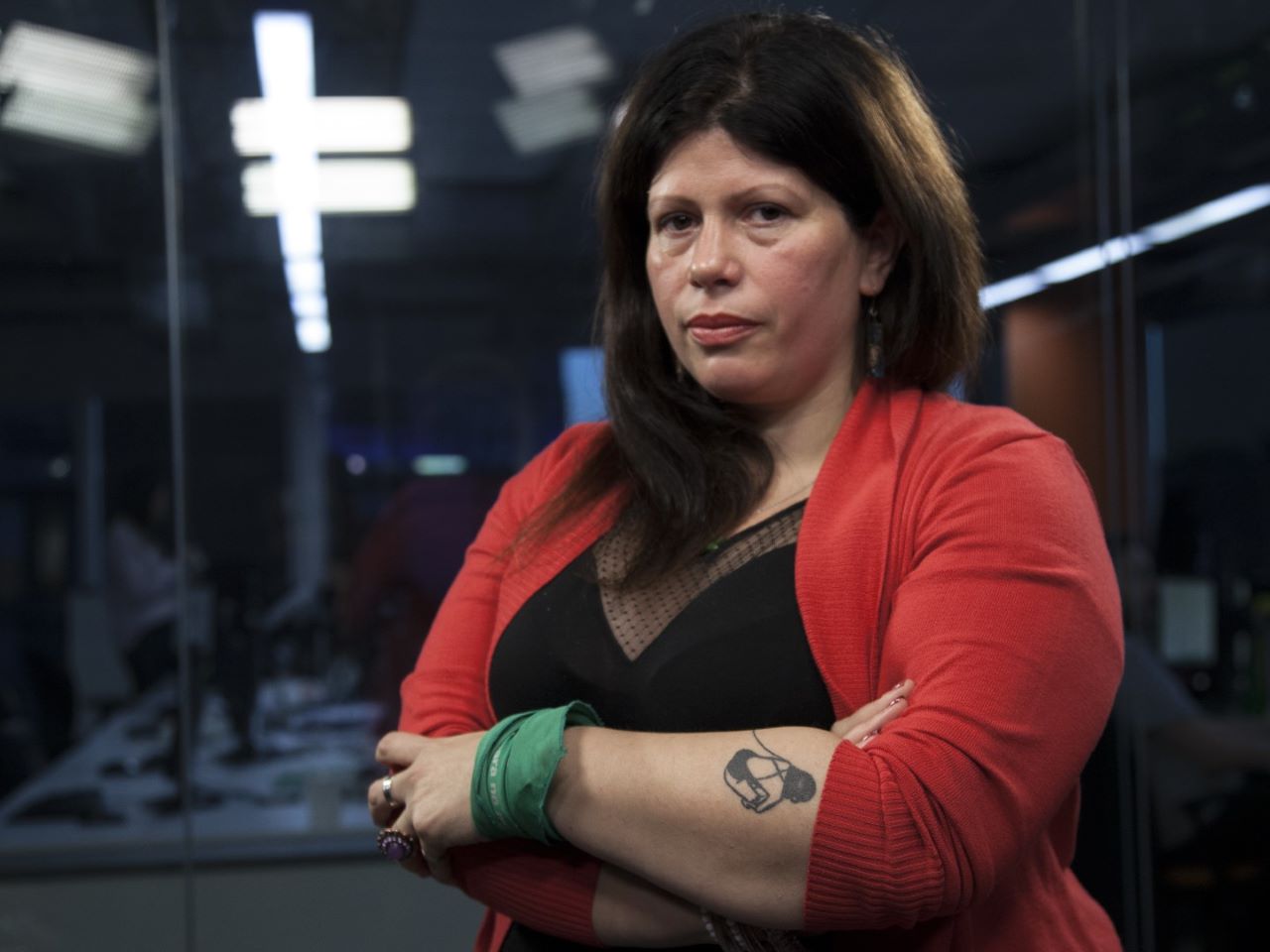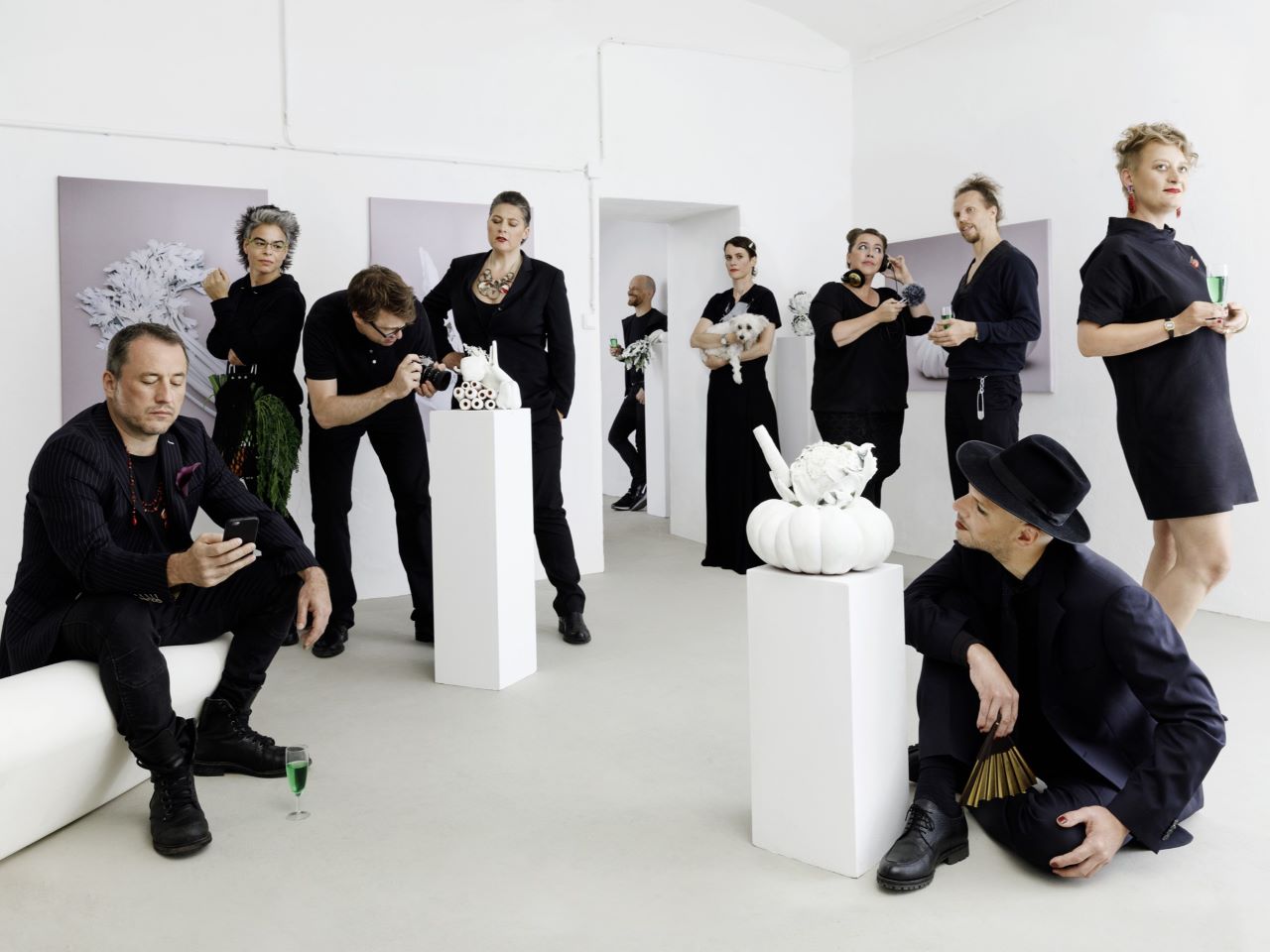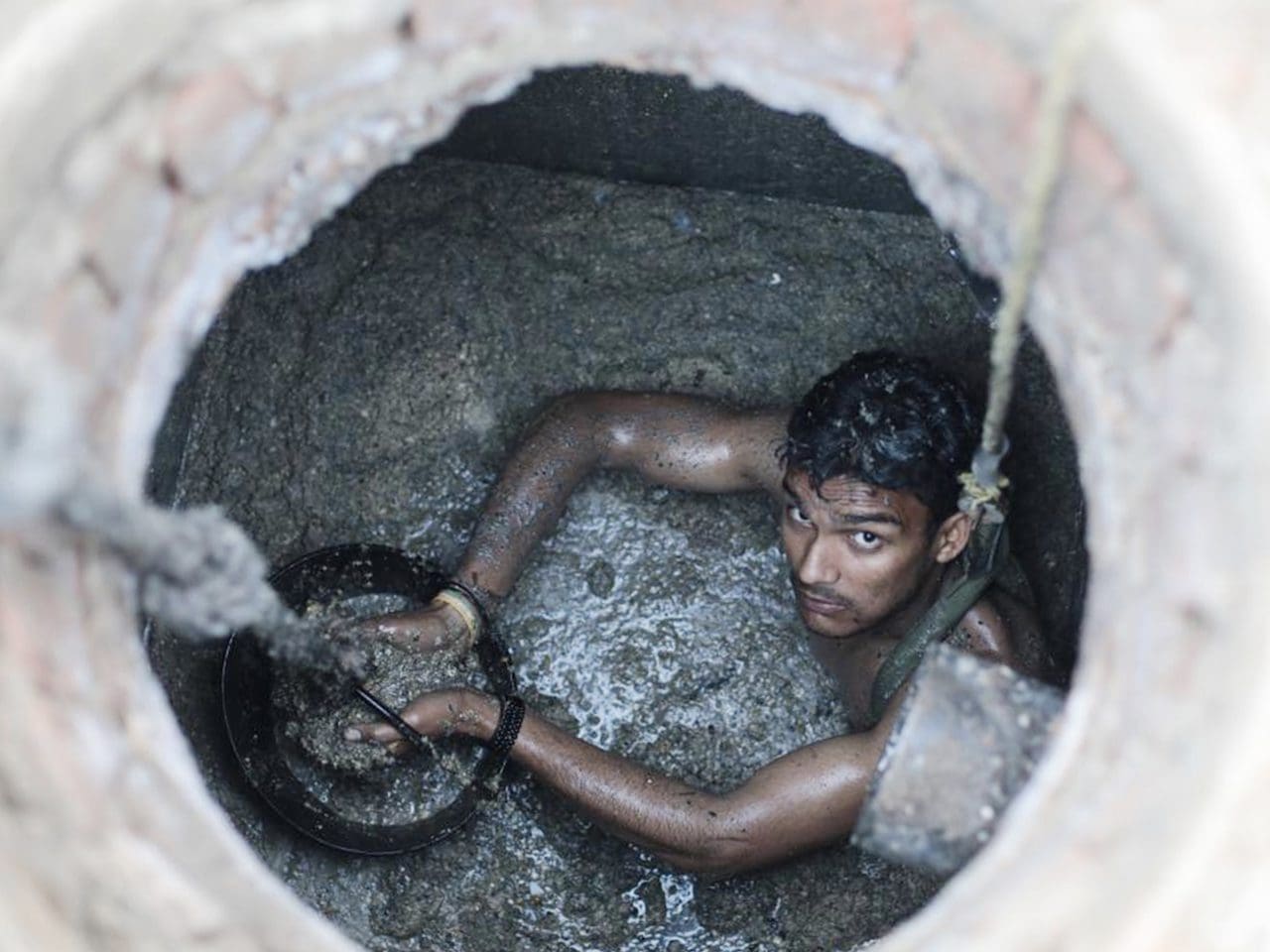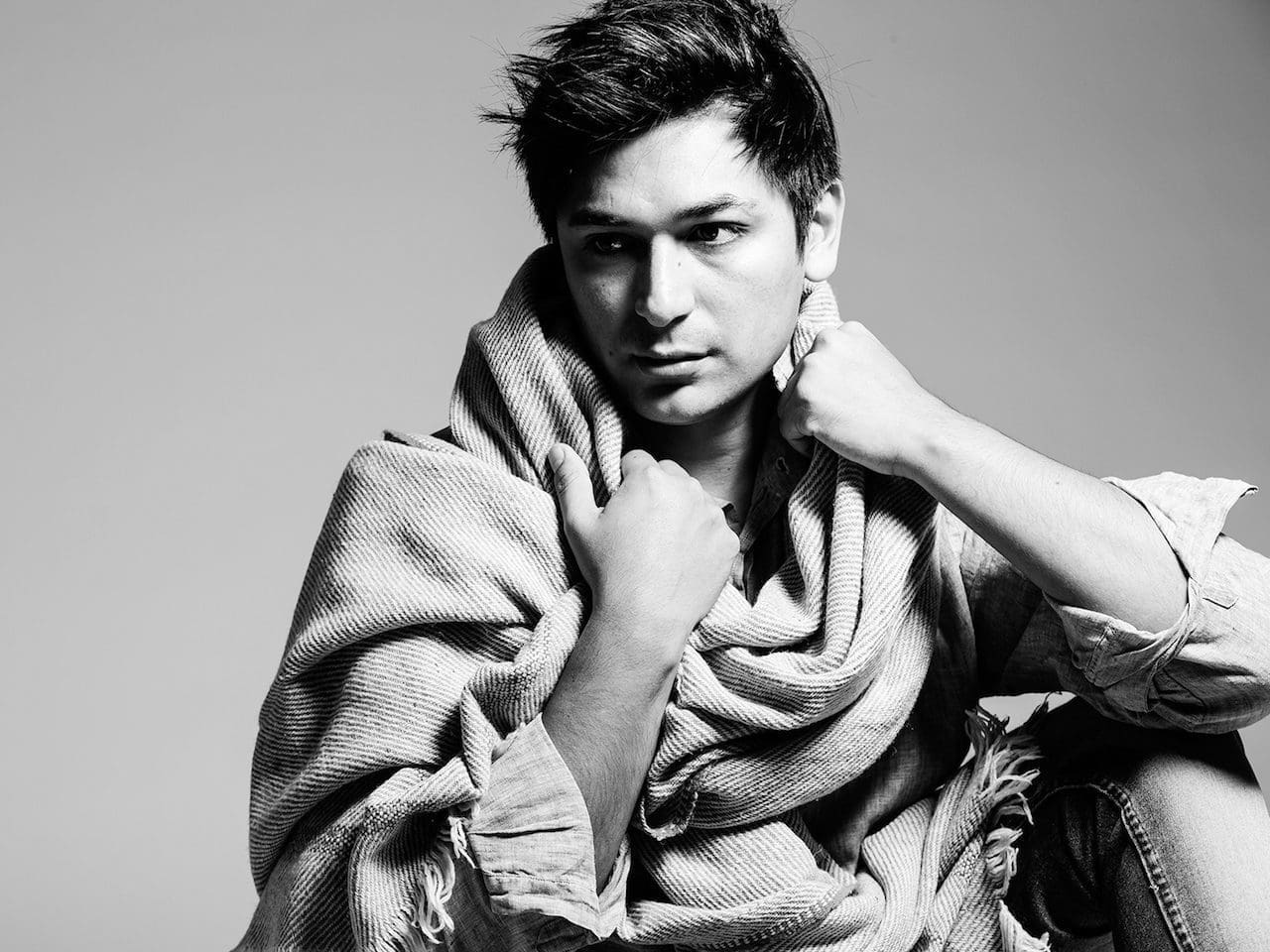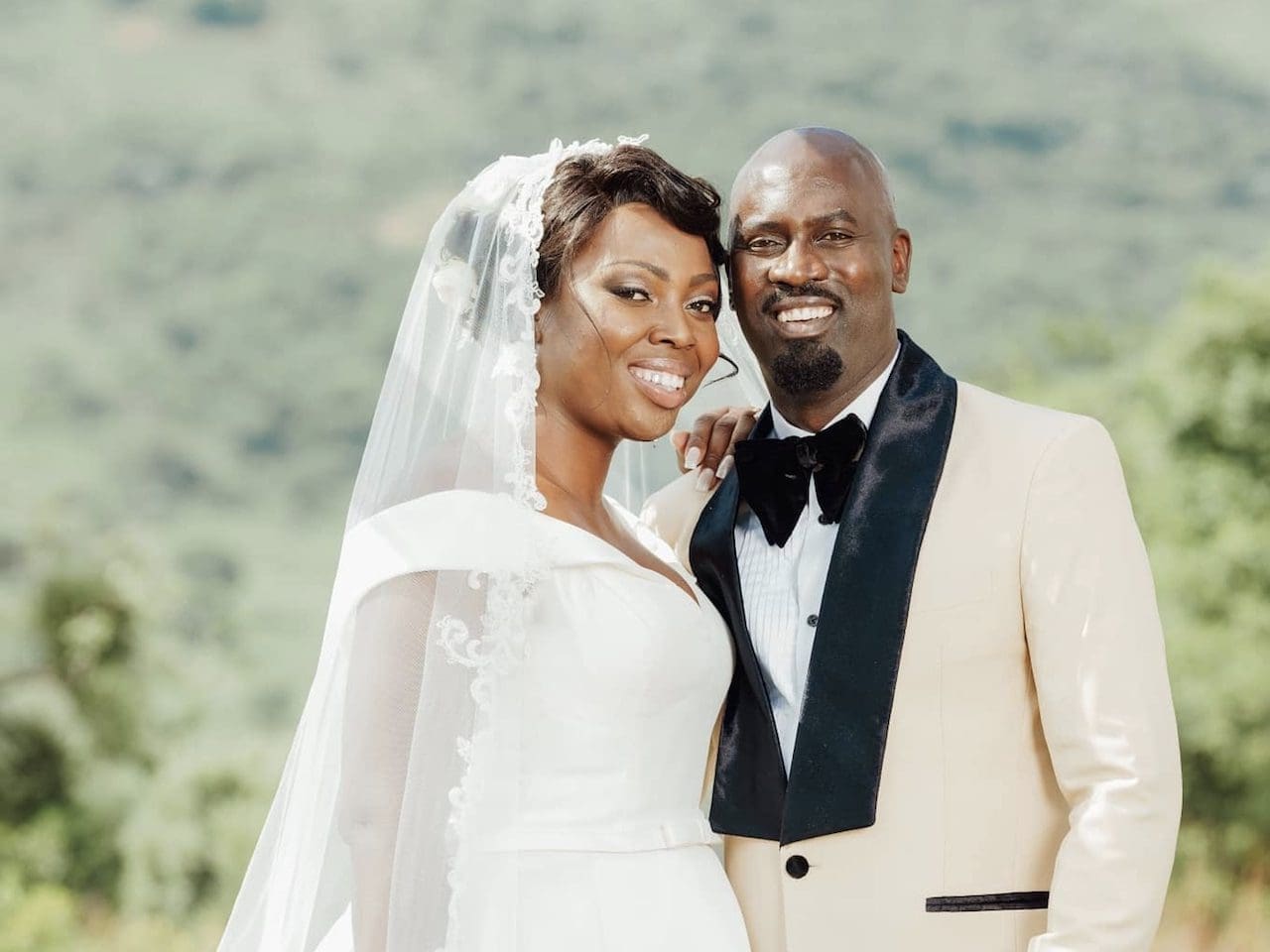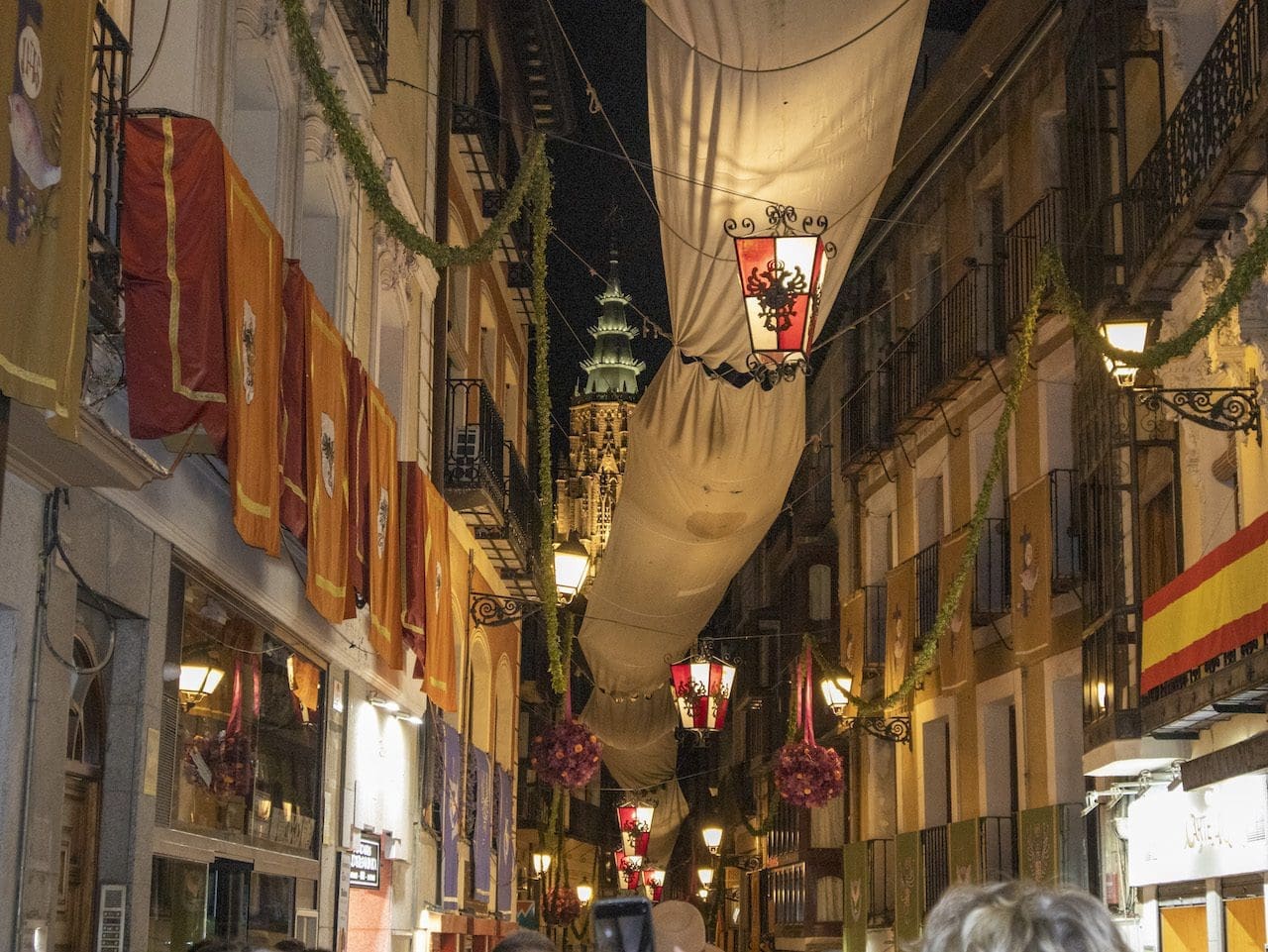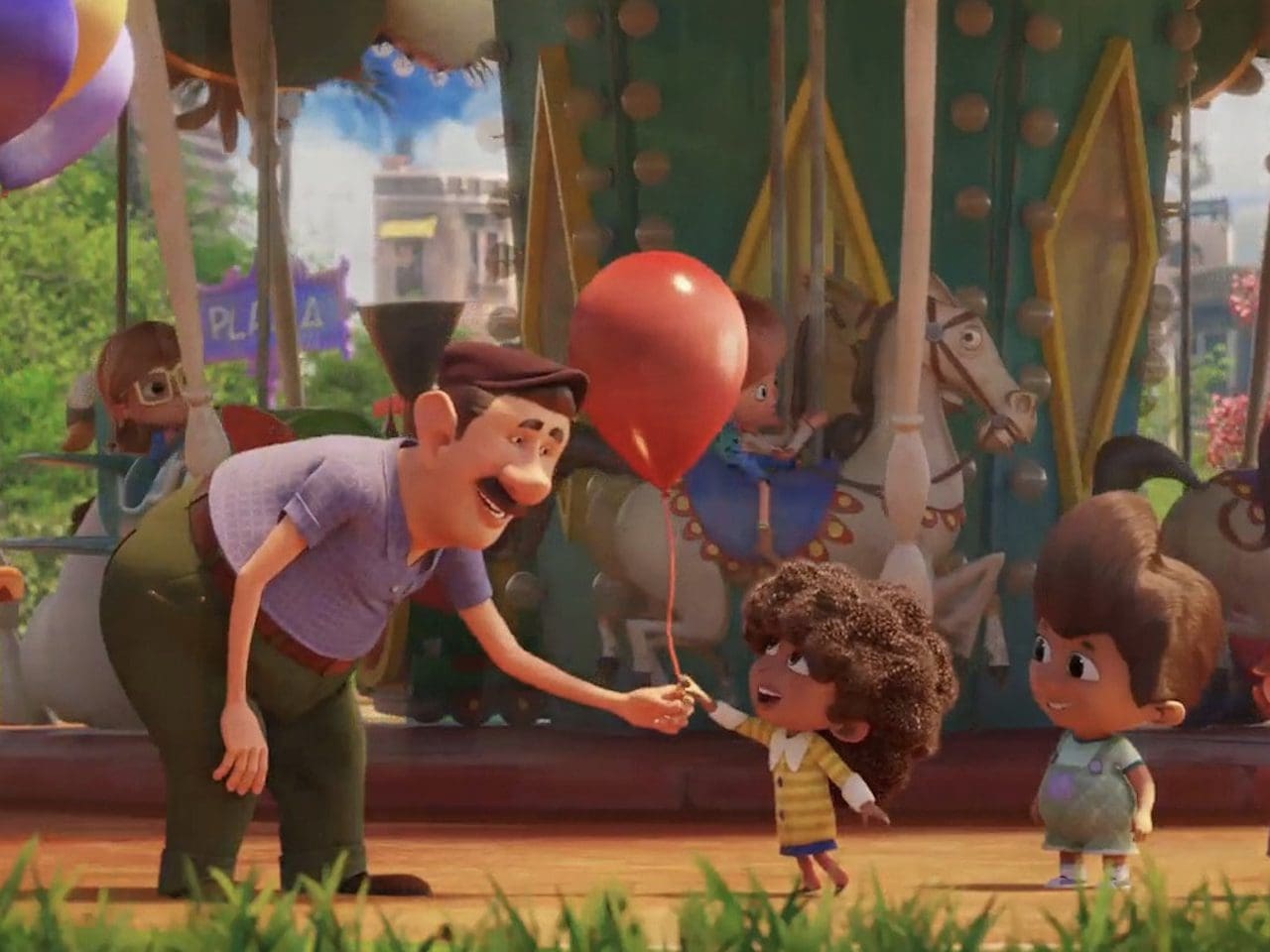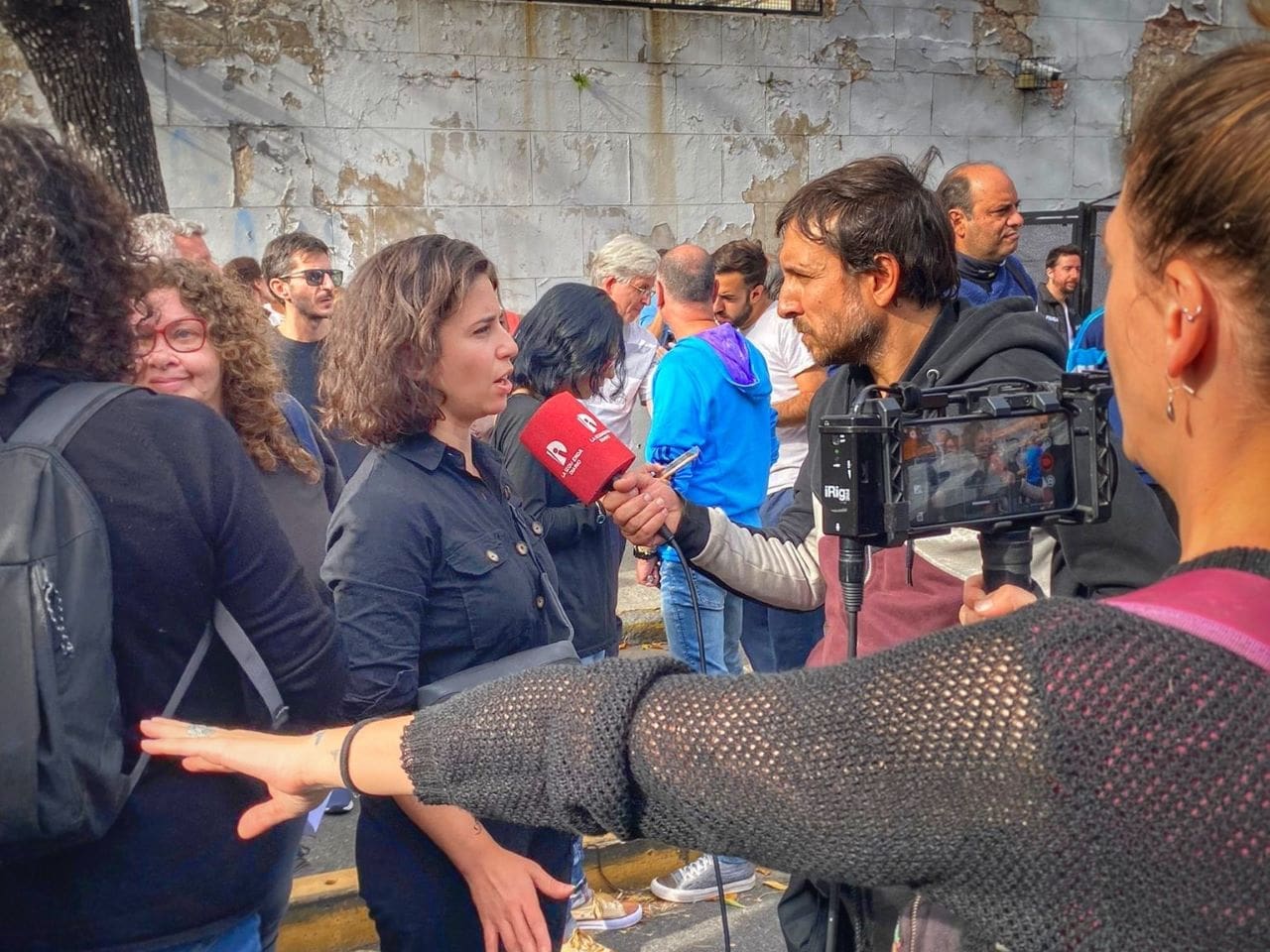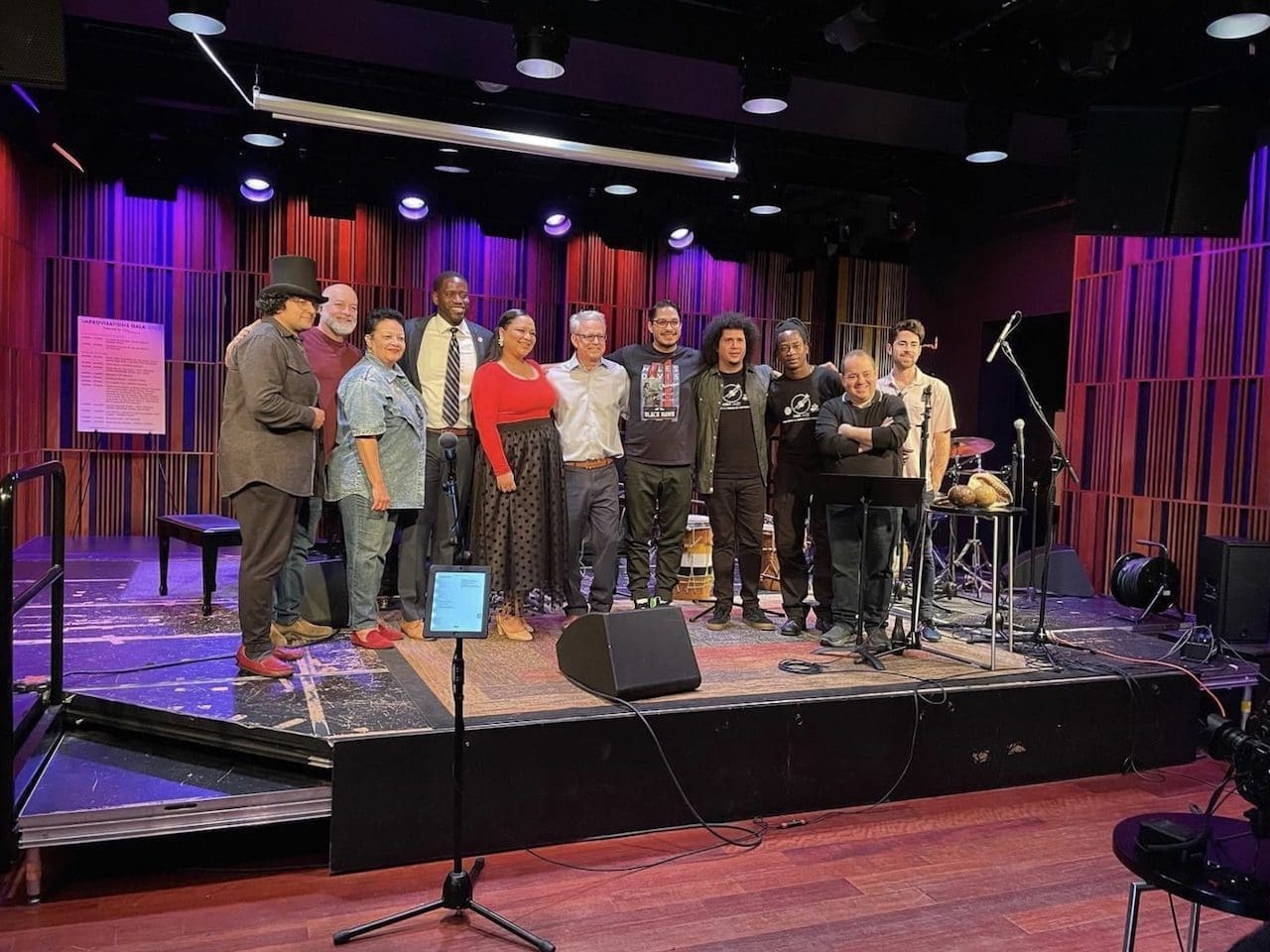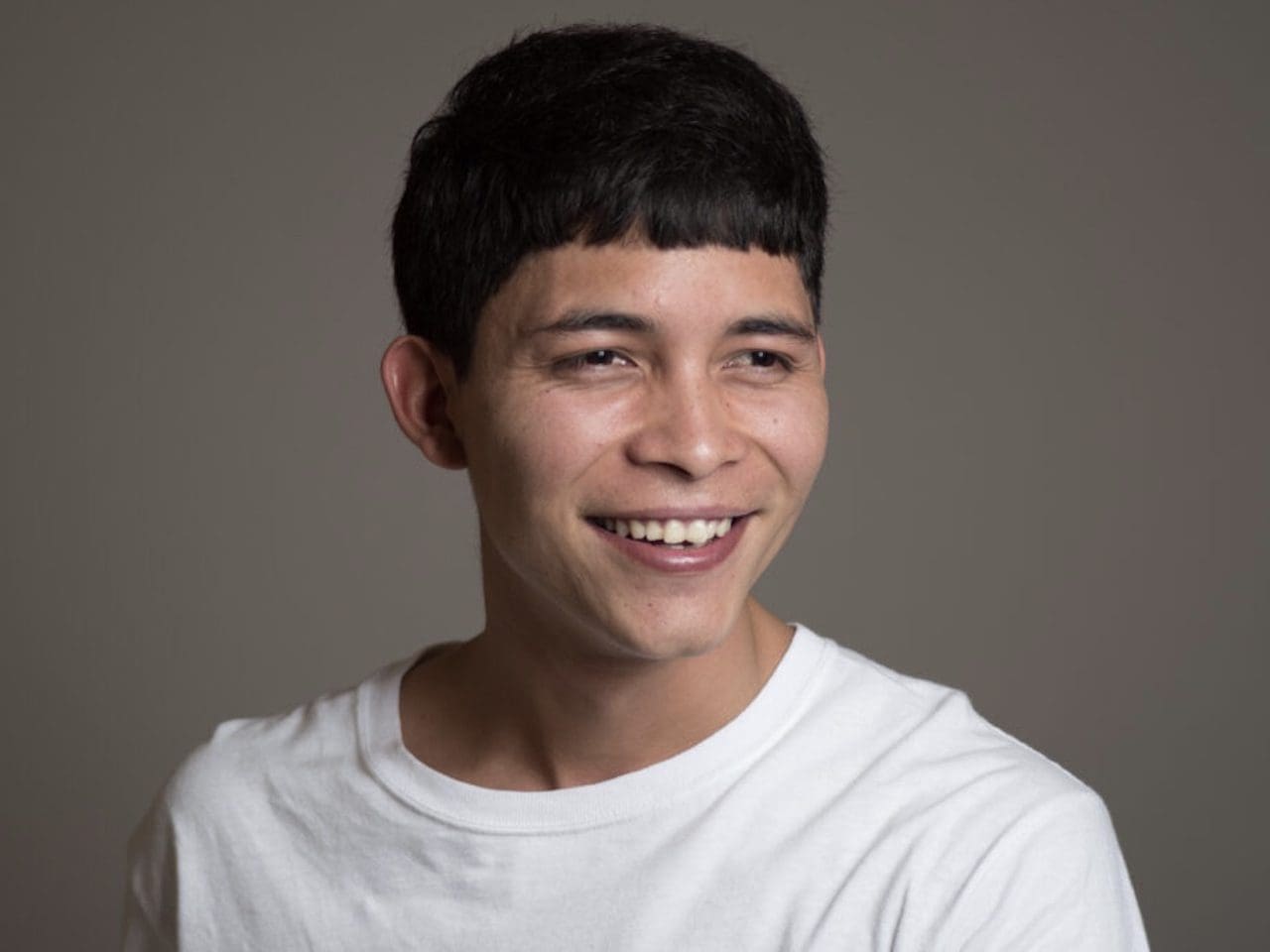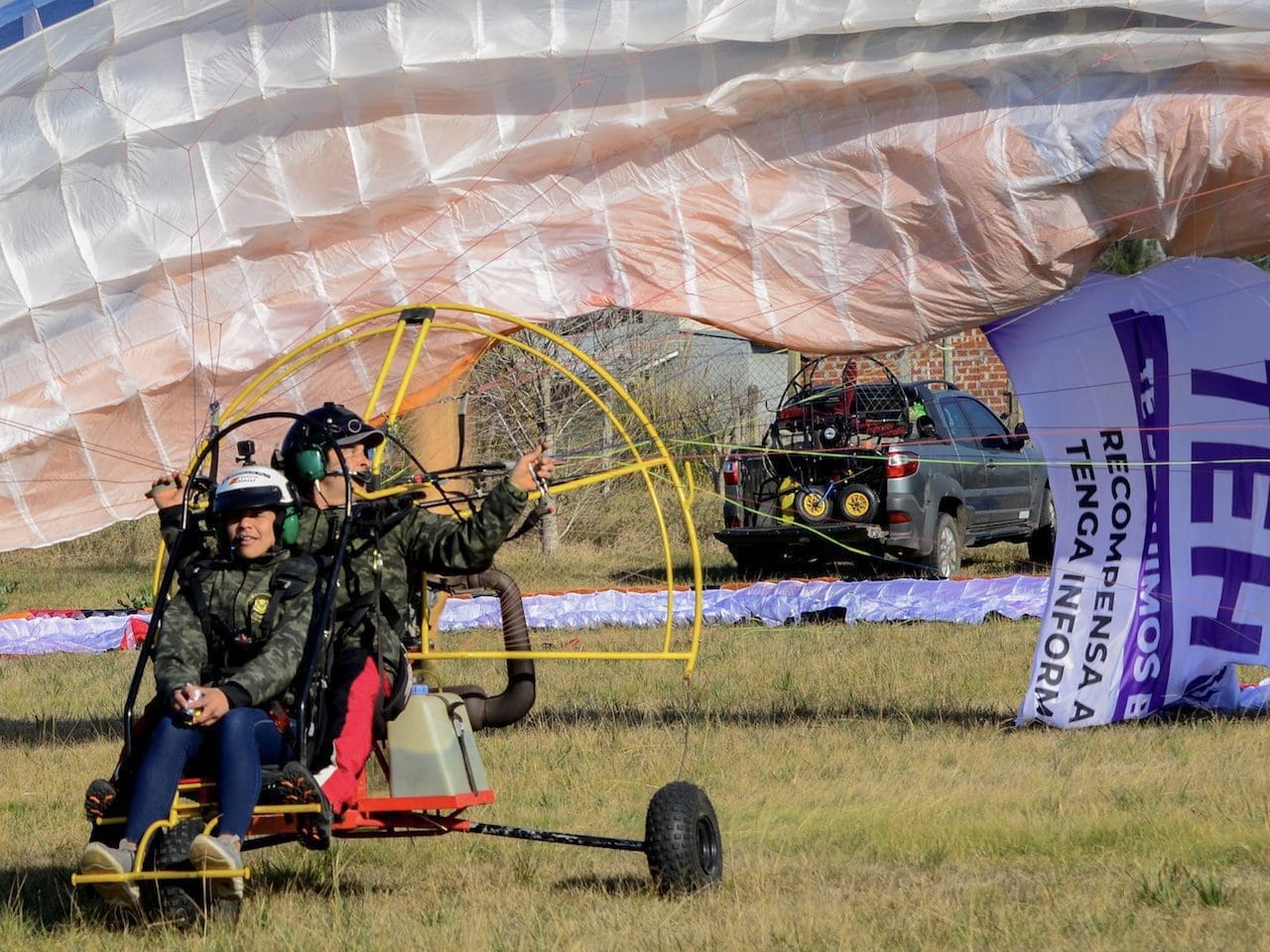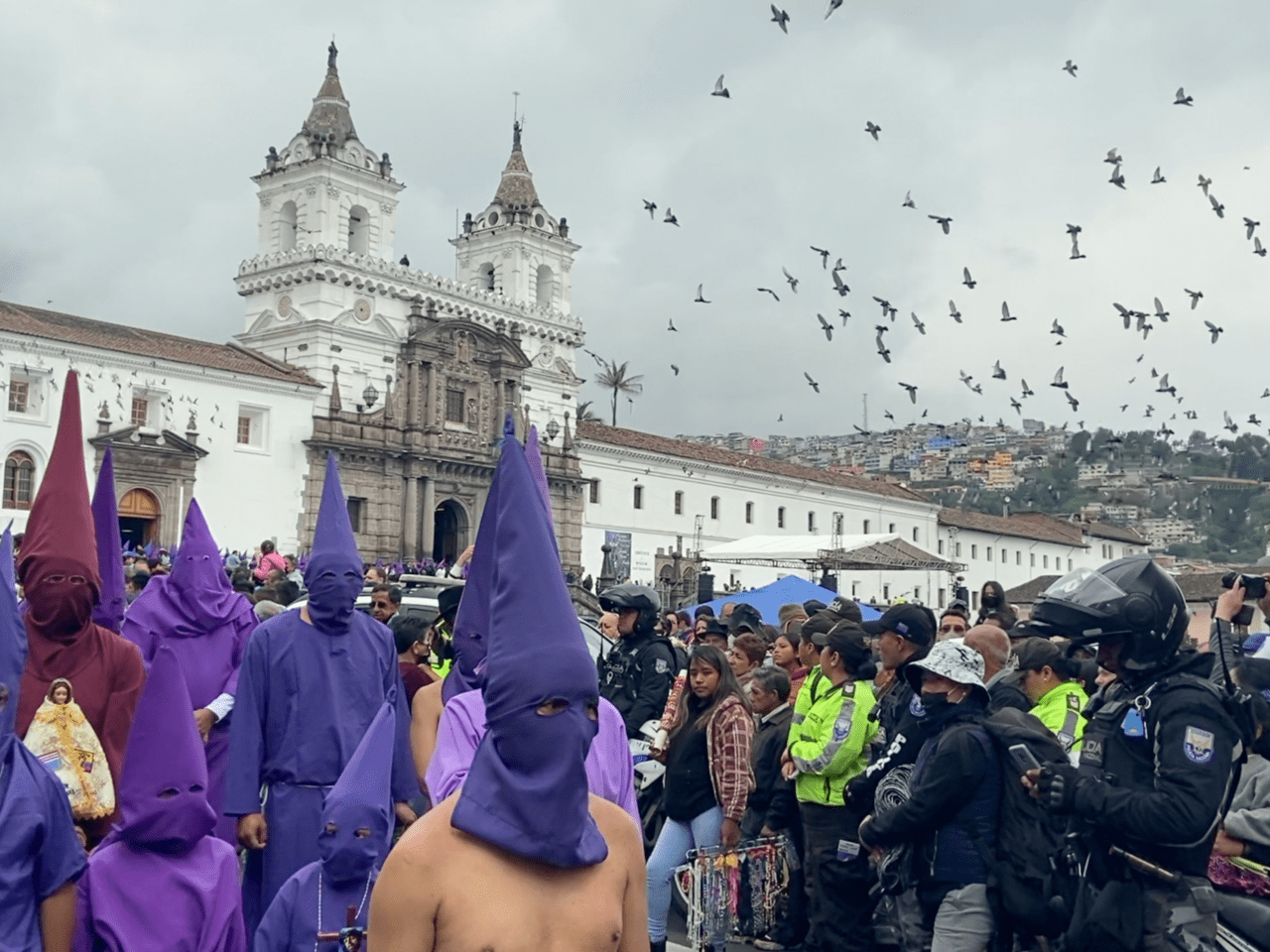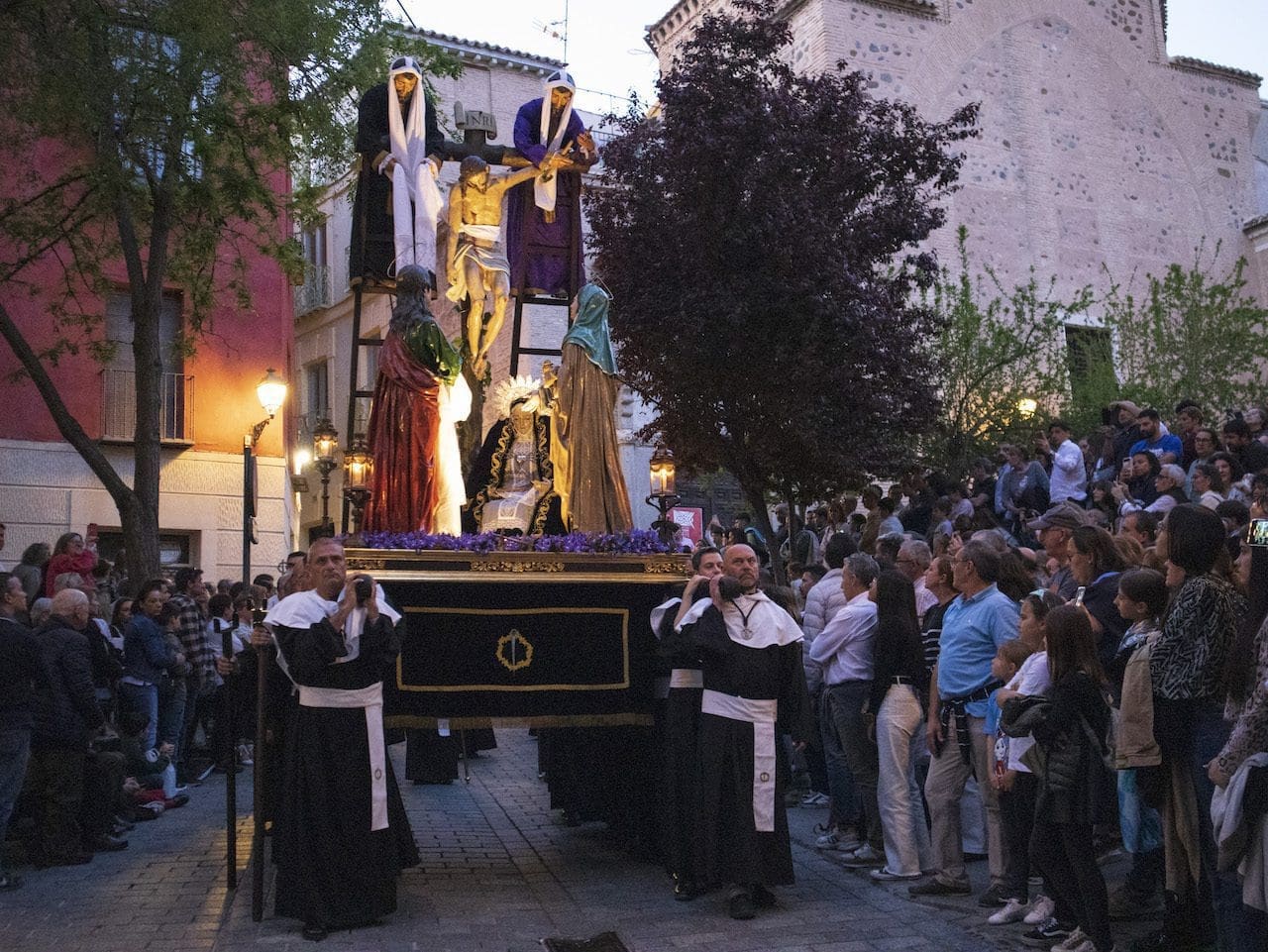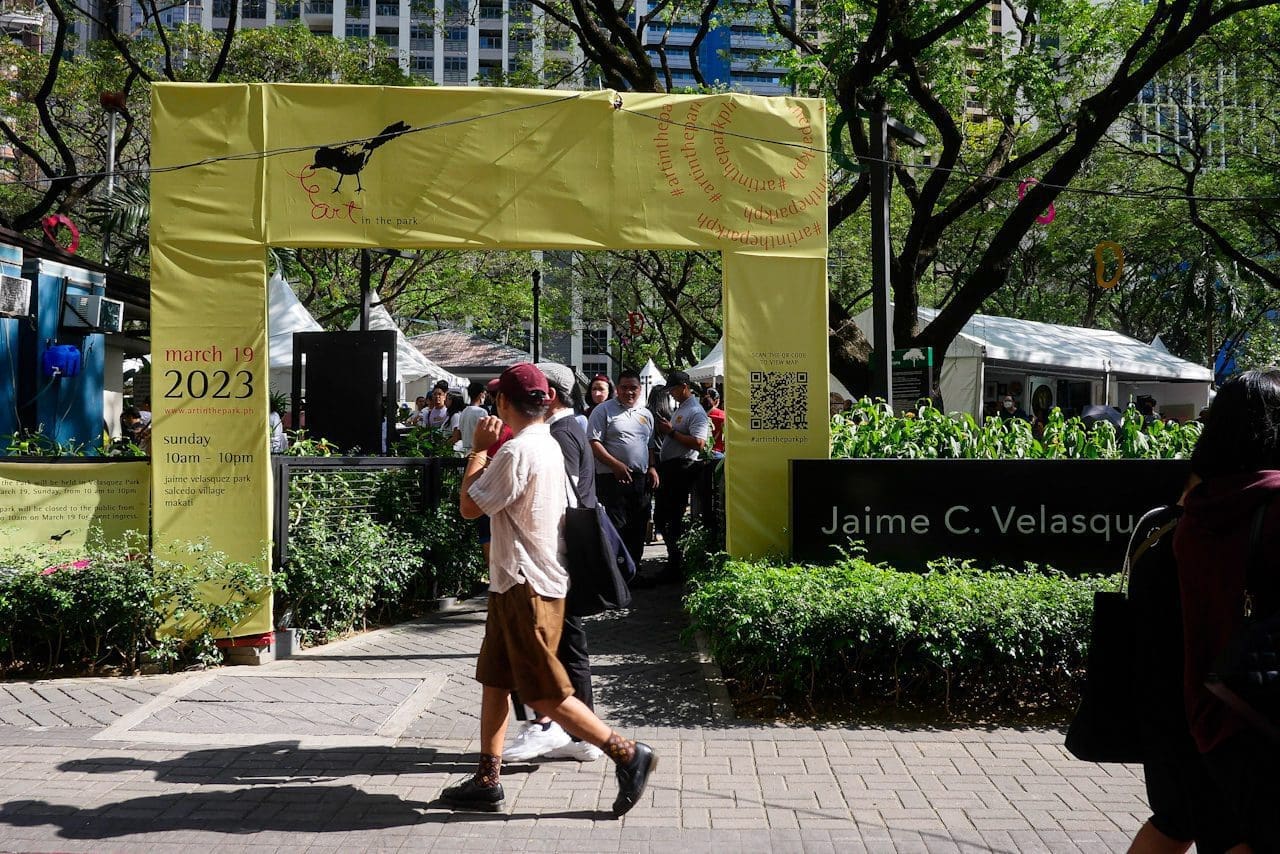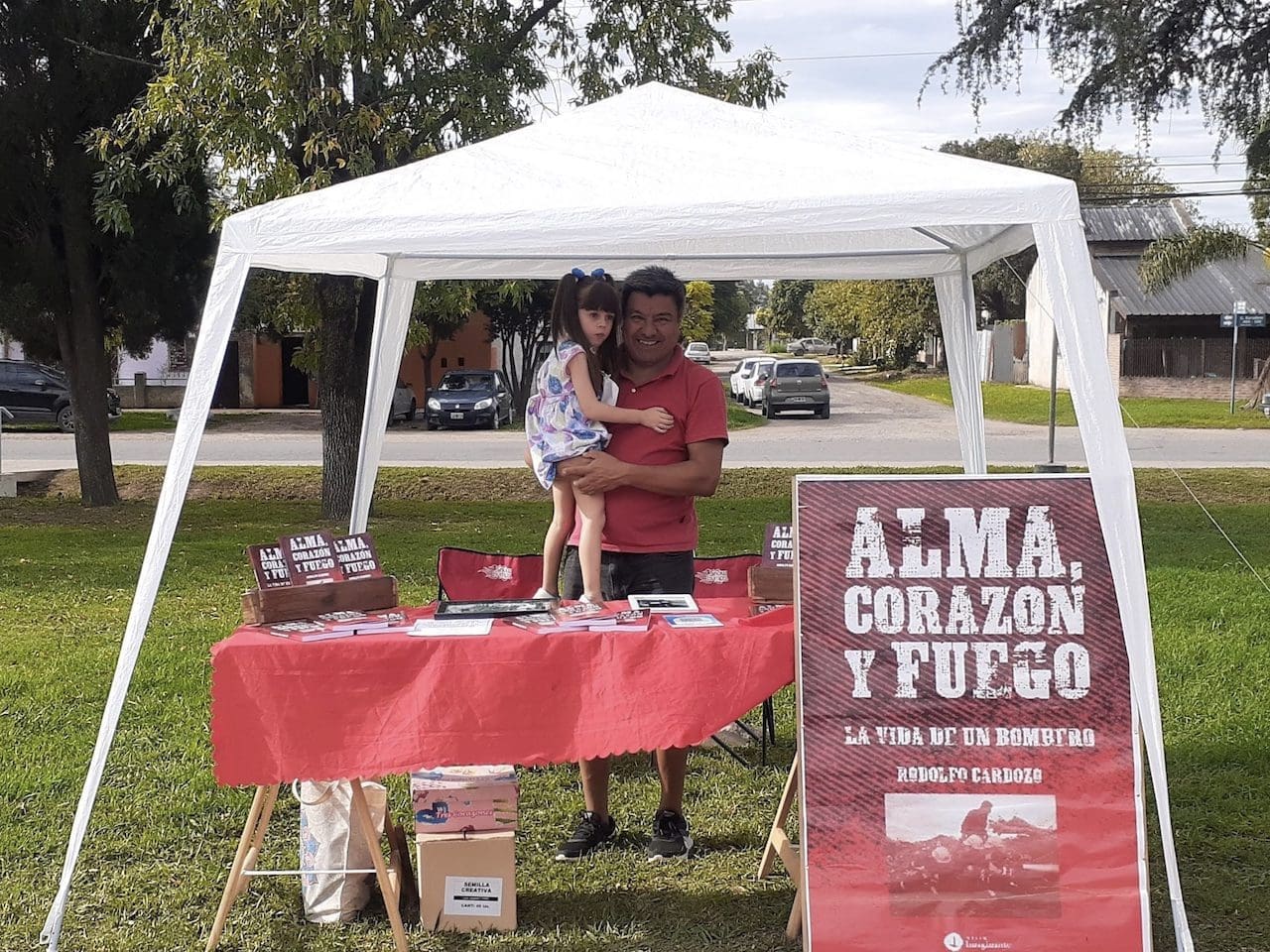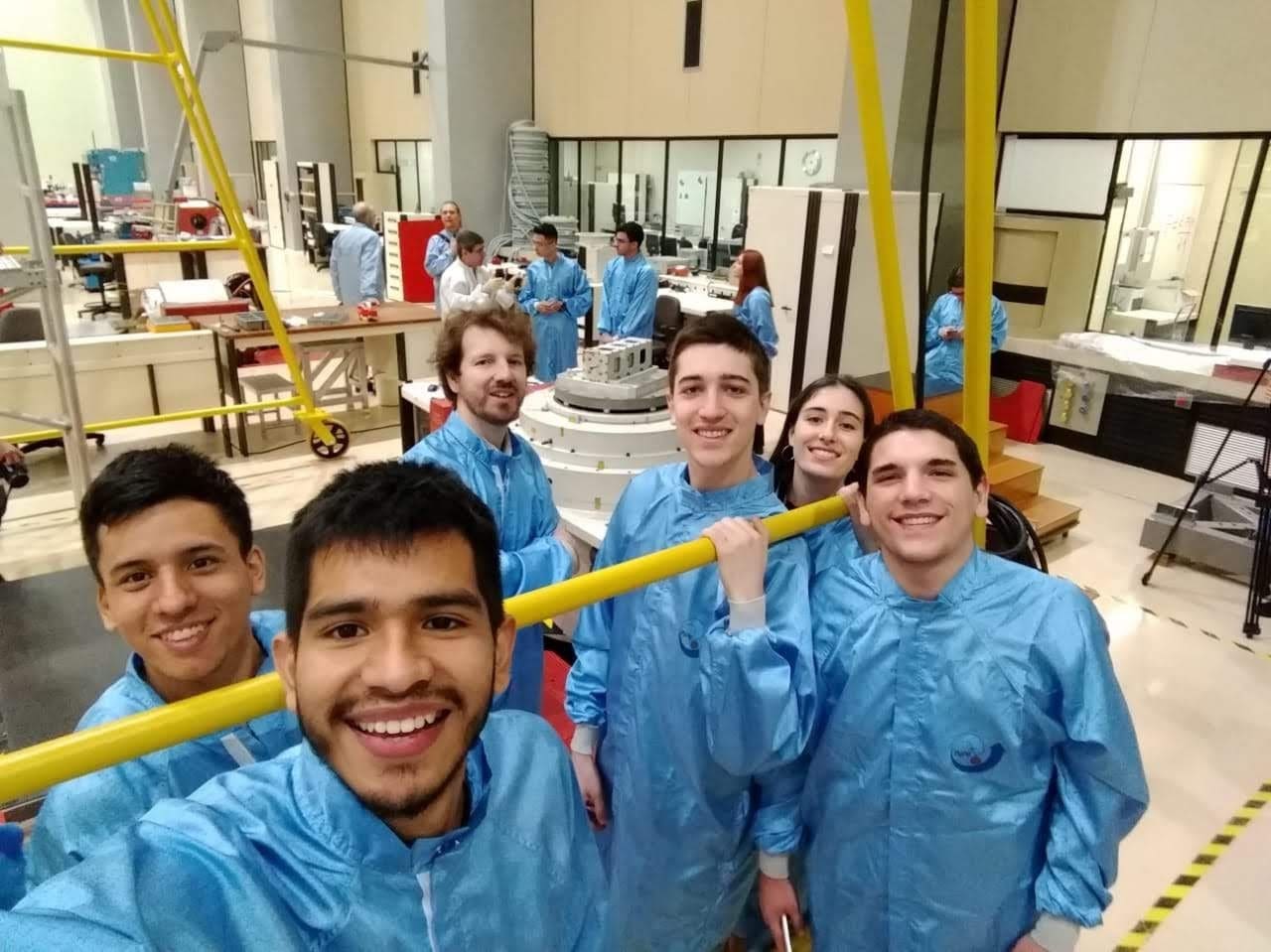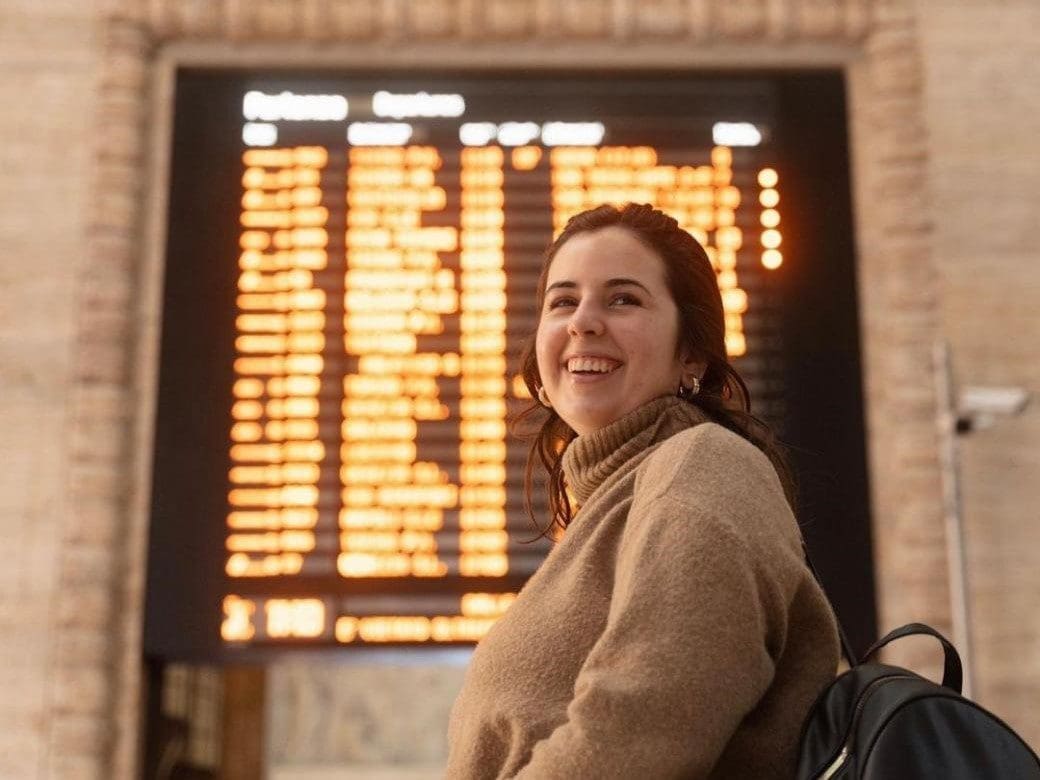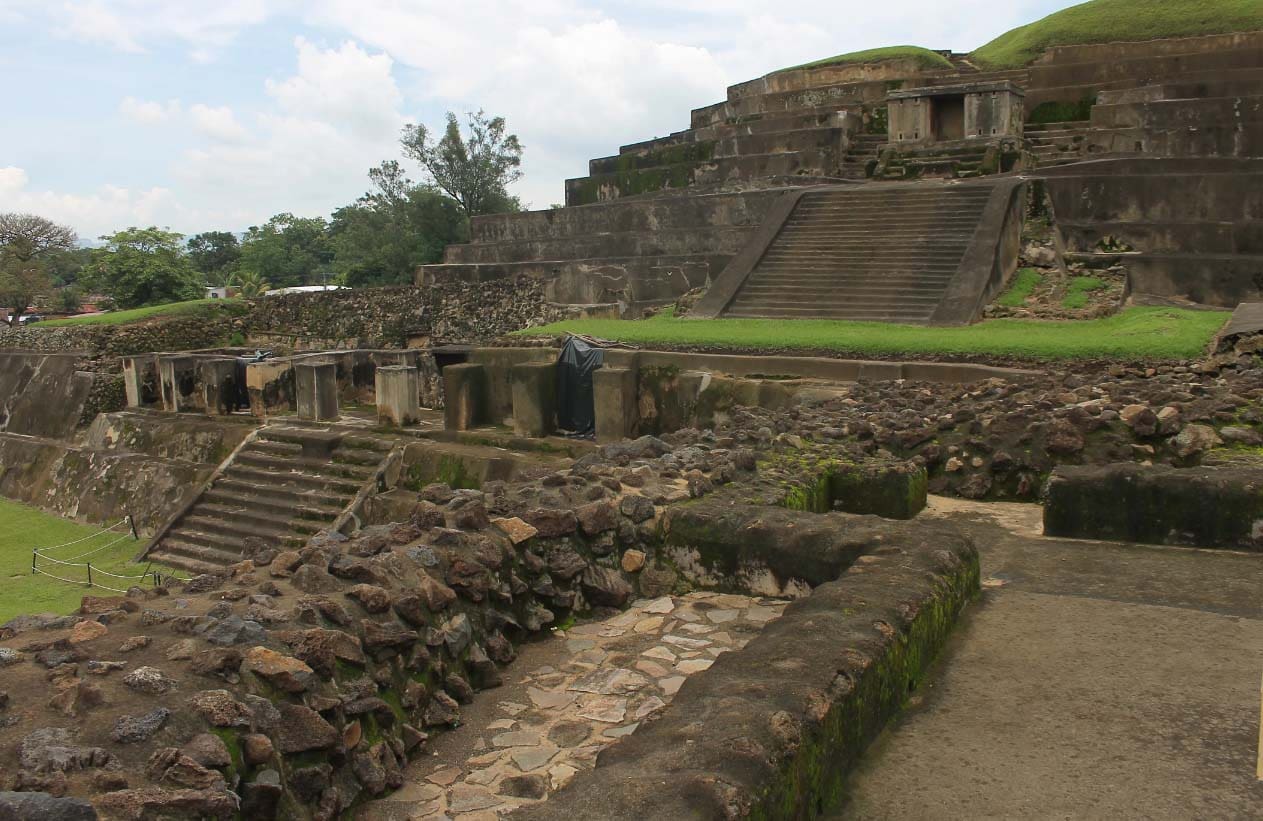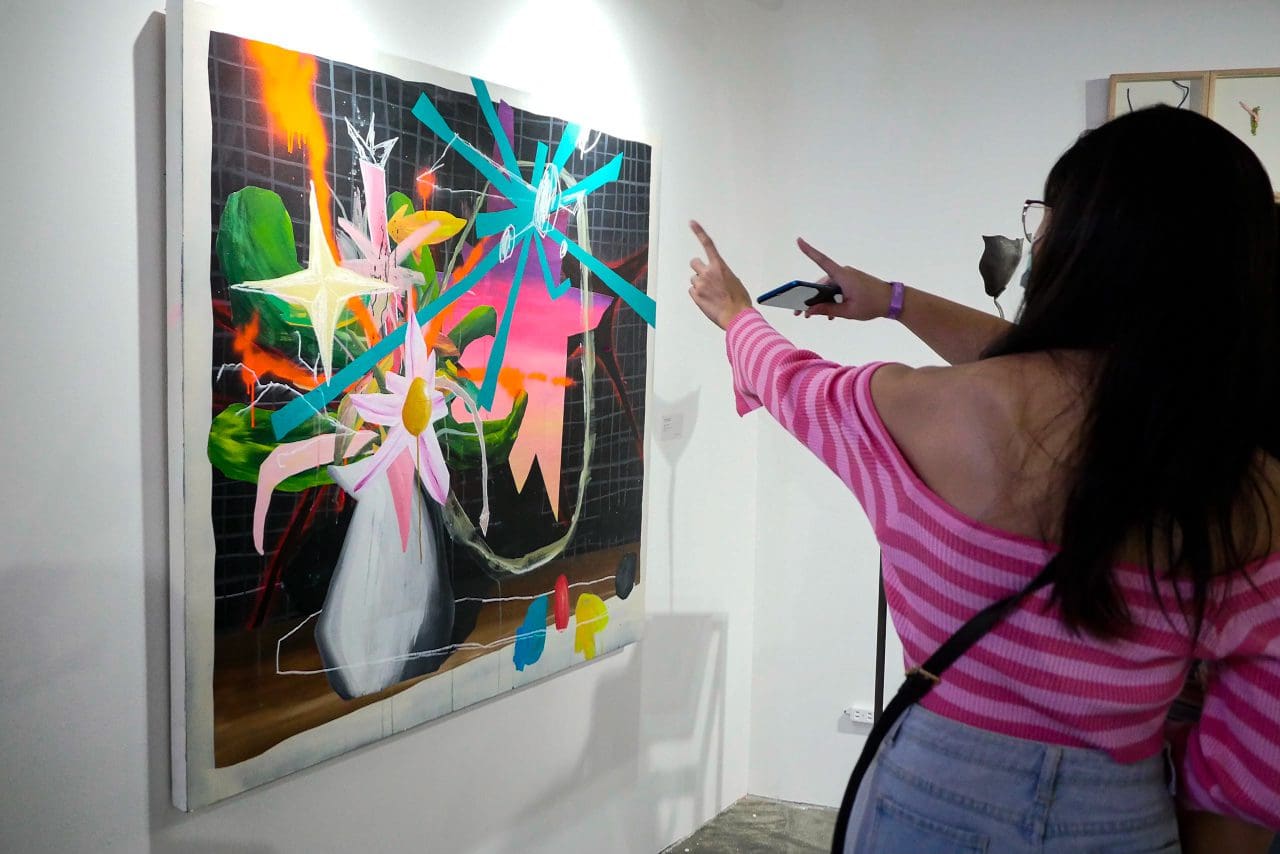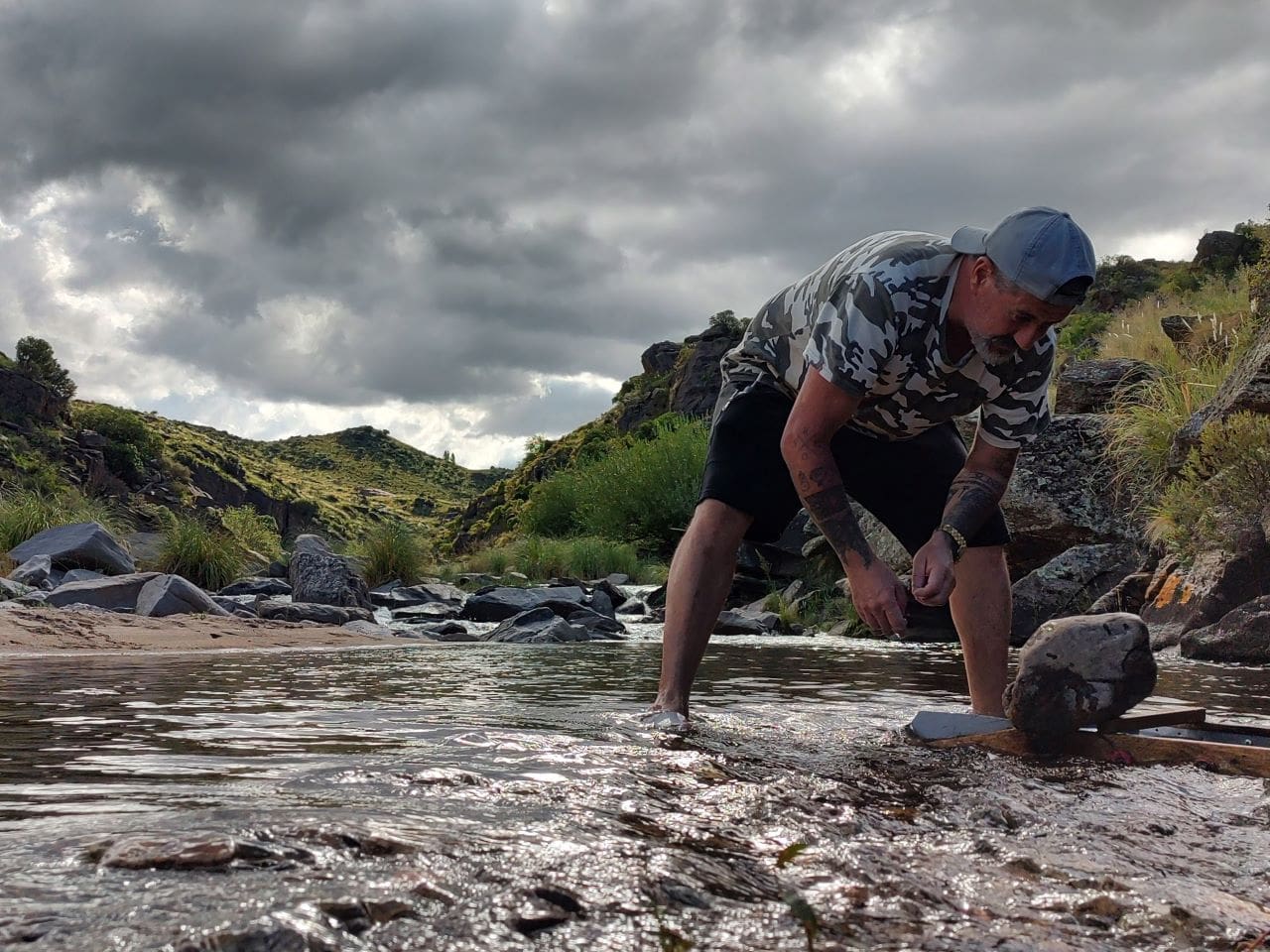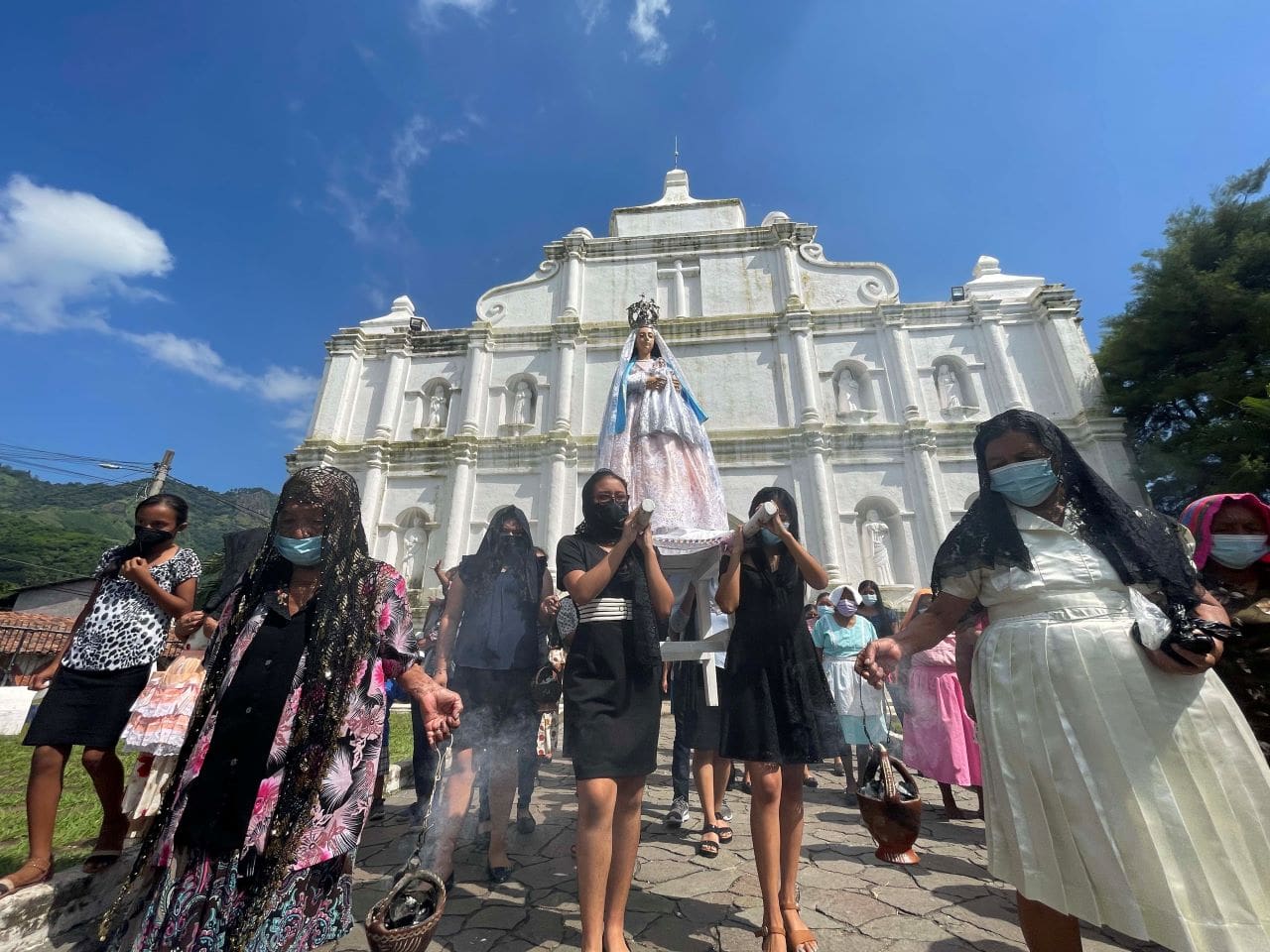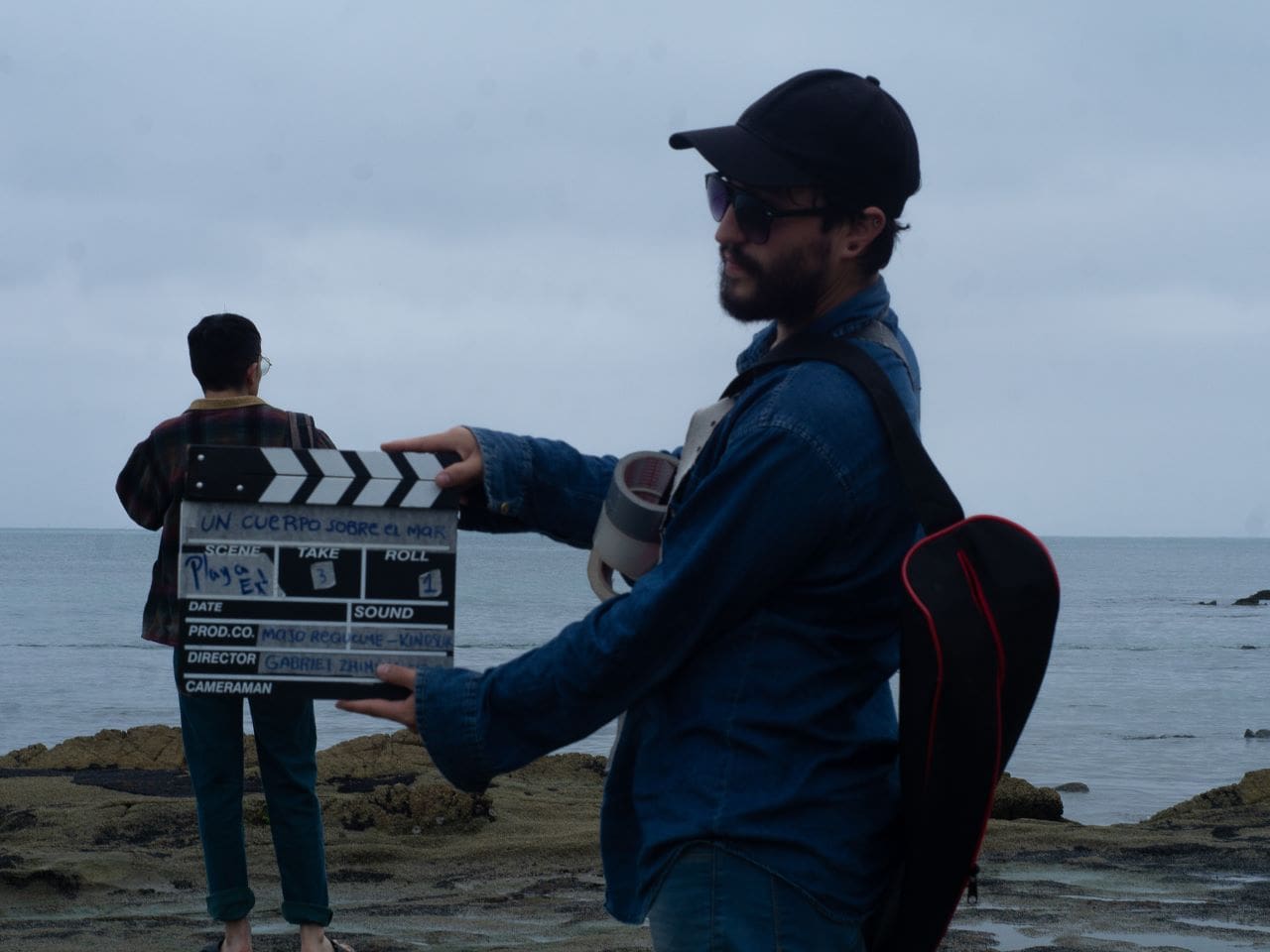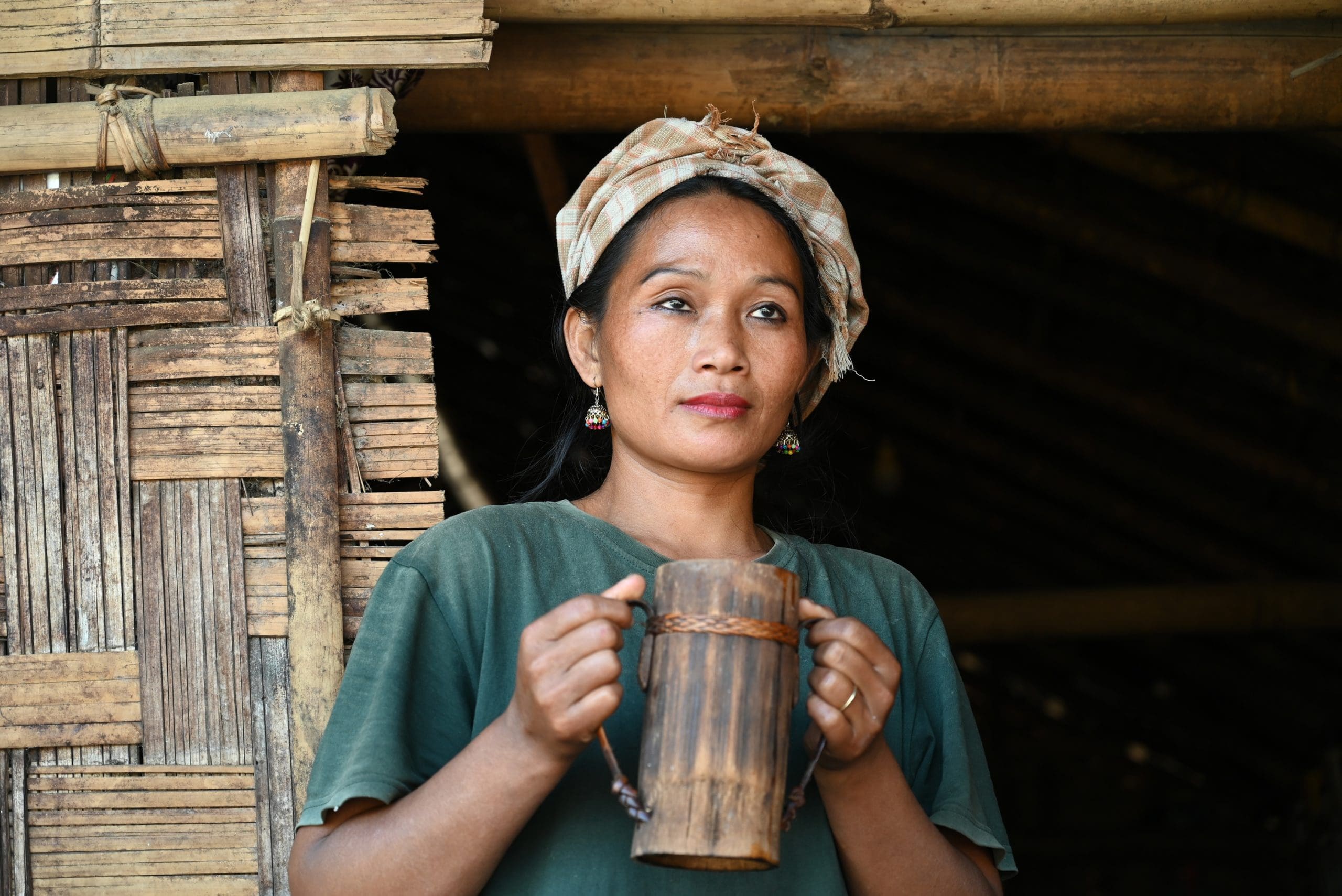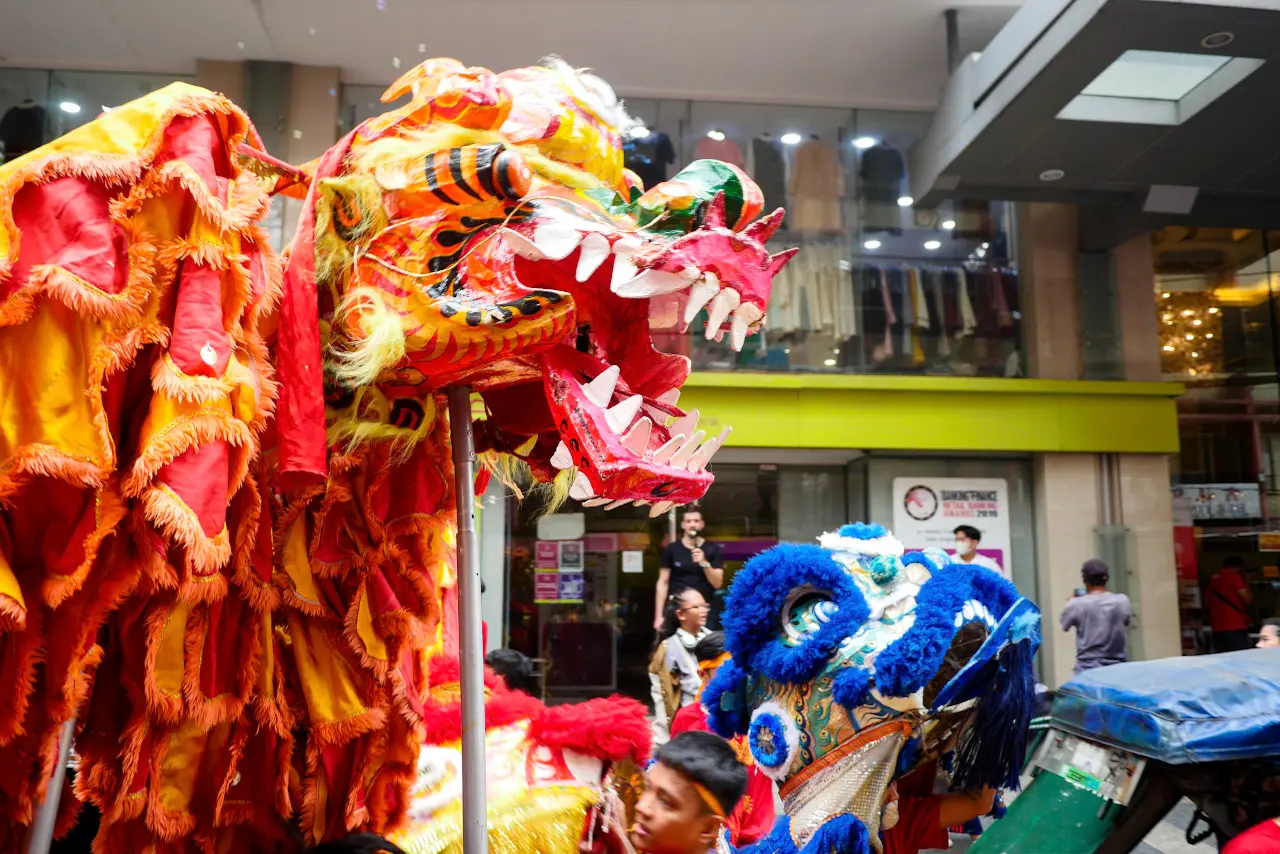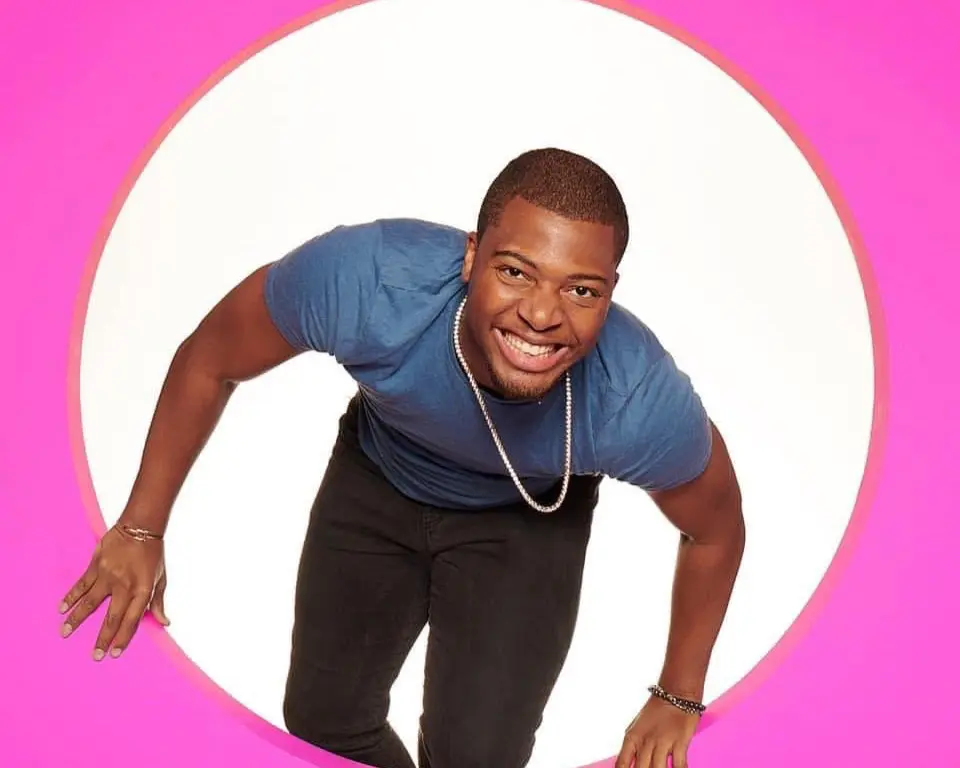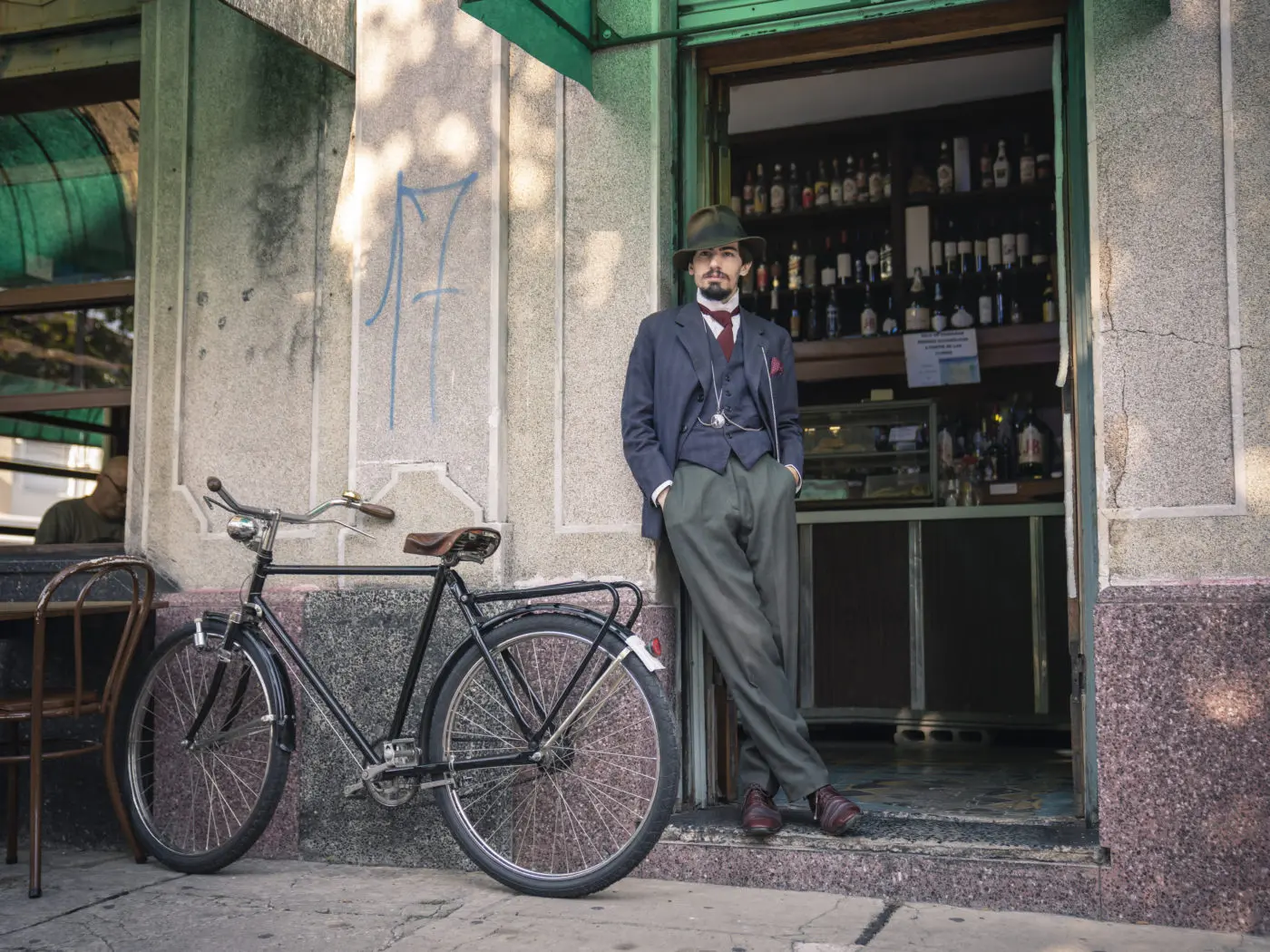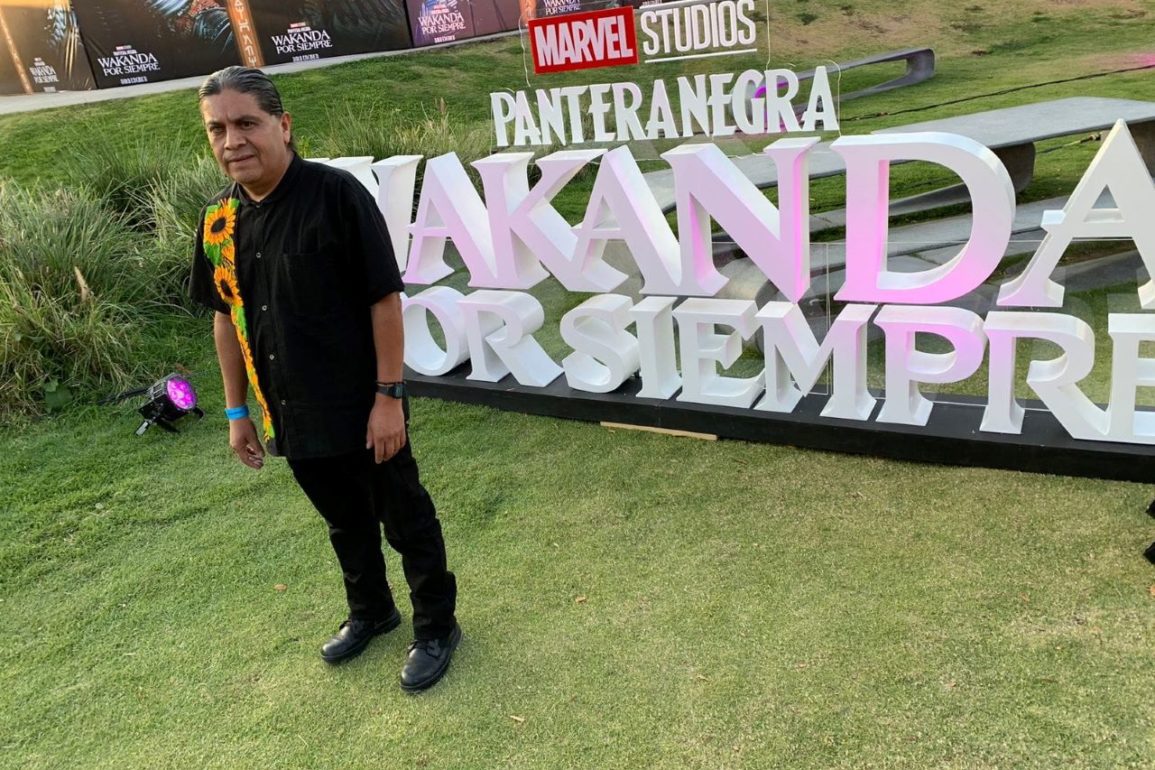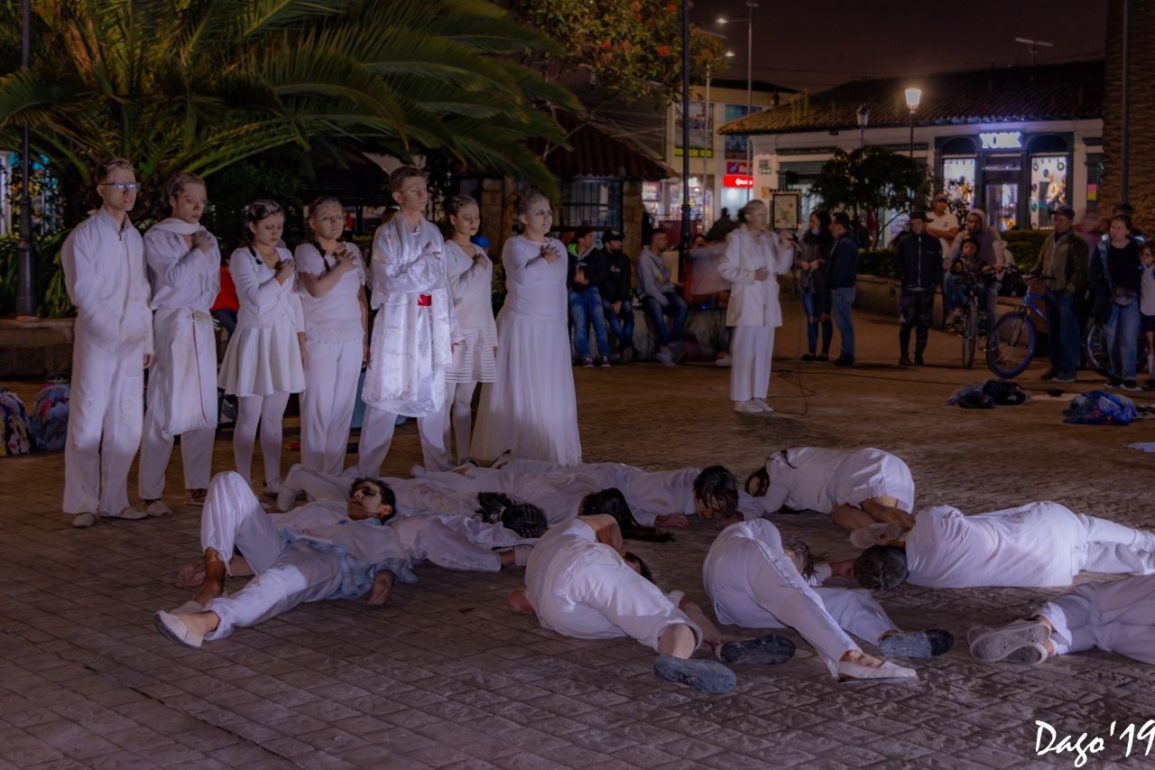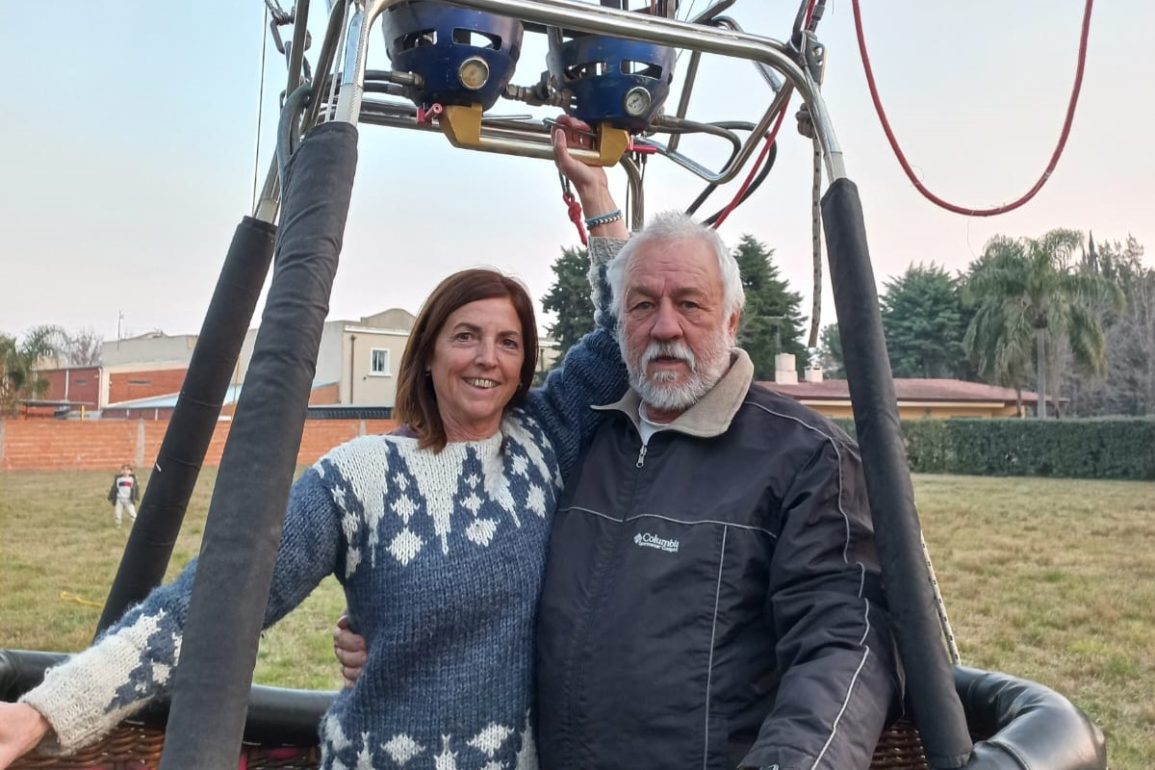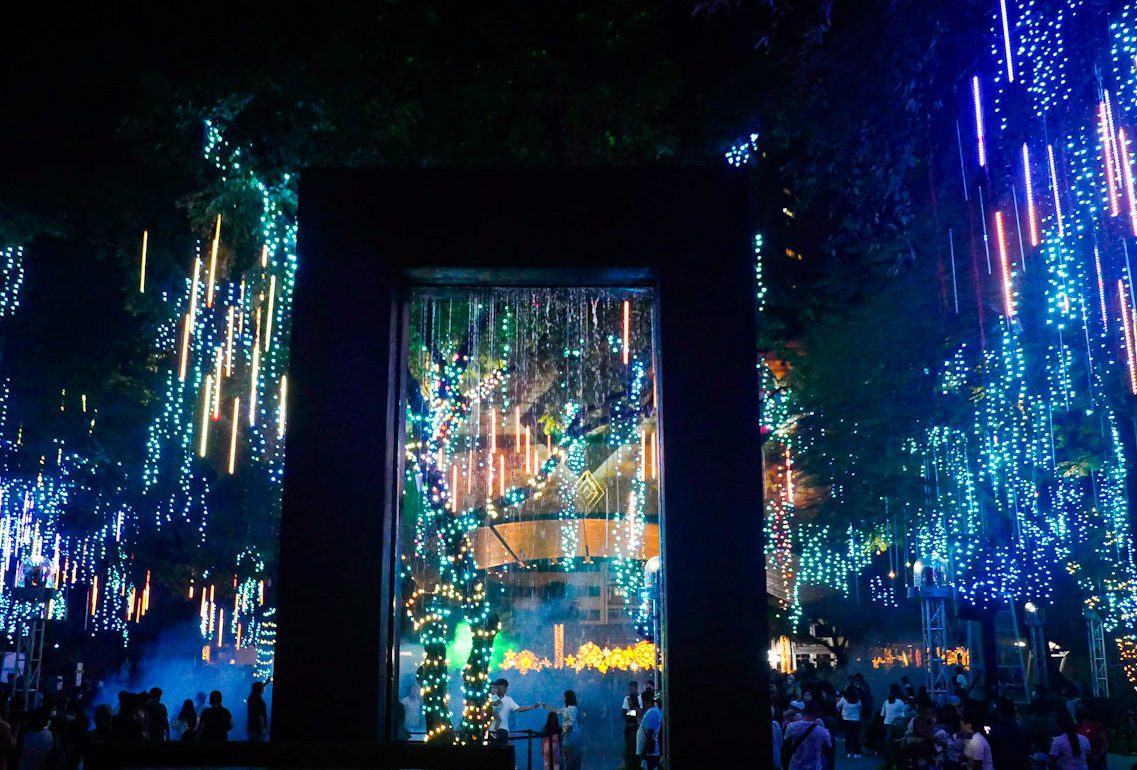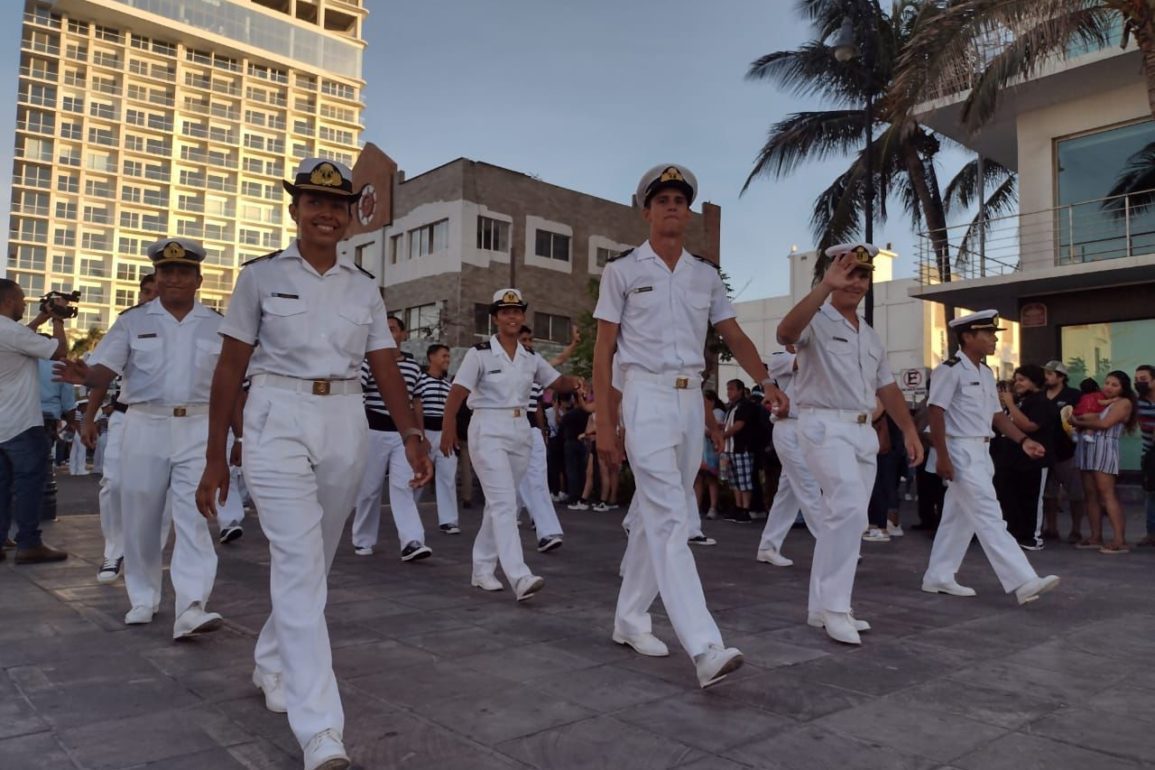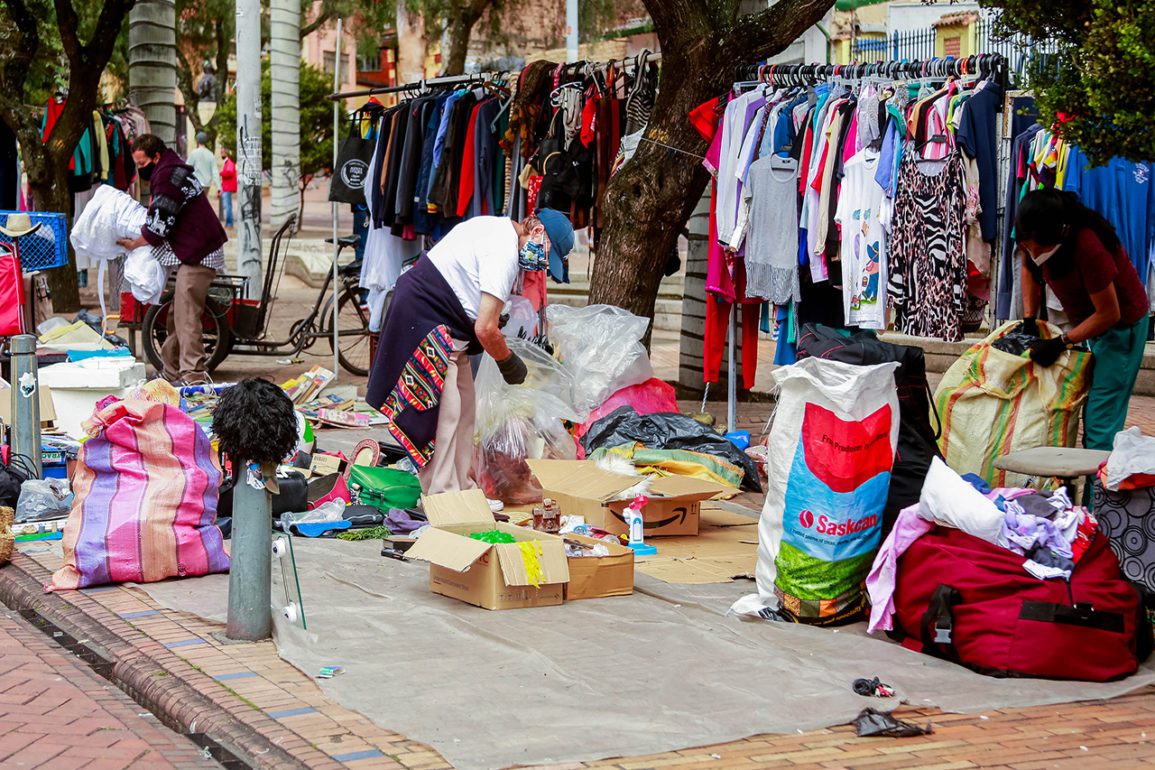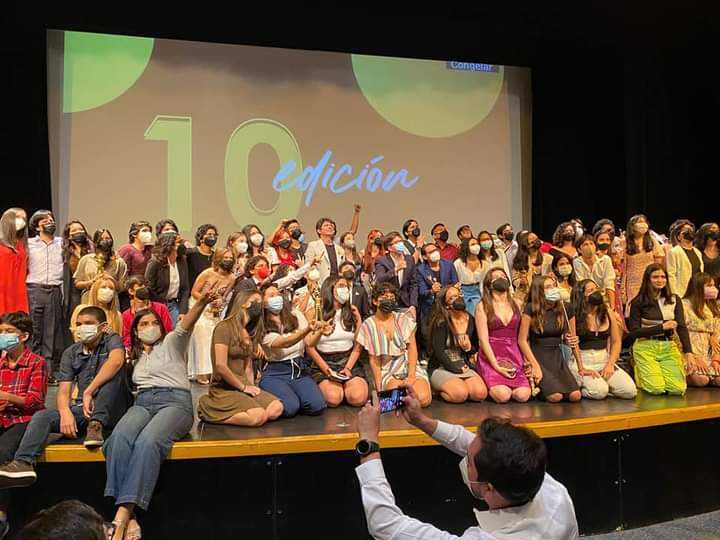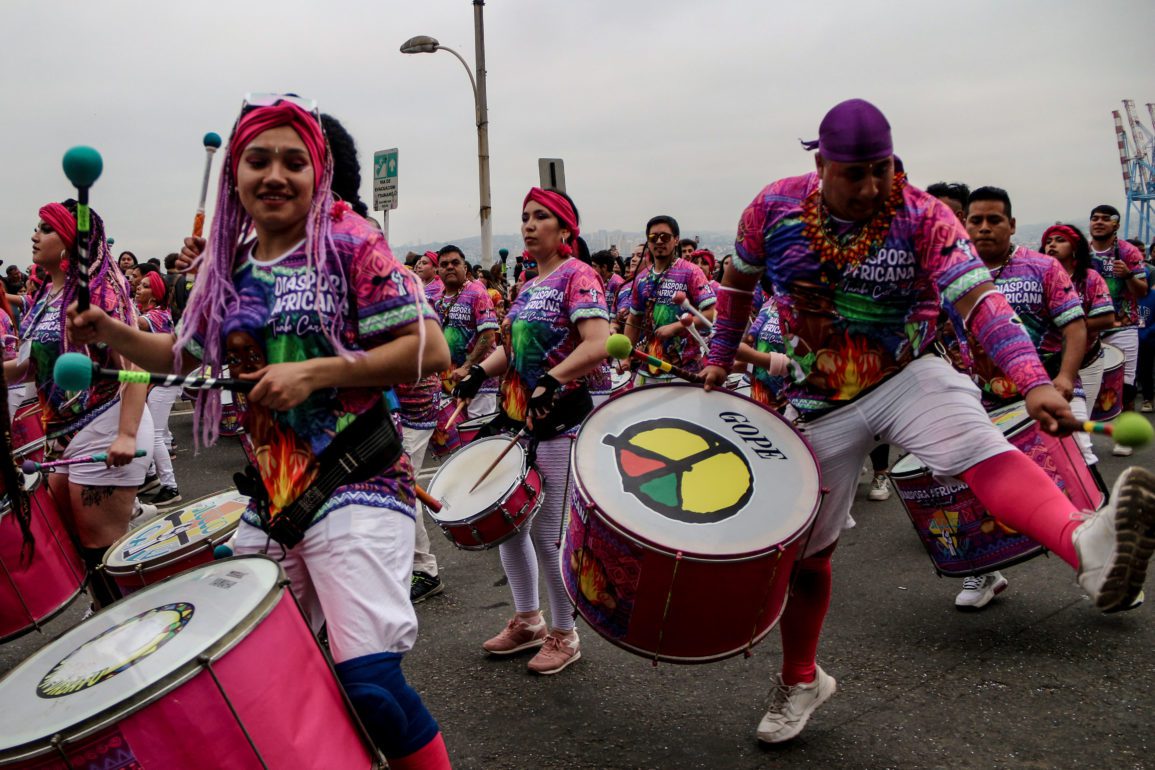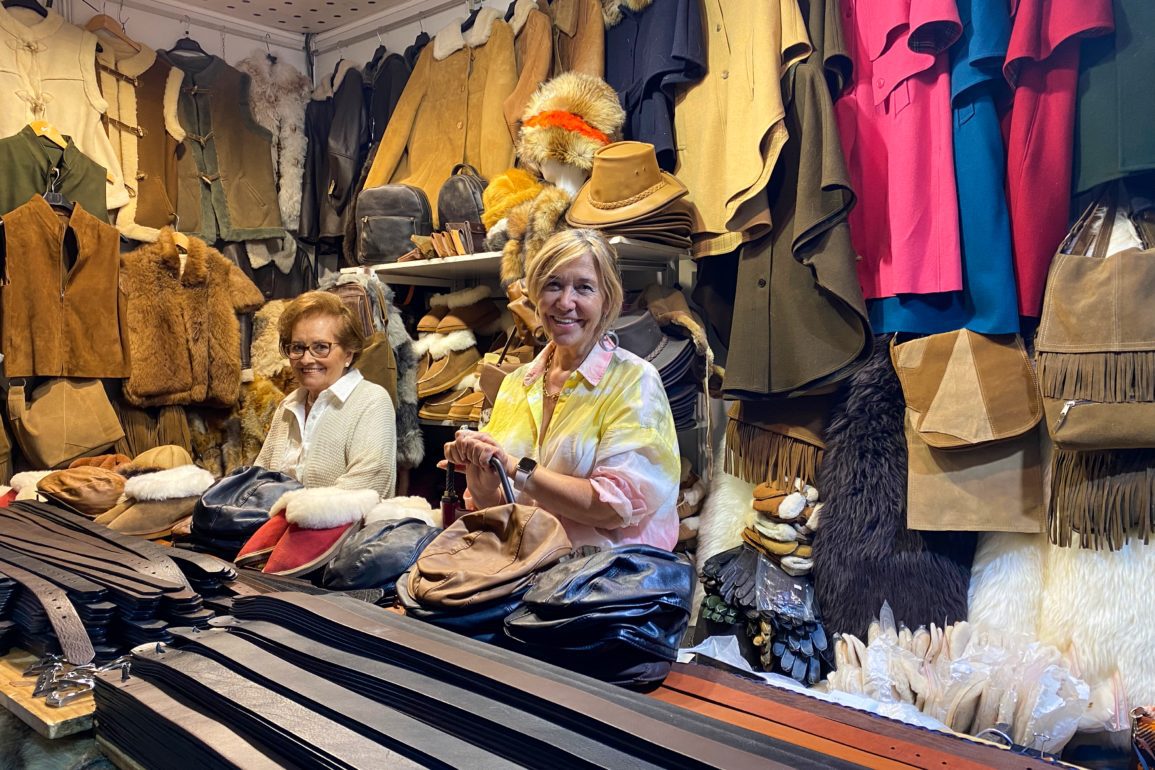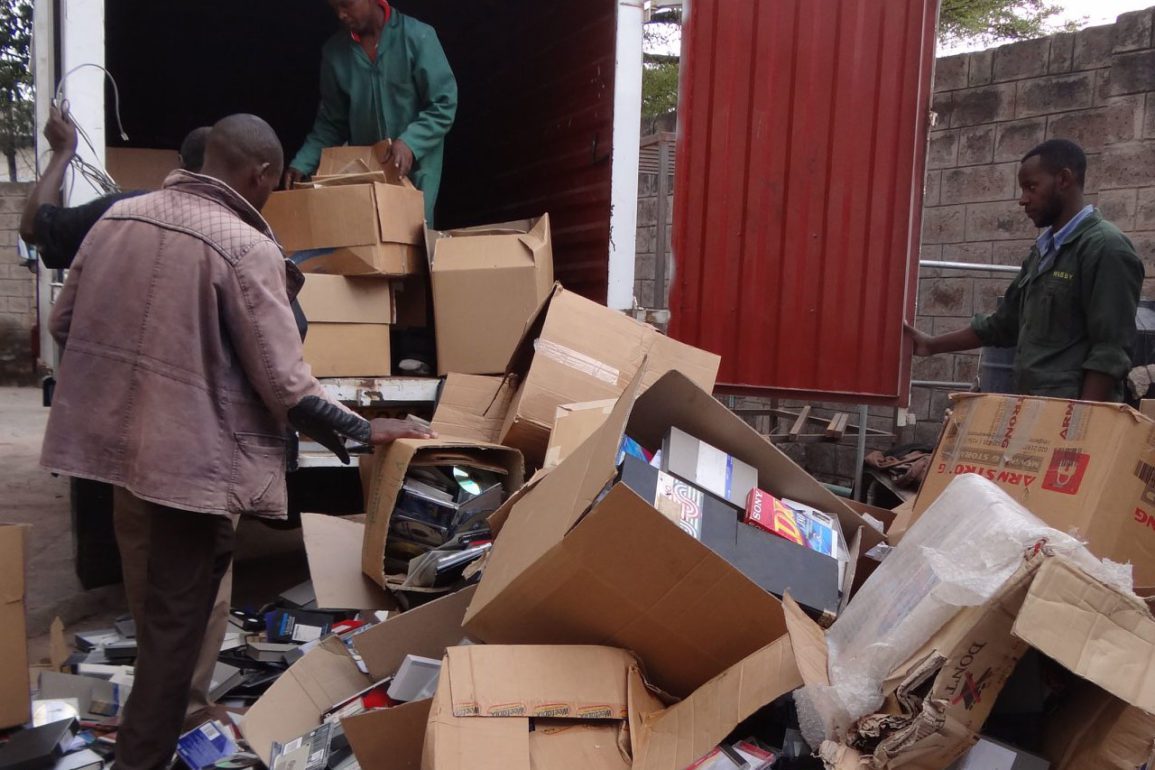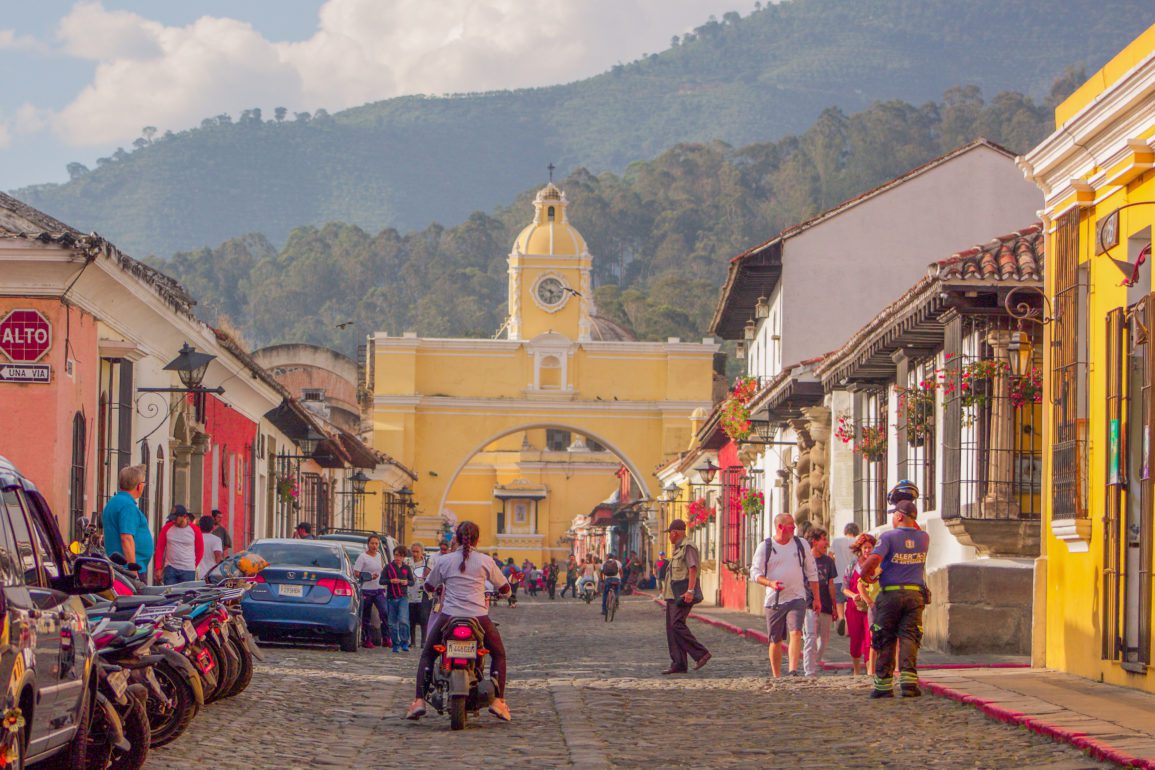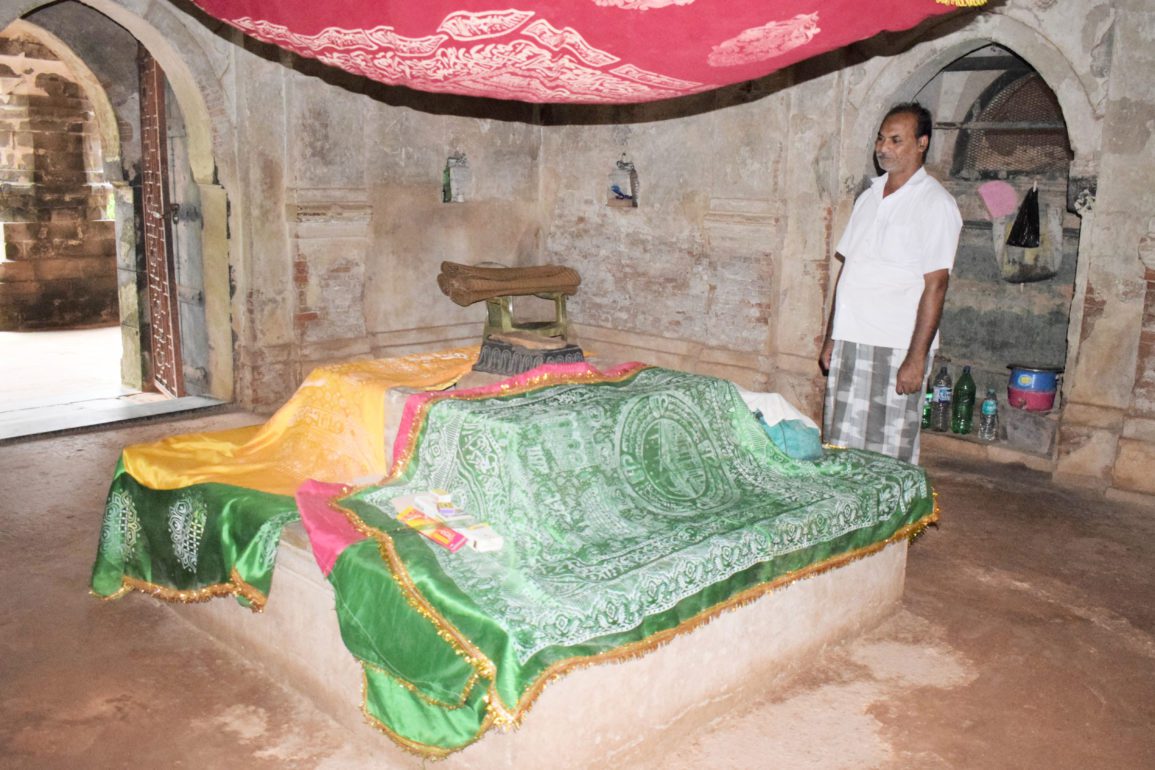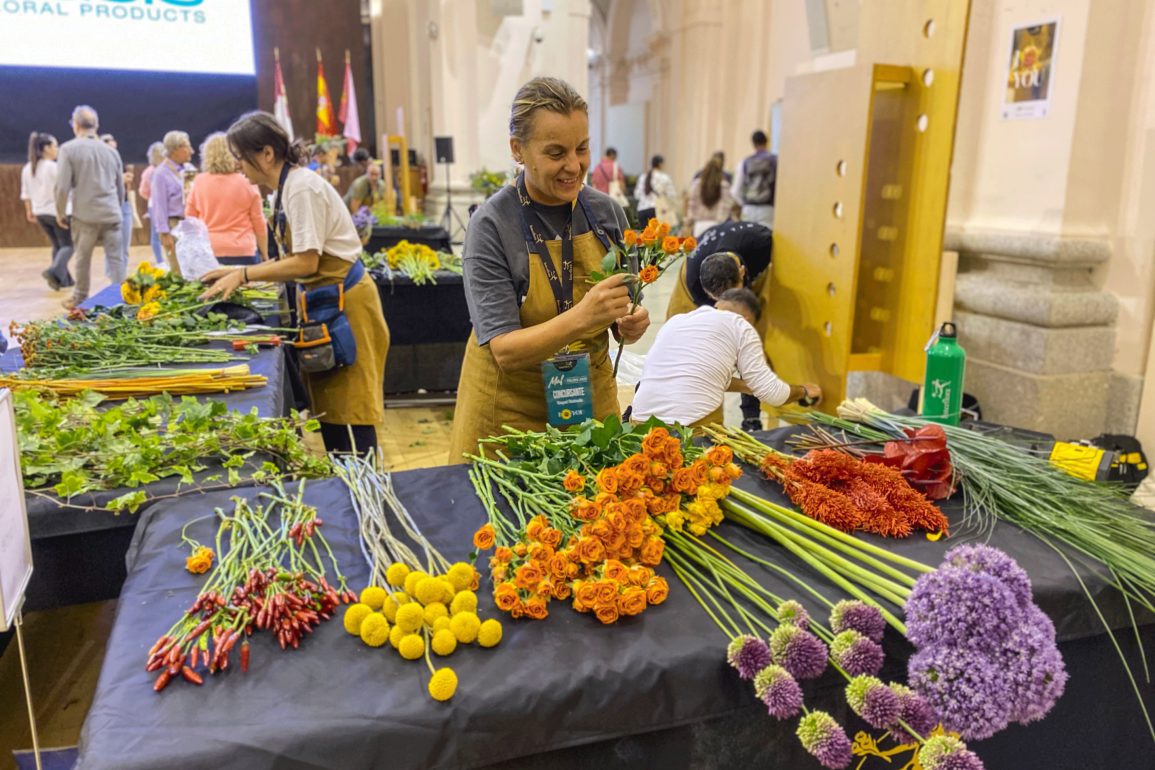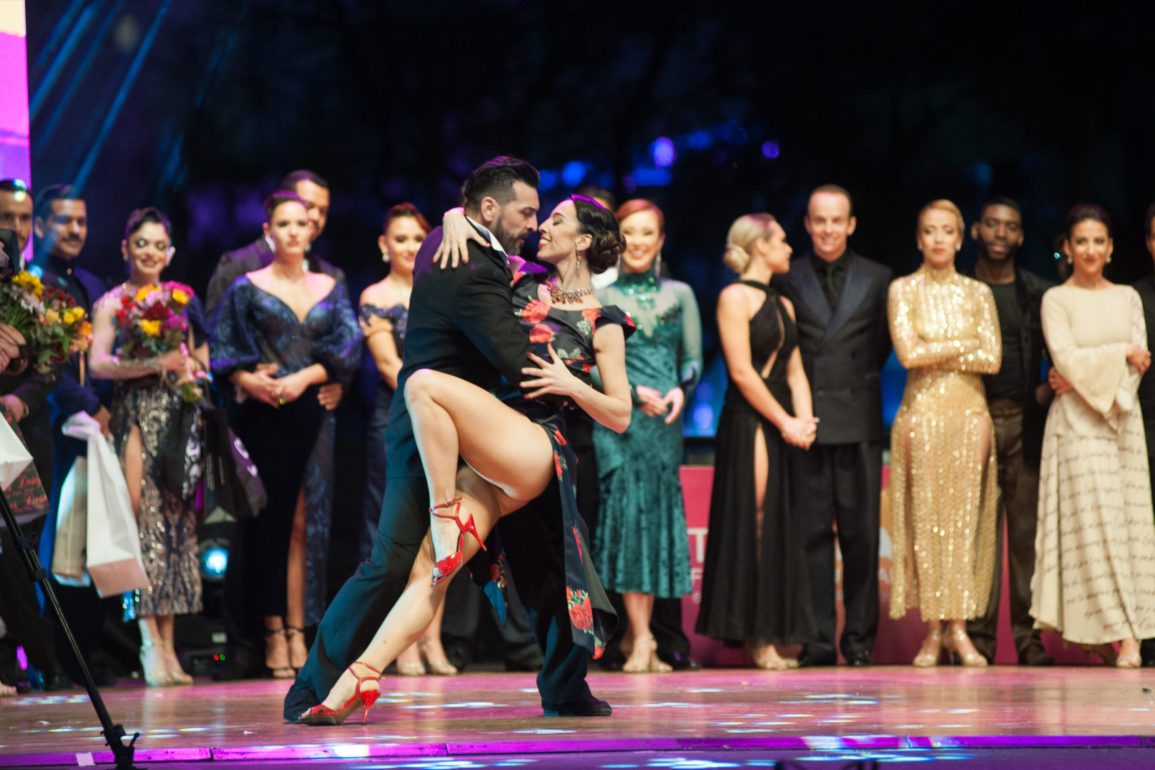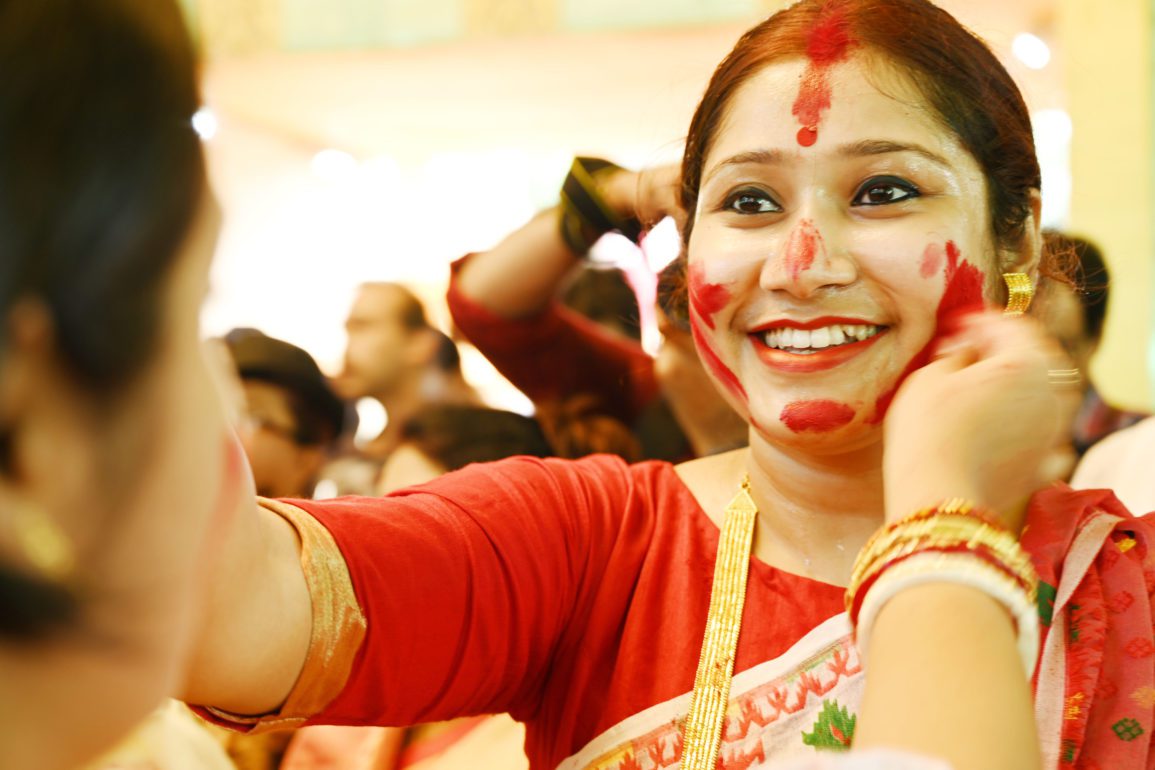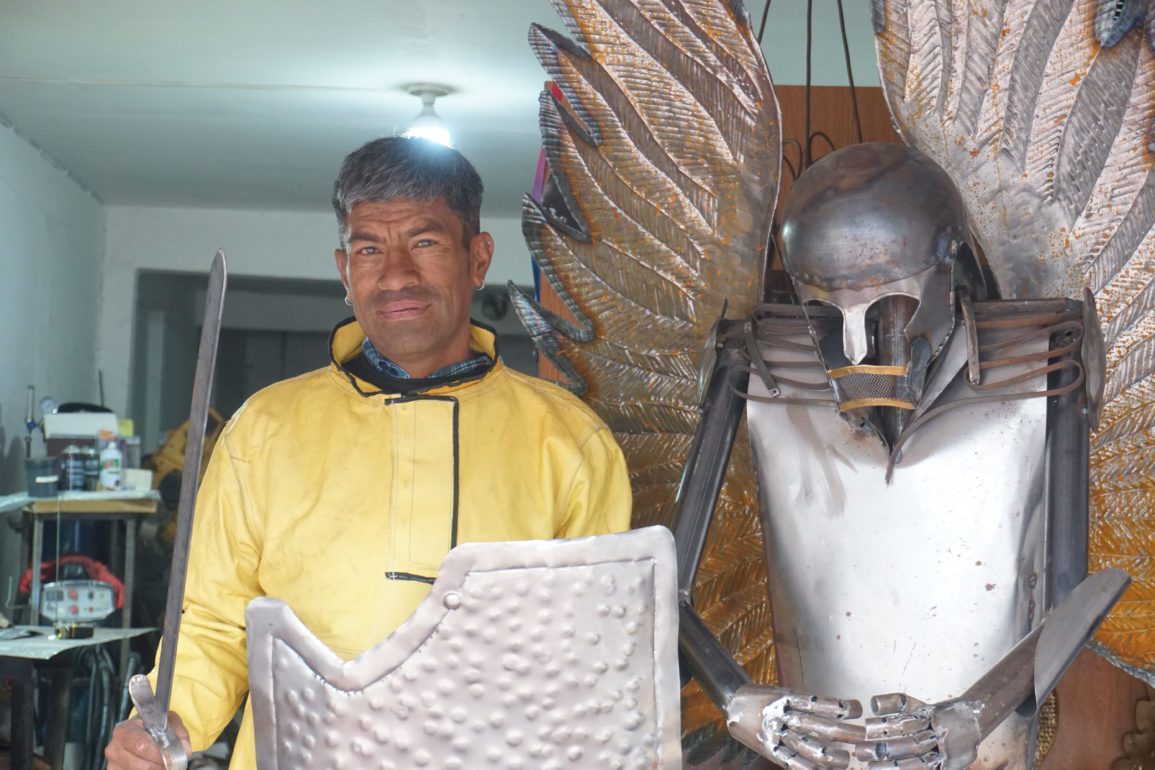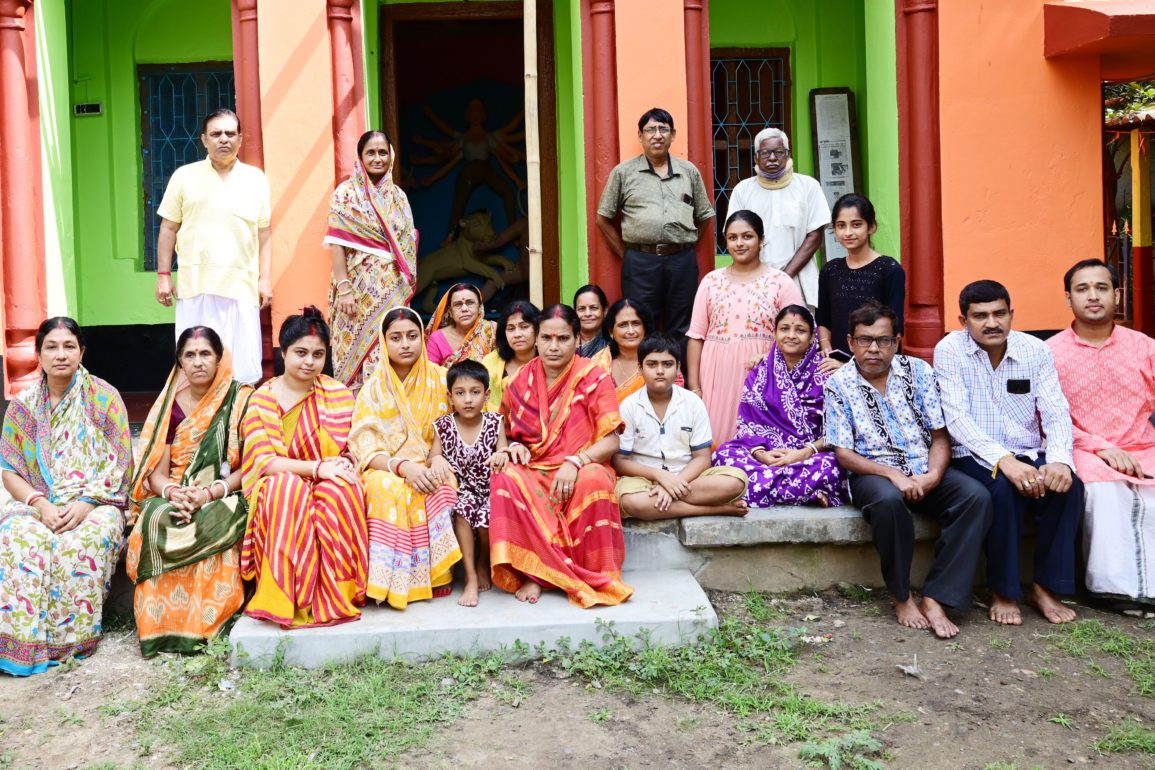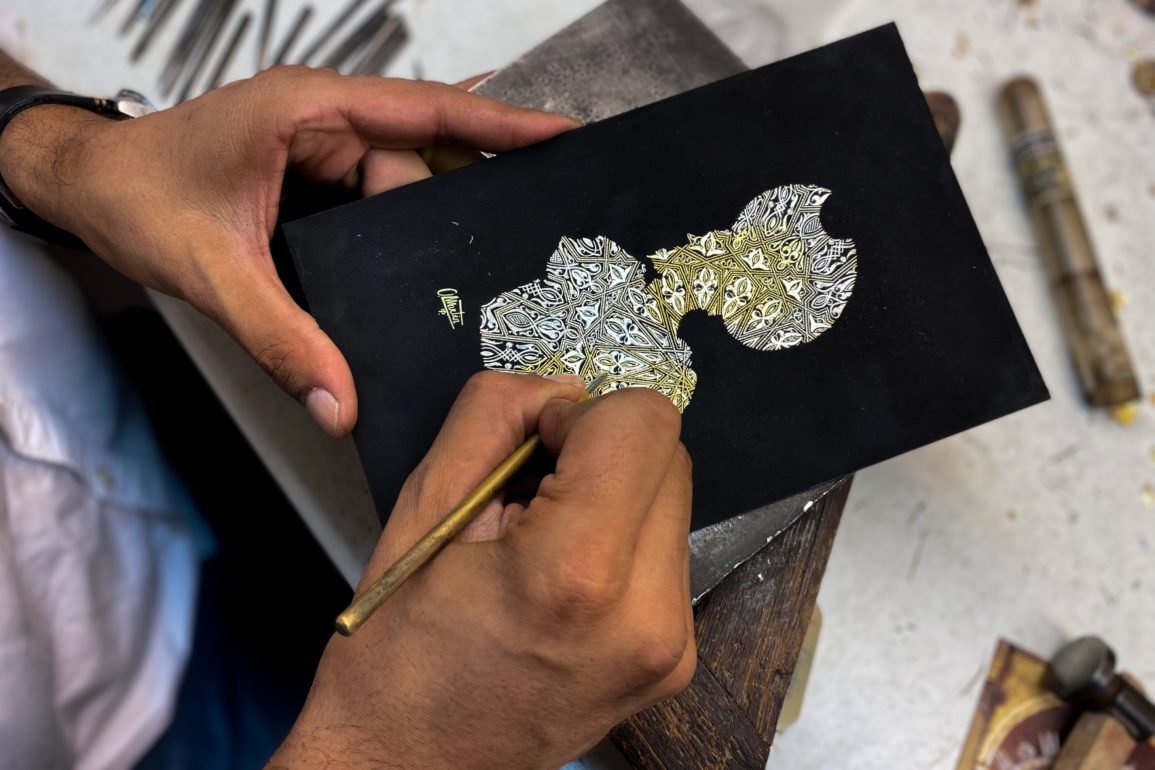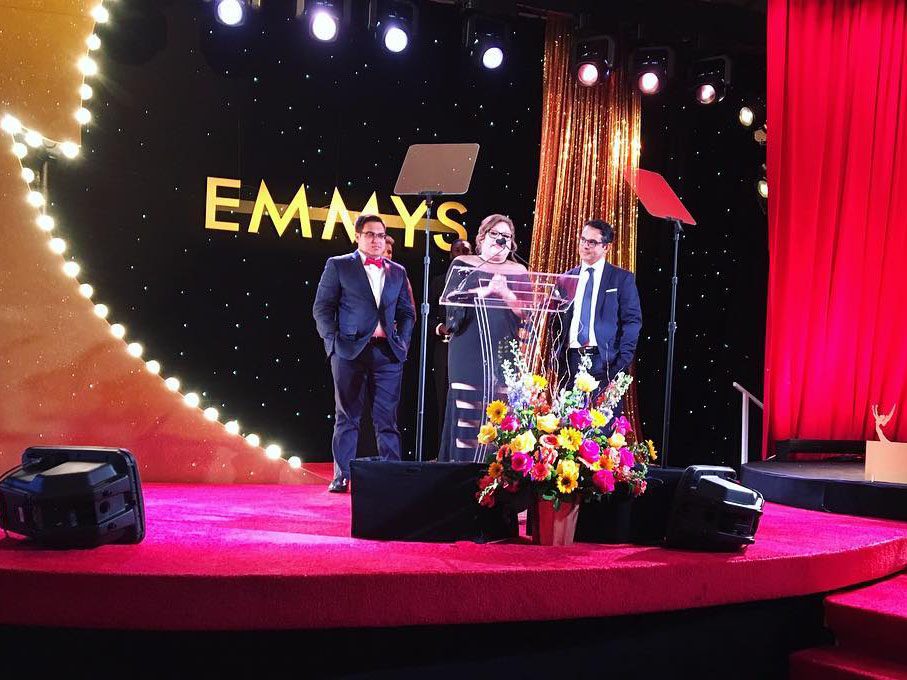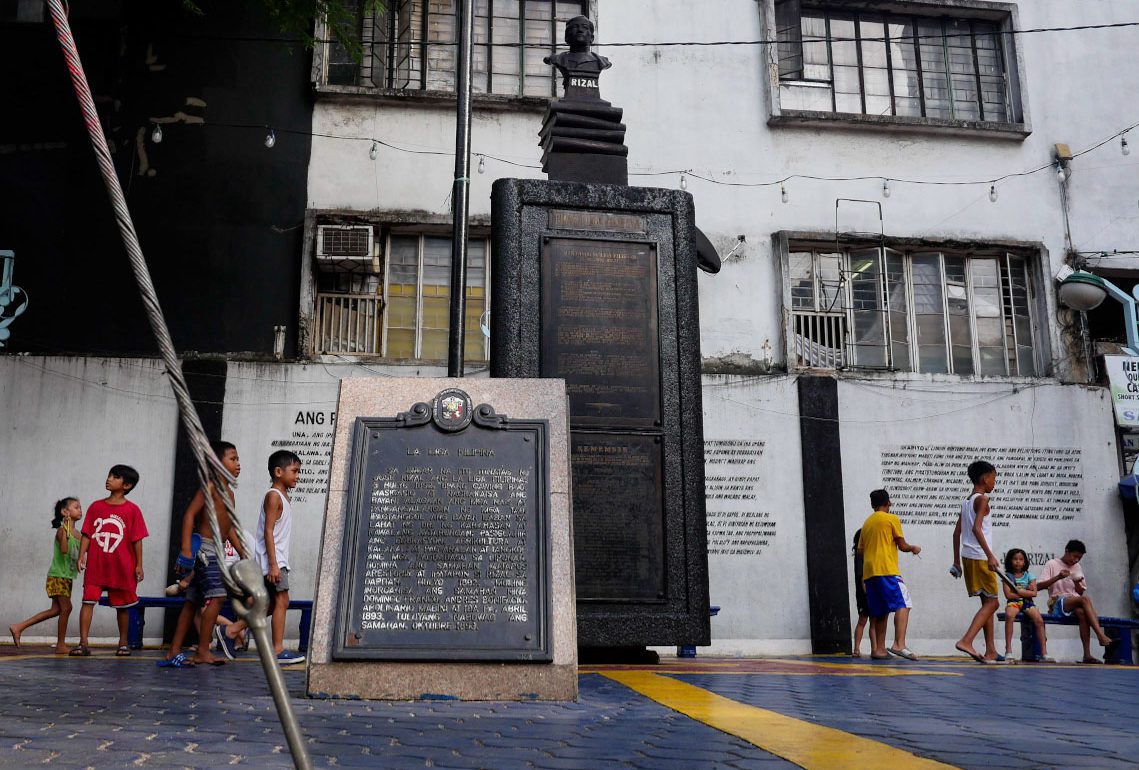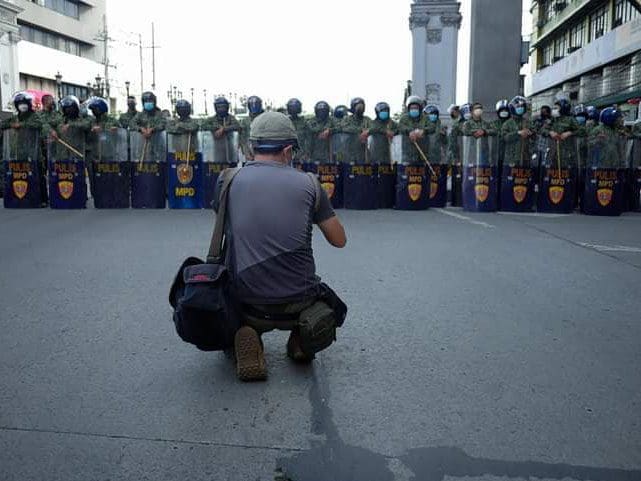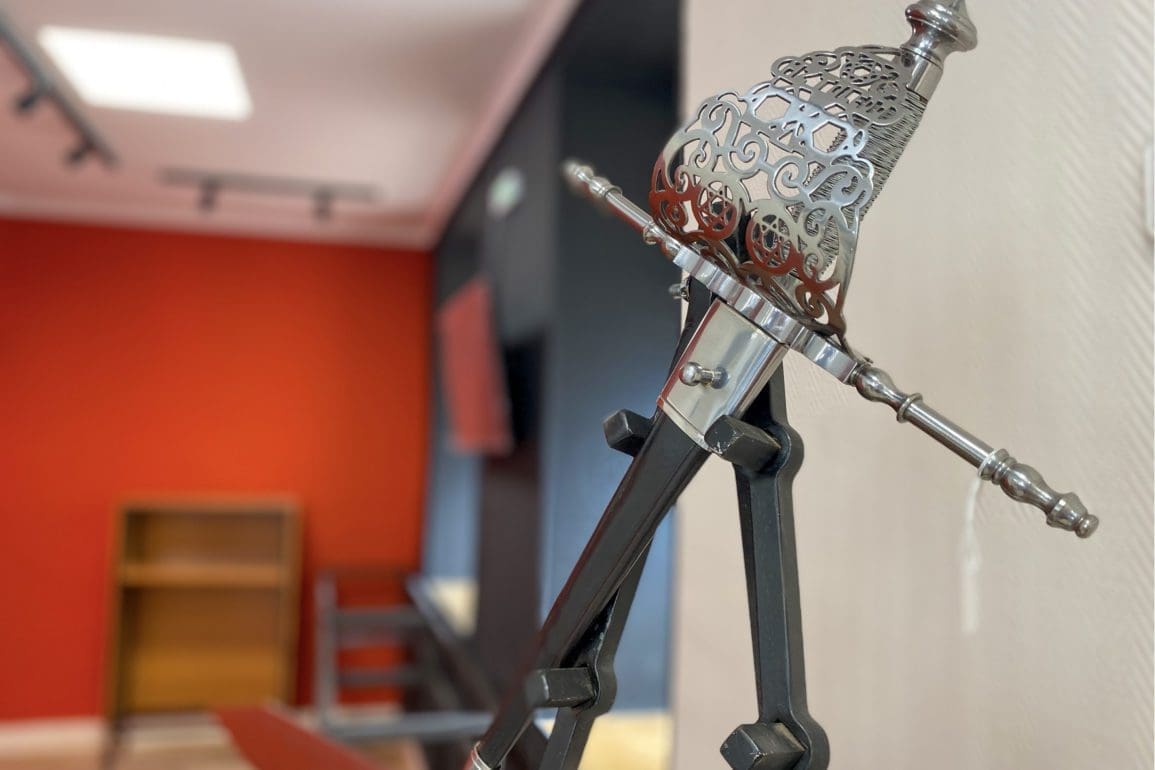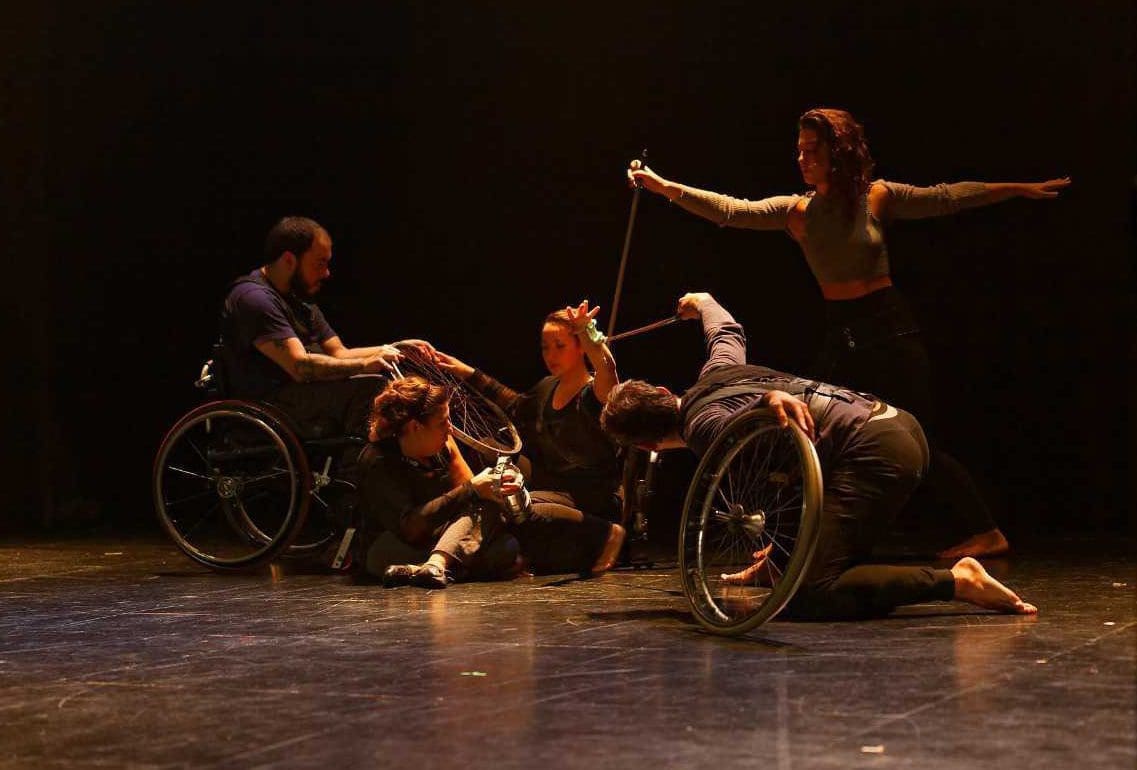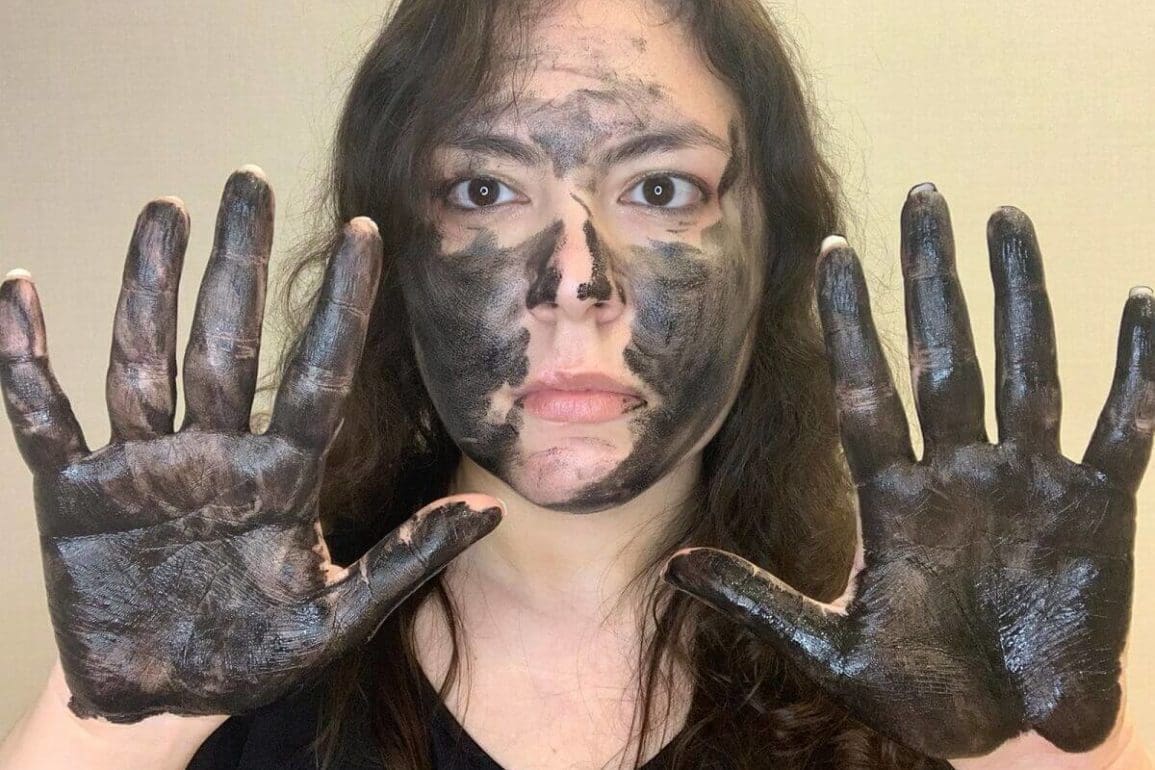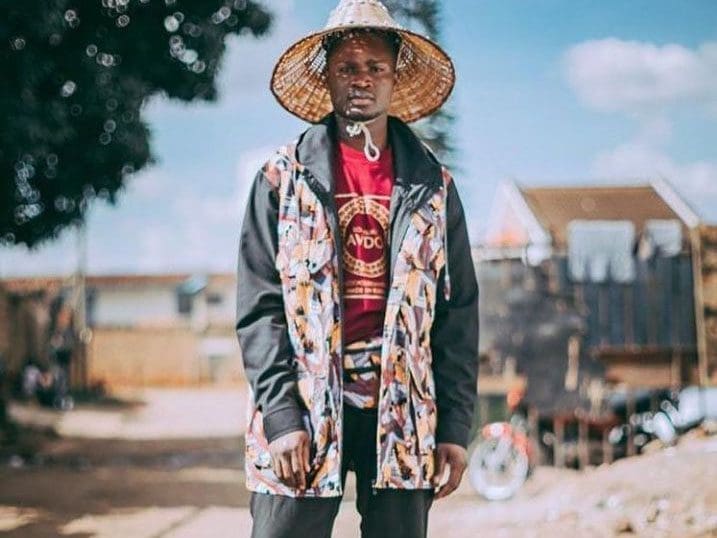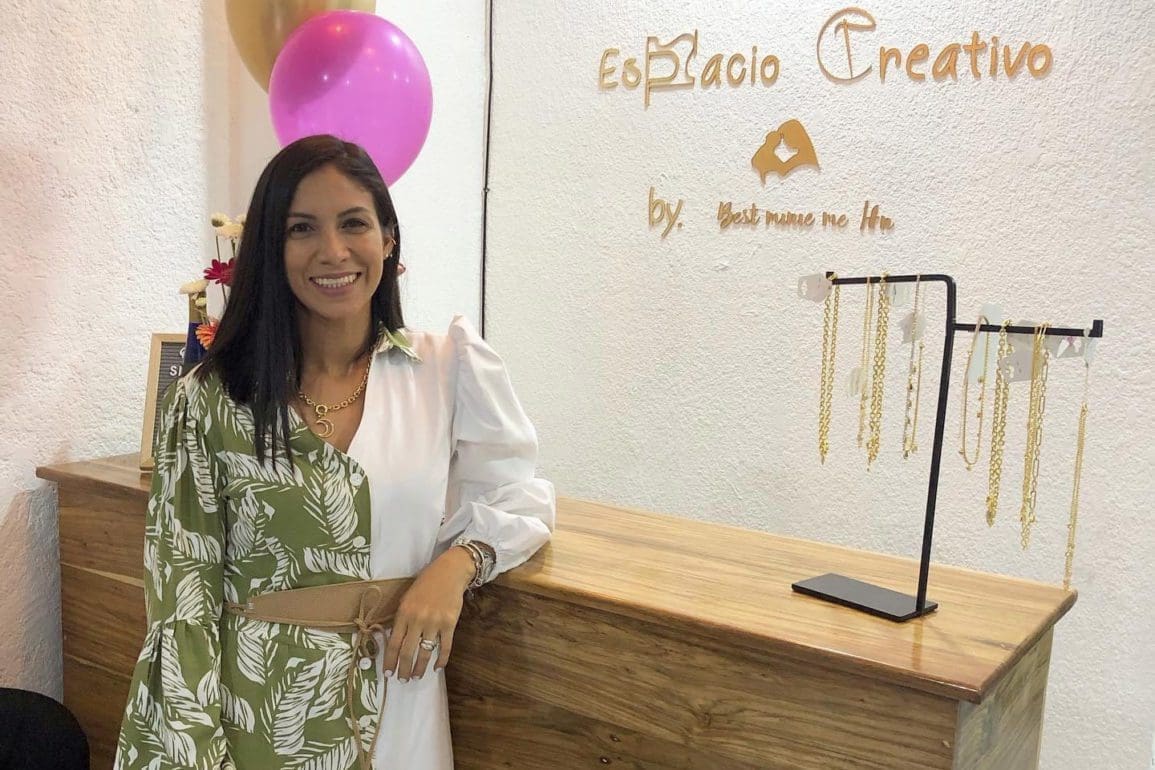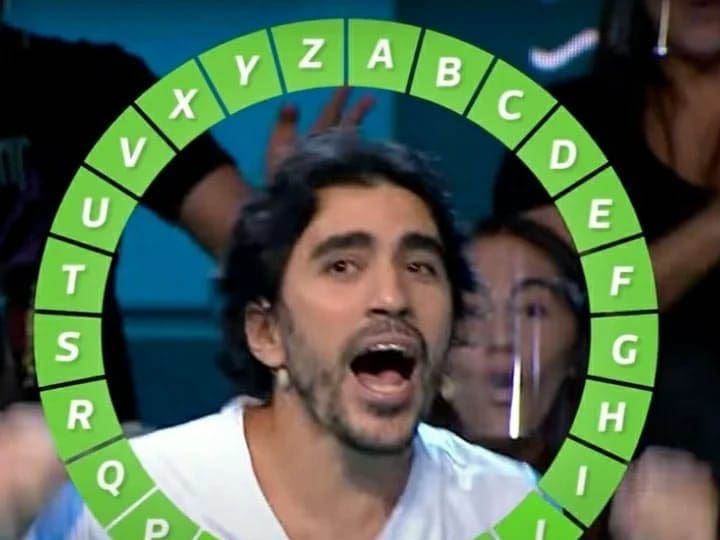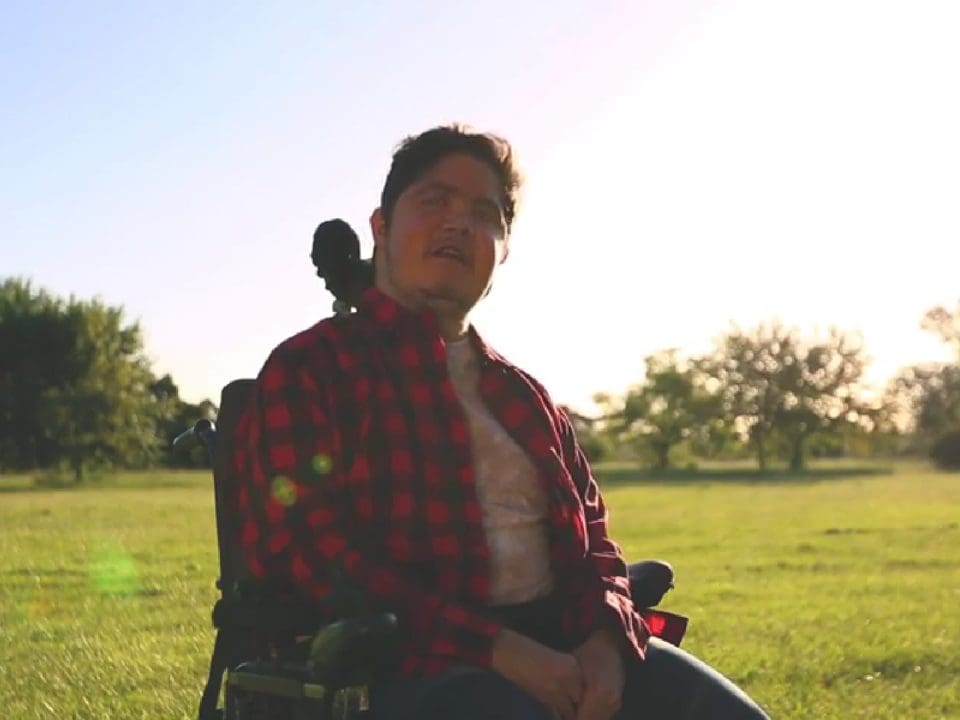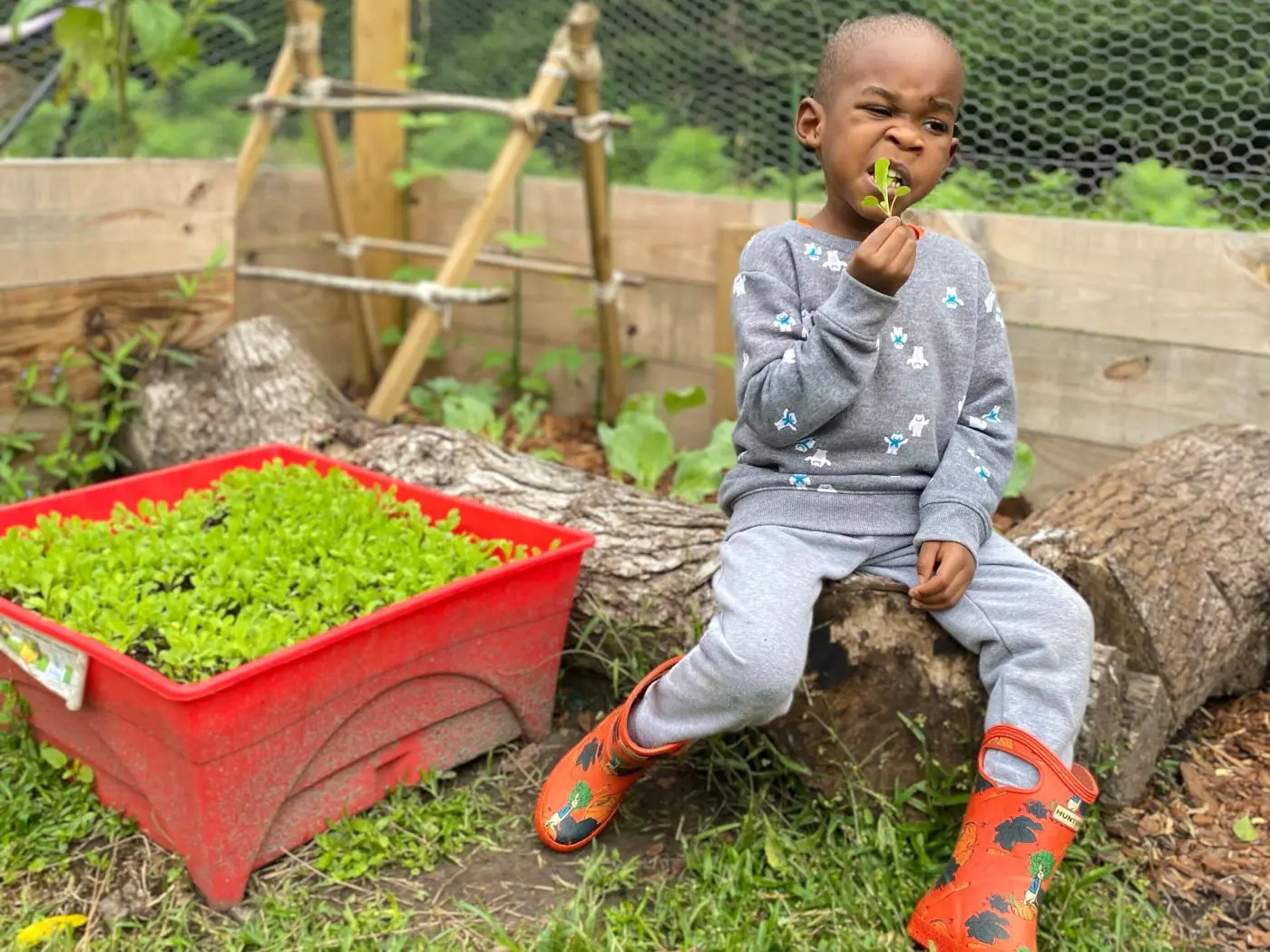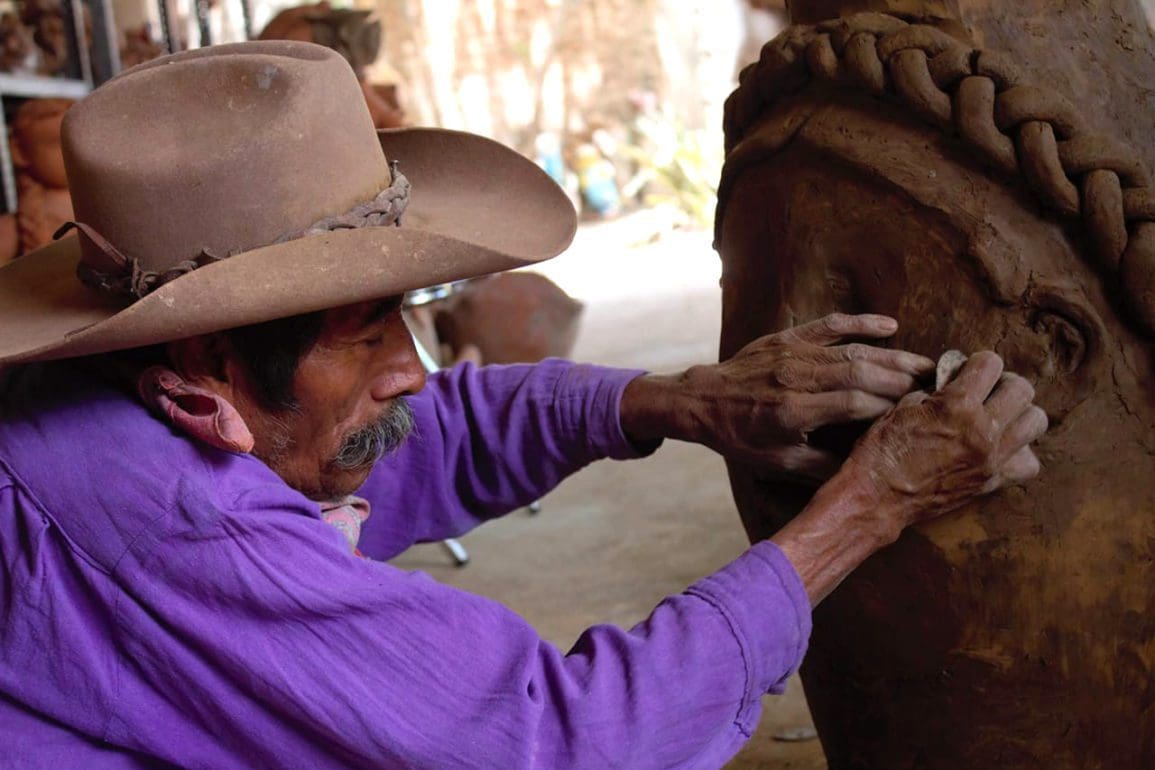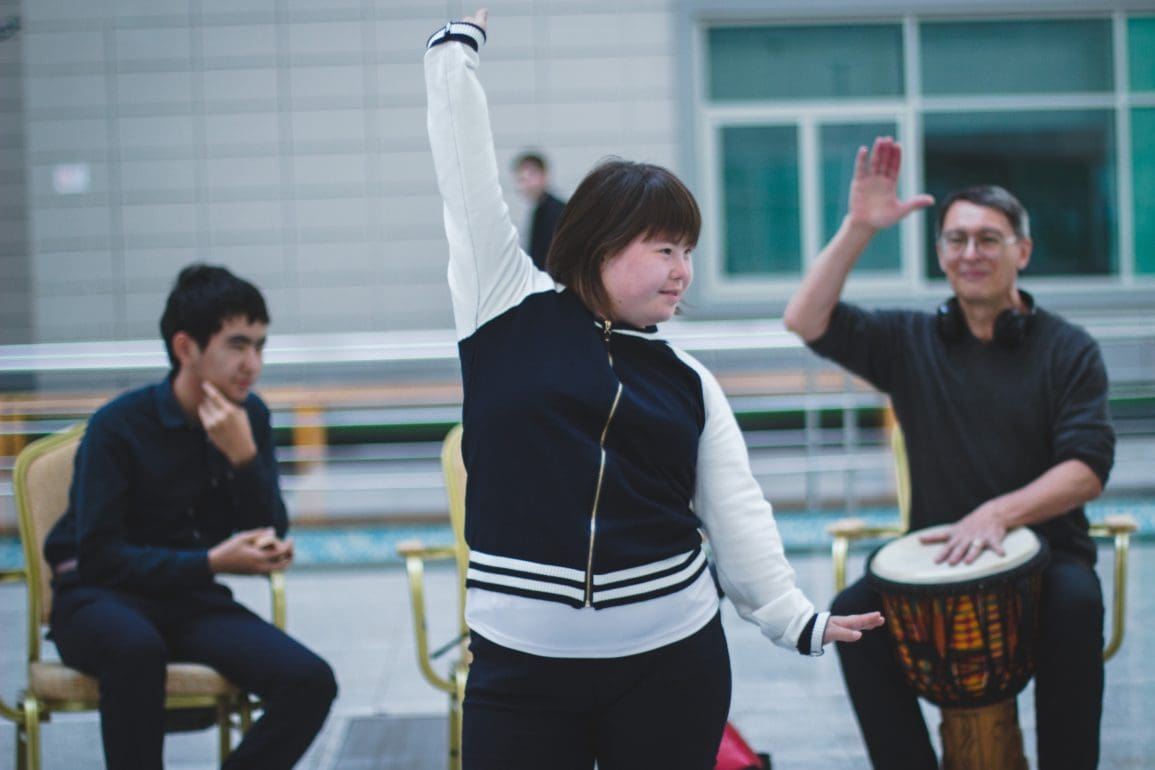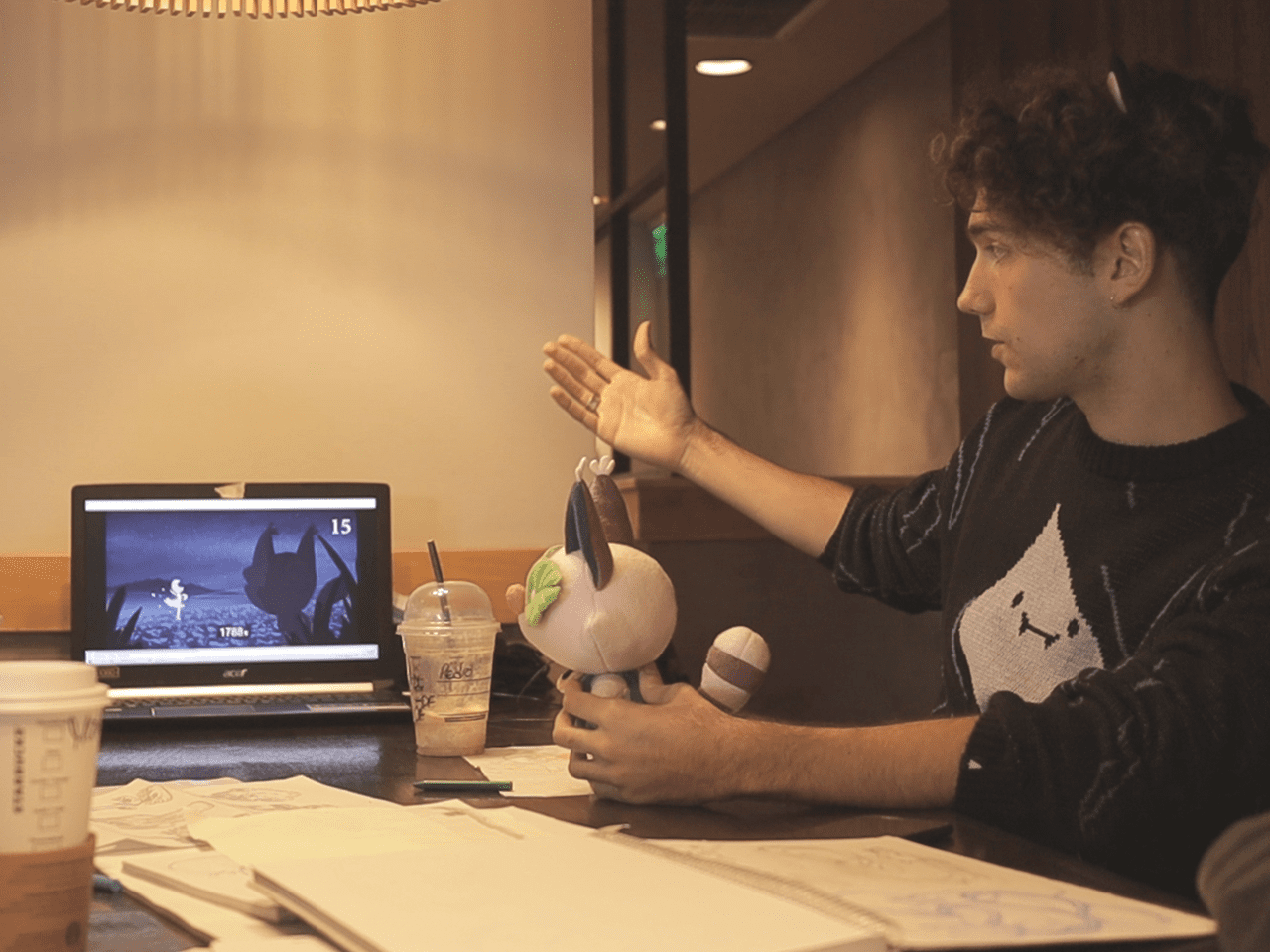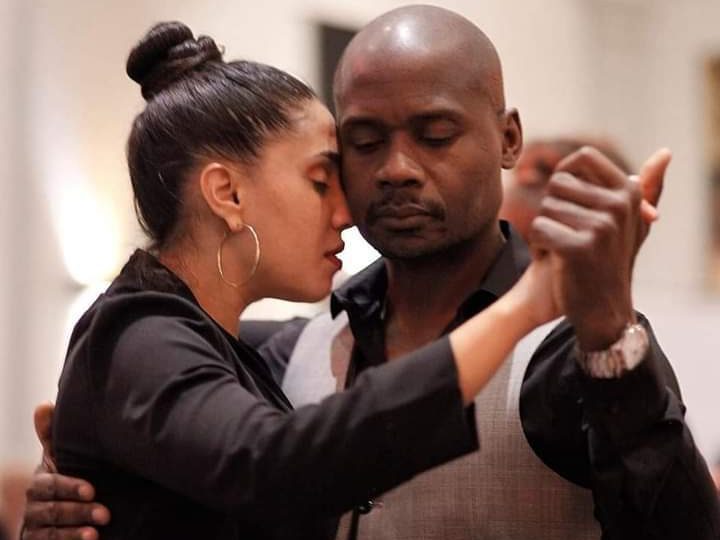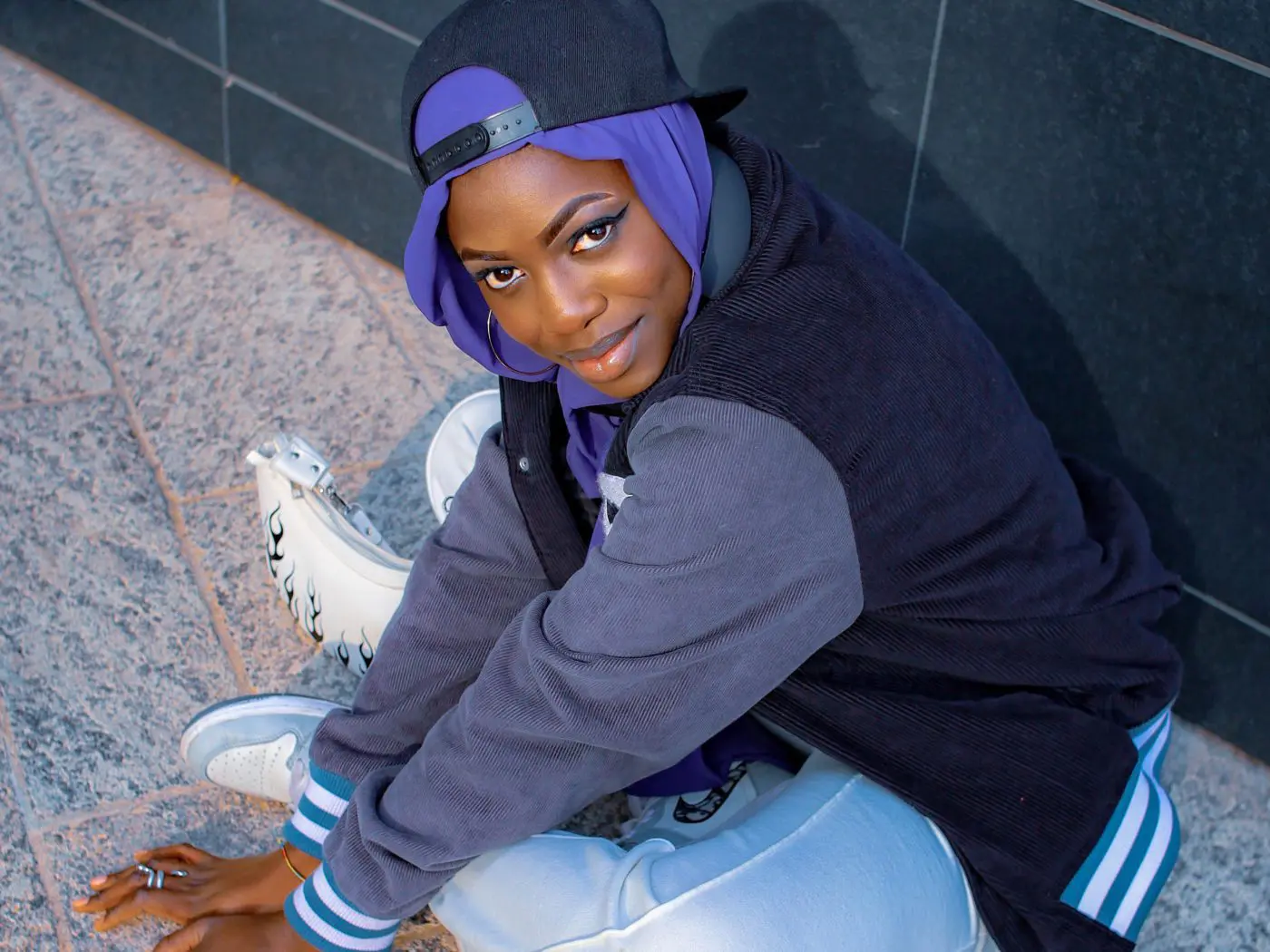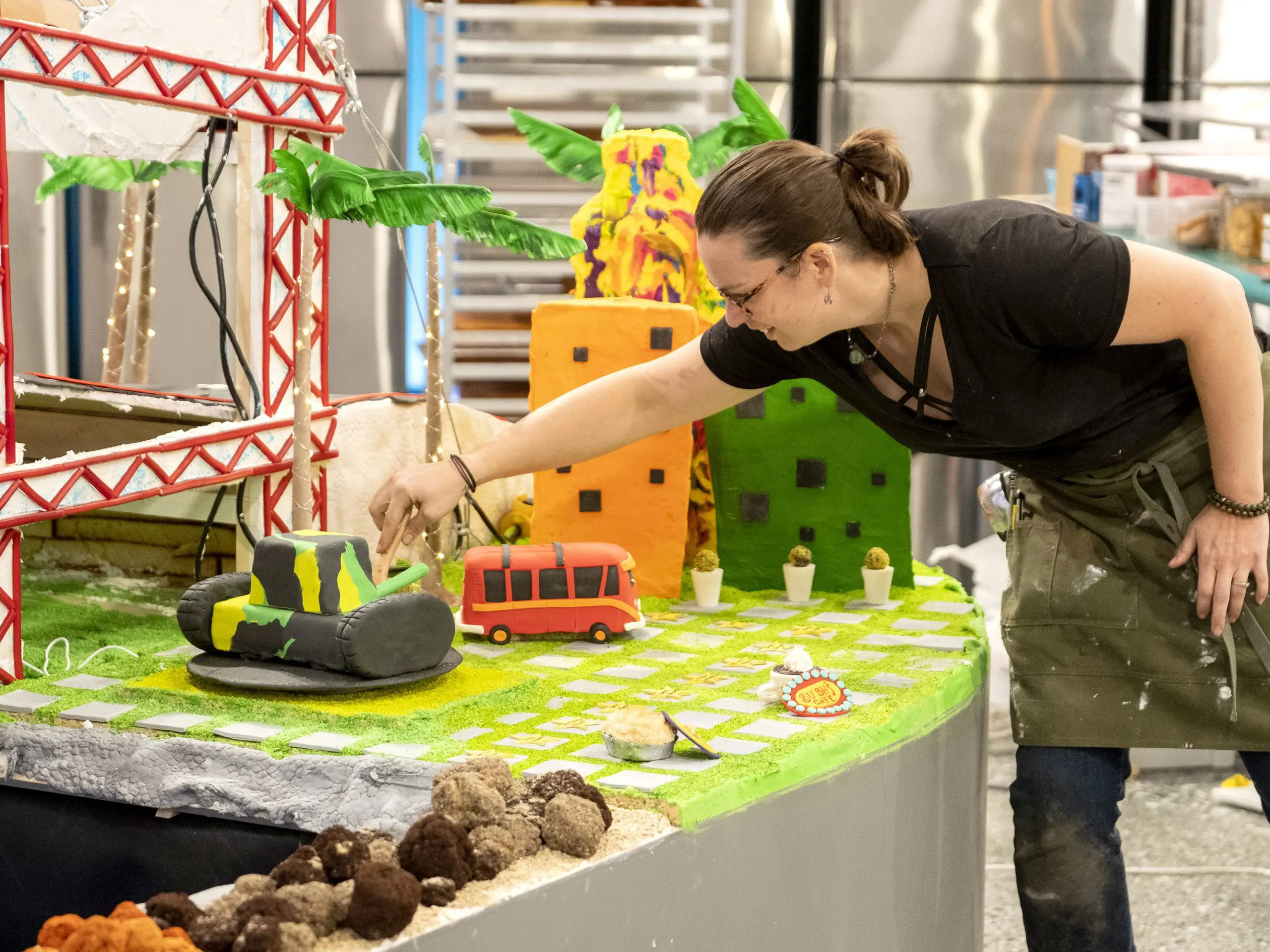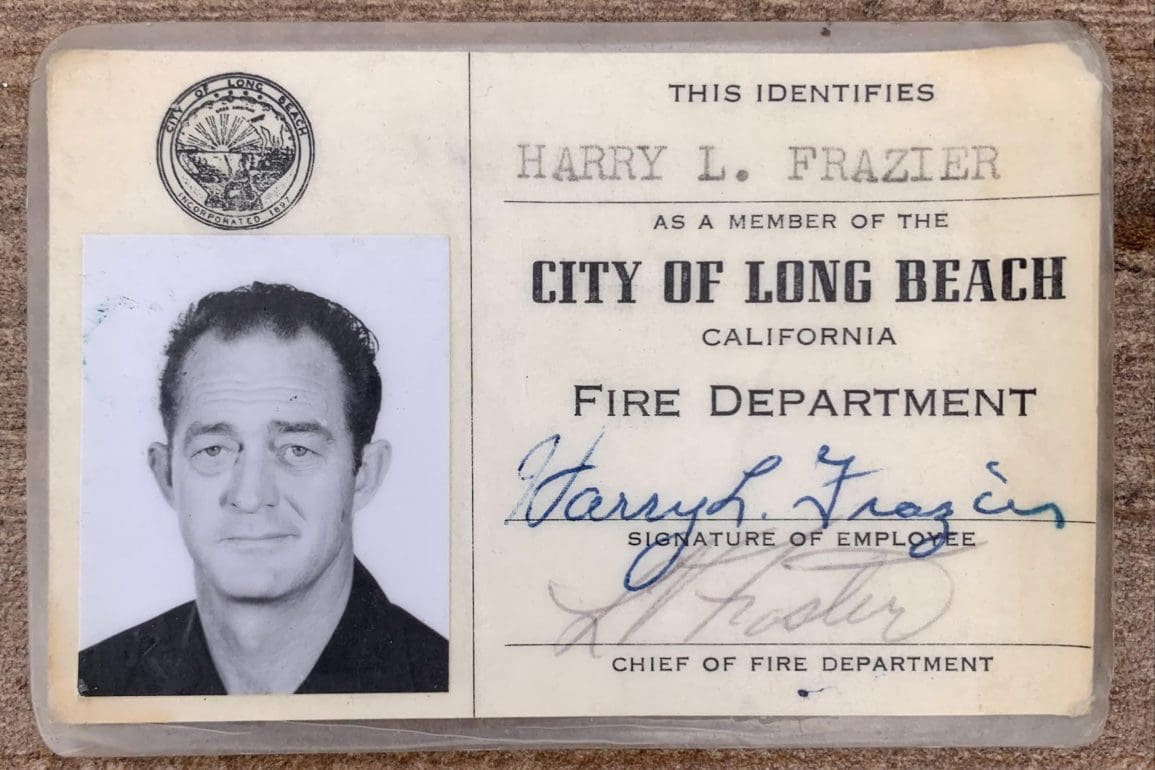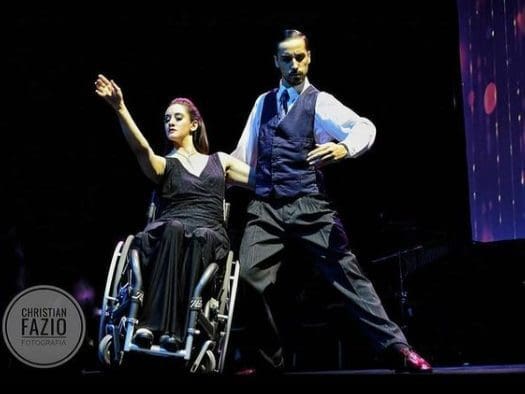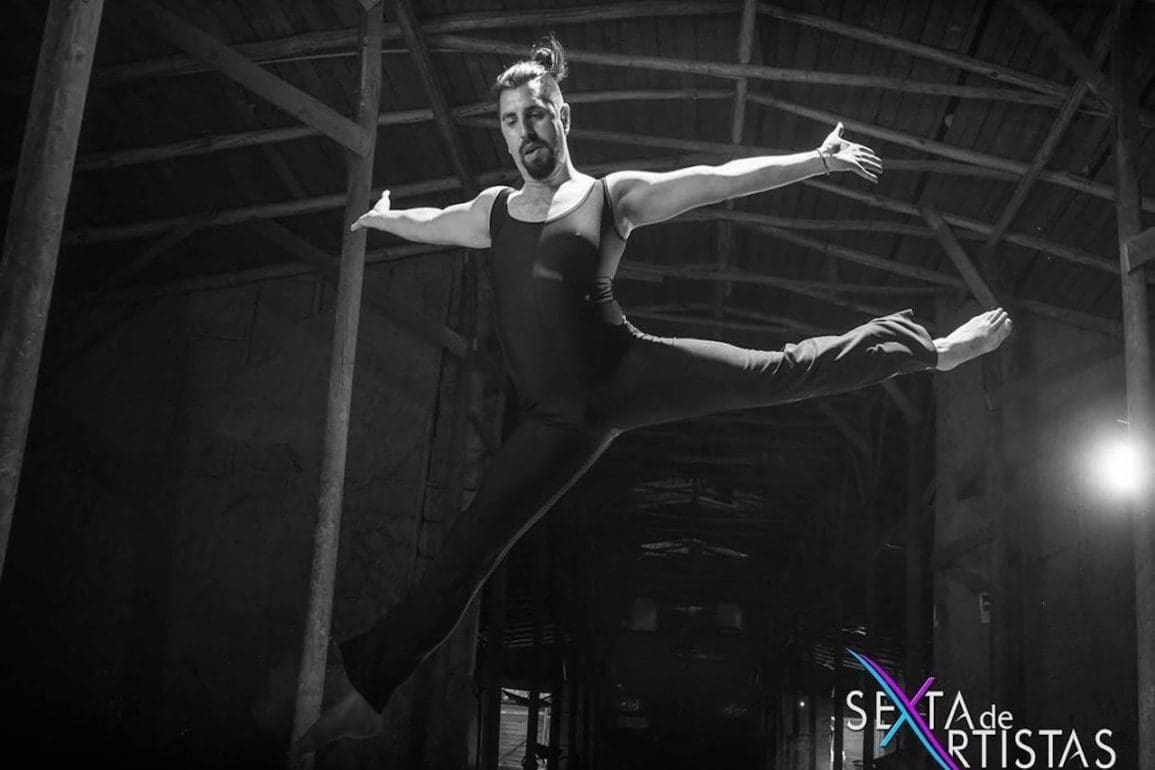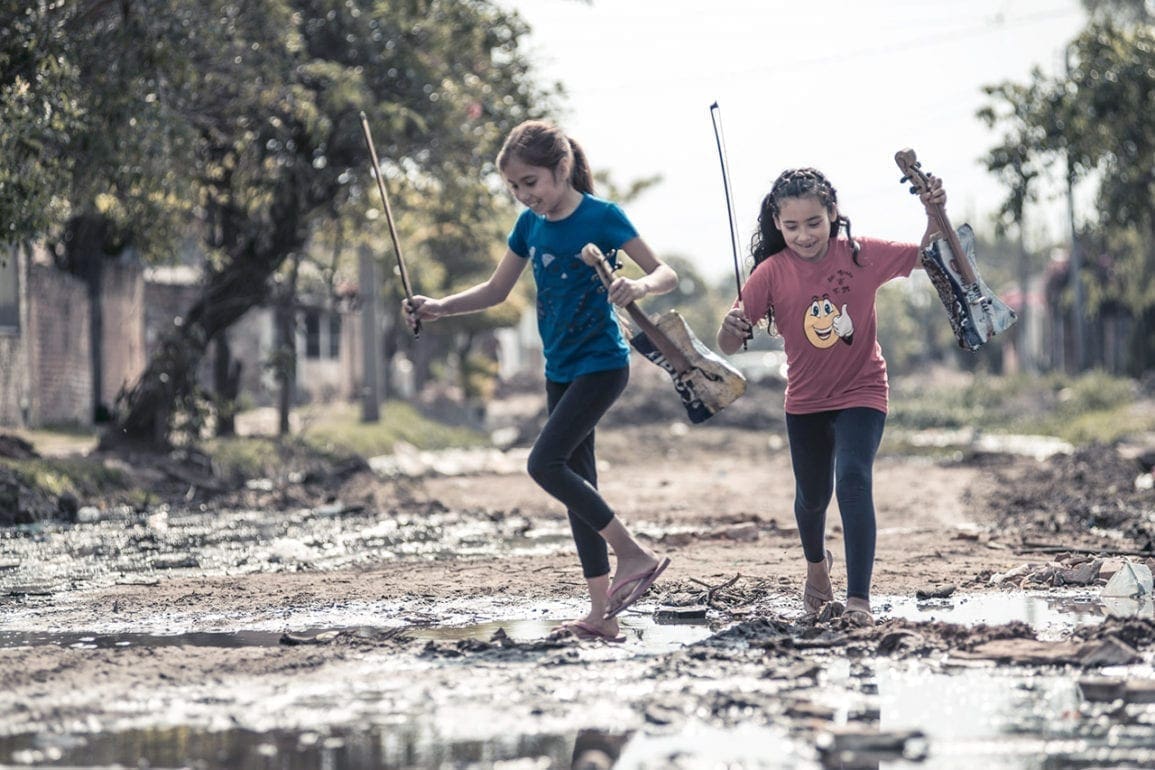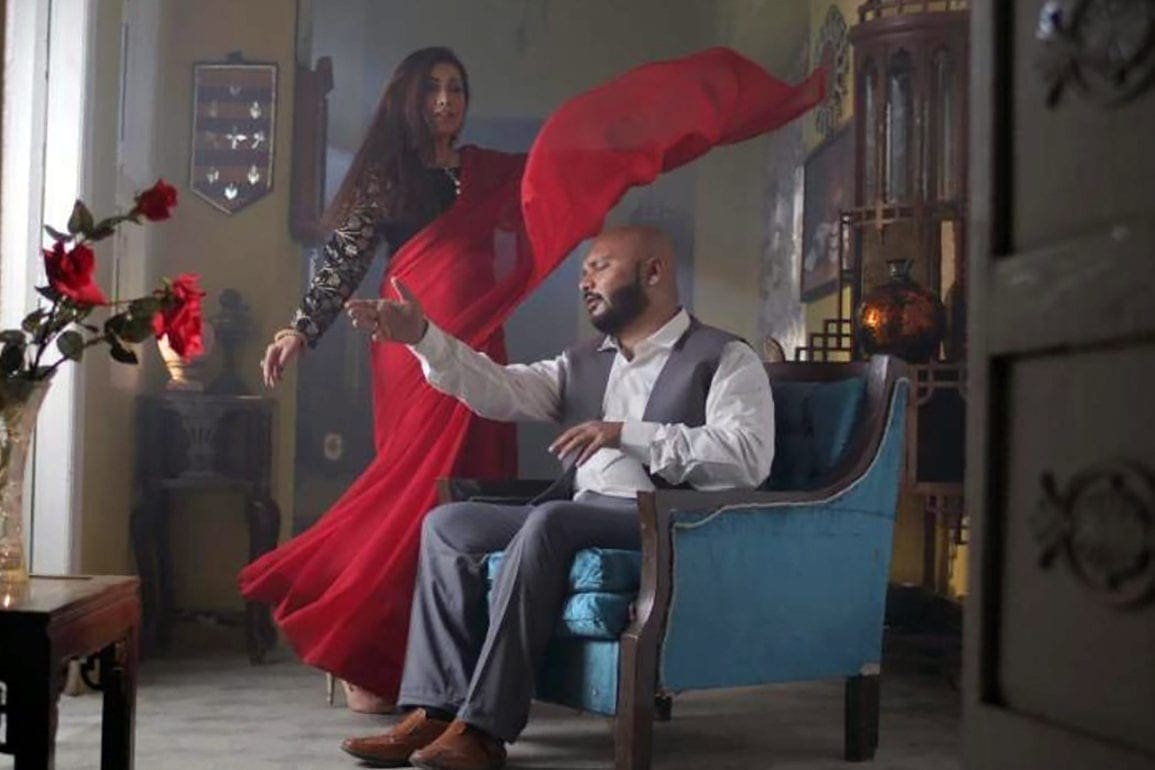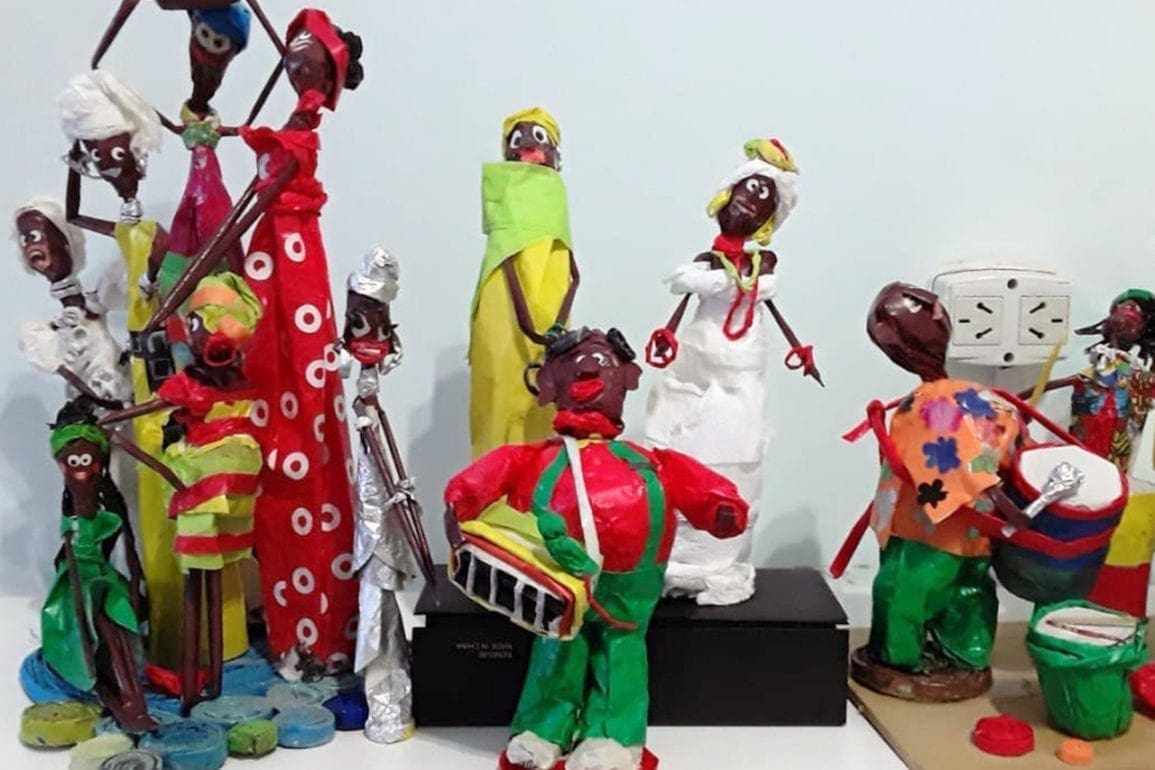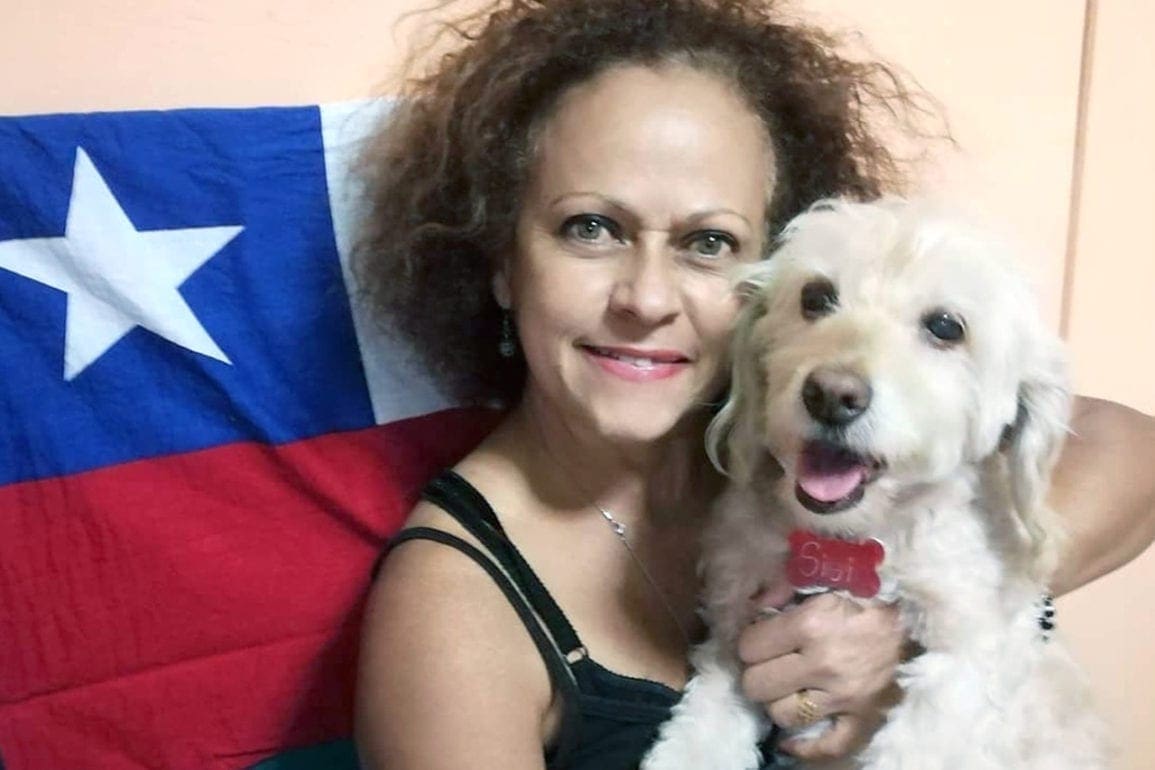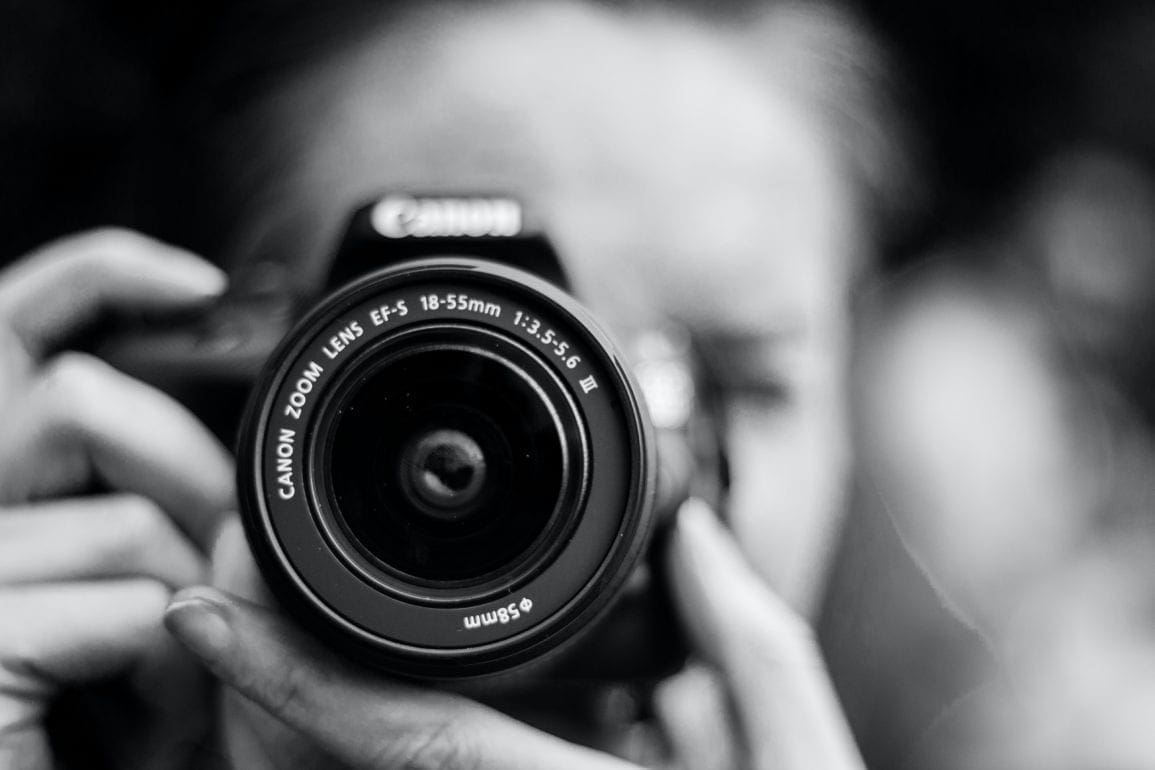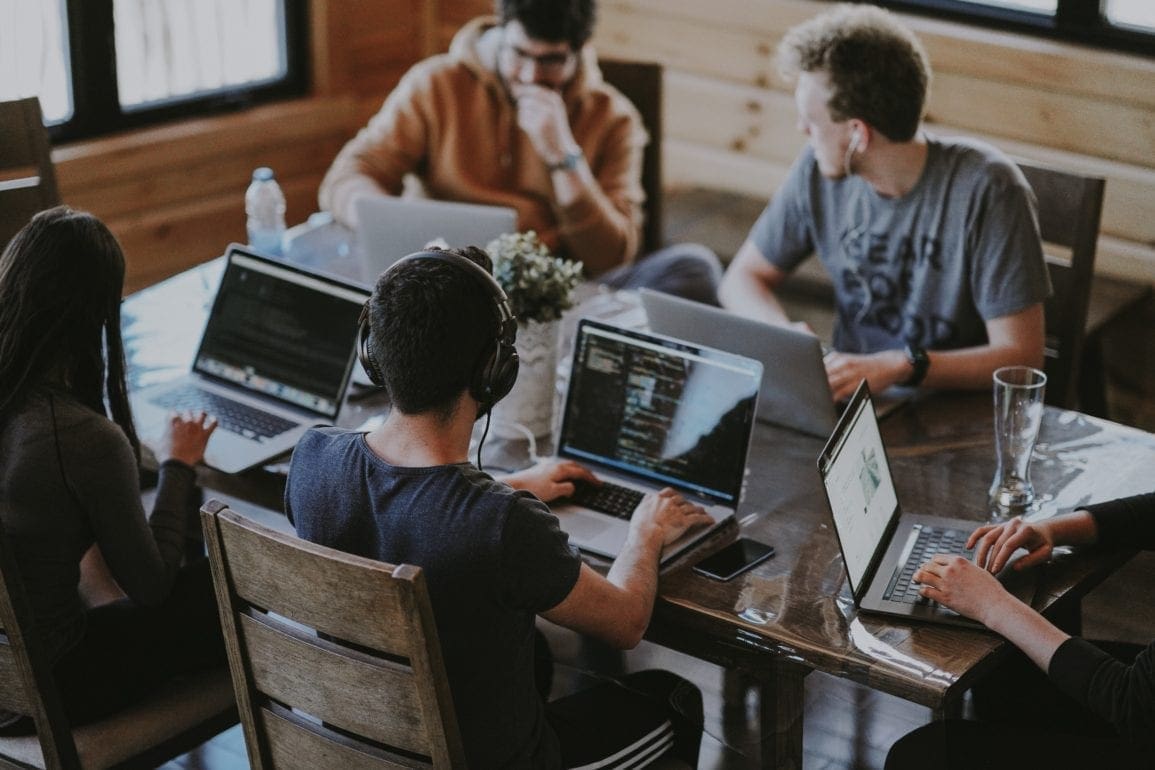Woman in Argentina takes up the violin, escapes a world of drugs and violence
Some of the blocks in my neighborhood resemble drug supermarkets. Colleagues and neighbors become ill from drugs. They live for it, getting skinnier as they stop eating. Consuming a cocktail of cocaine called La Alita, they rarely sleep. Projects like Los Benjaminos prove so beneficial to the young people here.
- 3 years ago
September 3, 2022
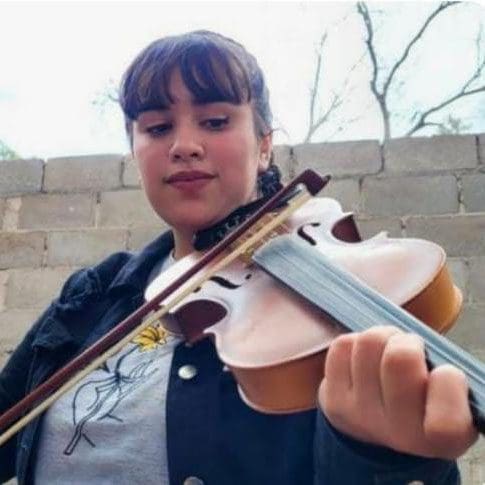
CÓRDOBA, Argentina — As a young girl, I watched musicians in expensive suits on TV playing the violin. I never thought I could play that instrument. I thought the violin existed for people of a higher class – for the rich.
One day, I went to get groceries in my neighborhood. On my way home, I walked by the Los Benjaminos orchestra group practicing on the sidewalk. I had seen them once when they played Christmas carols on a local TV channel, but they did not capture my attention. When I came back out, Tuti – a boy I’ve known all my life and one of the first to join the orchestra – invited me to be a part of it.
He asked me, “Paloma, do you like the violin?” I didn’t know if I liked it; I had never thought about it. I answered, “Yes.” That same afternoon, I had my first meeting where they explained how everything worked. They would give me a violin which, from that moment on, would be mine. They would also give me classes for free. At 12 years old, I did not yet know this moment would change my life.
The pain of growing up and playing the violin
In Villa La Tela, where I have always lived, the streets were made of dirt. Rainy days proved good and bad. On the bright side, we could have mud wars. Alternatively, if you needed to go somewhere, it proved impossible not to get dirty. Three years ago, they put cobblestones in. It made me so happy, I wanted to take pictures of the ground.
In the neighborhood square, there were few games: just a couple of hammocks and a seesaw. Mostly, I played football, and I loved it. We had a little field without grass, full of stones where we played. Besides that, I studied at school. I did not hang out with anyone, and my peers often considered me antisocial. That was my shield, to protect me from people so they could not hurt me.
The violin changed me. I created a new identity: a violinist and a musician. I believed playing the violin was meant to be. Though I had never thought about it, once I found the instrument, I felt something unlike anything I ever felt before.
The first small violin they gave me sounded ugly. It screeched and made my shoulder hurt. When learning to play the violin, the practice causes soreness in your fingers and neck. You support the violin with your shoulder and hand, and when people need to, they put a little pillow or sponge on their shoulder because the rigid wood hurts. I knew none of this.
Beyond the pain, I remember the sound on that first day with my violin. The sound of the strings impressed me. The strings vibrate with a sound that comes from the soul of the violin. The F’s are the windows of the sound box.
The harsh reality of growing up in Cordoba
Sometimes, I think about what would have happened to me if I hadn’t met Los Benjaminos and started playing the violin as a little girl. Before that, I imagined becoming a policewoman or a soldier. I don’t know why; I just knew I needed to study, finish high school, and be someone. It’s the advice my parents always gave me: without studies, you are nobody. You need it to make your way.
In the village, as children, we did not realize many things. Witnessing situations such as verbal violence and beatings became normal. I saw drugs, prostitution, and robberies. When I would leave the neighborhood and meet people from other backgrounds, I immediately noticed the difference.
Some of the blocks in my neighborhood resemble drug supermarkets. Colleagues and neighbors become ill from drugs. They live for it, getting skinnier as they stop eating. Consuming a cocktail of cocaine called La Alita, they rarely sleep.
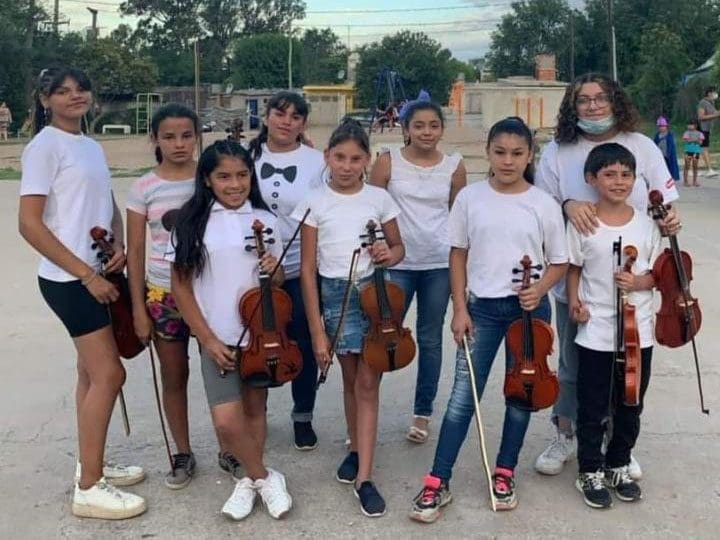
Projects like Los Benjaminos prove so beneficial to the young people here. El Pollo Díaz, the founder of the civil association, says the projects give people opportunities; they help you to see you can be someone else and not what the neighborhood dictates. So many people in this place feel like they wear a label. It says, “You’re no good, or you’re only good enough for certain jobs.”
Leaving prejudices behind and being my best version
I remember when I started my work with the orchestra, I heard the father of a fellow musician say, “My children are stupid, they’re not going to learn.” The outside perspective of people in my village even influences our own neighbors – as if we must be exactly what they think about us.
As girl, I didn’t like going to the center of Córdoba, a meeting place of cultures. I had the best sneakers I could have, but I judged myself for not having something as nice as the others did. It’s not that people told me anything; I had my own prejudices. I have stopped thinking about those things today. I dress my best and I work hard.
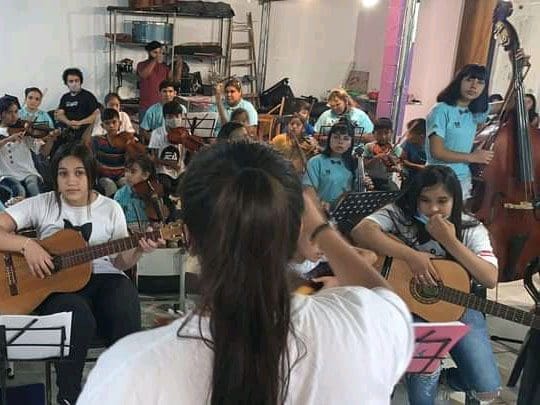
My dad always wanted me to be an artist. He likes folklore, and sometimes, I play chacareras for him. I play the Titanic song for my mom. She used to cry every time I played it for her. The violin elicits feelings in people. Music is expression.
Quite a few times, people told me they get excited when they see me play. I did not understand that until a girl told me, maybe others see, through me, the possibility of growth. If I could change my life, so can others.




